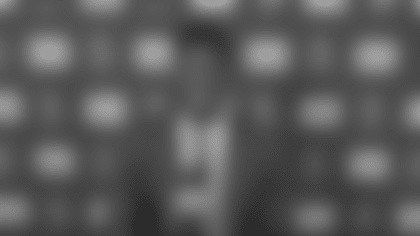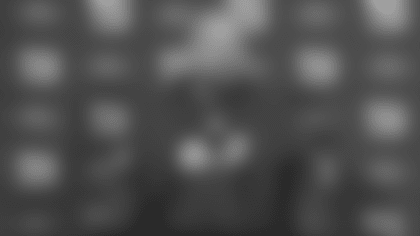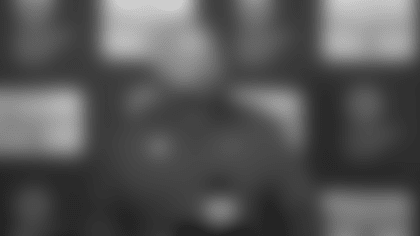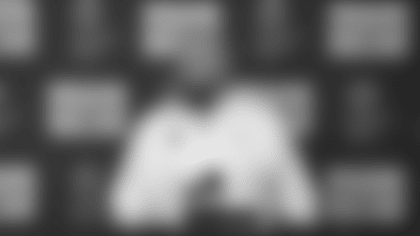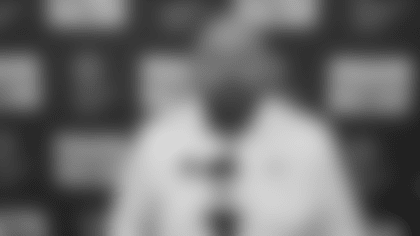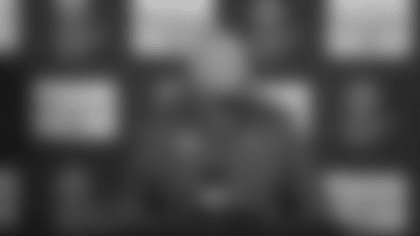Head Coach Joe Judge
Opening Statement: So, today's Wednesday. We'll start our official prep on the Saints today going forward. We changed up the format today a little bit. It was pre-planned last week in terms of being on the back end of a four-game stretch going into two road games, so we're going to work a little bit differently in terms of splitting up the day today and working on early downs. Simulate Wednesday in the morning, come back in the afternoon to simulate a Thursday. This is very similar to what we did last week against Washington, getting ready for the Thursday game, so kind of putting a lot into one day, giving them a chance to get a jump start and then we'll go ahead and push on through some on-the-field higher speed prep on Thursday, then Friday practice being Friday practice.
When you talk about the Saints, I think the biggest thing that jumps out in all phases is (they're) aggressive and it starts up top with (Saints Head Coach) Sean (Payton). He does a tremendous job with the offense as far creating matchups, getting the run game going, being very creative with his players. Obviously, (Saints Running Back Alvin) Kamara is a guy you've got to account for. This guy is one of the top players in the league. He's a guy that jumps out at you all the time – receiver, runner, screens, whatever it may be. This guy with the ball in his hands is an absolute weapon. We've got to make sure we account for him in everything that we do because of everything that they do with him. They use a number of personnel groups, so whether it's (Saints Quarterback Jameis) Winston back there or (Saints Quarterback) Taysom Hill, these guys pose a lot of problems for you. I think when you talk about their offense the biggest thing is just aggressive – you know, fringe shot-type of team, gadget-type of team, not afraid to go ahead and really roll the dice and take a chance, do a lot of inventive things to keep you on your toes. We've got to be very sound as a team this week on defense and make sure we're accounting for who is on the field and what they do. (Saints Offensive Coordinator Pete) Carmichael obviously does a great job with Sean, has been there for a long time, very good relationship in terms of mapping out that offense. They've kept a lot of the structure consistent through changeovers of players. Obviously, the biggest changeover would be (Drew) Brees. I'd say Winston is playing at a very high level right now. He's doing a lot of good things to keep them in position and obviously winning games.
Defensively, I think (Saints Defensive Coordinator Dennis) Allen does a great job of getting on you and getting after you. You talk about this defense, you start with the secondary on the backend. The corners are very, very aggressive, they're very capable of man-matching you, they're very good in their match zones. The safeties are experienced and they have good versatility as blitzers or deep-field cover players. They don't make a lot of mistakes. They put you in a position you really have to execute. Then, up front they get after you with the pass rush. It starts on the edge with the edge rushers, but the inside penetrates and you have to be looking for (Linebacker Demario) Davis, 56, in the run and the pass game. He's not slow to go ahead and blitz, trigger or hug up on a back if he sees the protection. This guy is someone we need to account for at all times. They have a lot of experience on defense, they have a lot of vet savvy, they don't make a lot of mistakes.
In the kicking game with (Saints Special Teams Coordinator Darren) Rizz (Rizzi), this is a guy I've gone against a number of times. I've learned through my experiences with Darren, 'aggressive' is definitely the word that sticks out. It's the punt rushes, the field goal rushes, the explosive returners. This is a home run-type of team that's always looking for a big play. You've got to make sure that you're executing with good fundamentals and you've got to communicate, which is obviously going to be a challenge down there in the dome (Caesars Superdome).
We expect one of the greatest atmospheres we've ever been in. For those of us who are kind of historians of the game, you look back on that Katrina game, the first game back in the dome. I would expect this to be very, very similar. That town takes a lot of pride in New Orleans, a lot of pride in their team and the team takes a lot of pride in representing their city, so this is going to be a tough game for us. It's a very good opponent, very well-coached, they execute with a lot of explosive schemes and players. We have to have a good week of prep and that starts today. With that said, I'll open up to any questions you may have.
Q: When you're going against a team that's as aggressive as they are, do you look at your philosophy and say we have to match their aggressiveness or do you take the opposite approach?
A: I think you have to be aggressive in how you do things as a team all the time. I think it's aggressive in terms of your fundamentals and within the flow of the game. Aggressive doesn't mean going out there and throwing haymakers all the time and doing foolish things that take you out of the flow of the game. The first thing you've got to do going down to play against a team like this is it starts with good fundamentals. You've got to go down there and execute your techniques to give you a chance. What a lot of teams do against a team like the Saints – you're in the heat of the environment, it's loud, there's a lot of energy, they have explosive players – a lot of times you have a tendency maybe as a coach with a call you make or a player to go out there and do something outside of yourself. Now, all of a sudden instead of worrying about just what's my responsibility on this play and what techniques and fundamentals do I have to execute it with, you do something that has a breakdown in it and that's when they really expose you. If you go ahead and you see Kamara with the ball in his hands and you think, 'I've just got to get him on the ground,' and you're going for a big hit or you're just thinking about not getting beat, you're not thinking about keeping your feet under your body, scalping in, holding your leverage, making the tackle, keeping your eyes up, seeing what you hit and those are really the things you've got to think about. On every play, it starts with good fundamentals and we've got to bring everything back to what's my job on this play, what's my key, my assignment, my fundamentals, and I've got to focus on executing my job with the right fundamentals. We do that, we have a chance.
Q: I know you said today's practice was pre-planned, it is shorter. How much input from the players is there on what you guys are doing practice-wise? Have you heard any complaints about too much conditioning, too much running?
A: No, not outside of you guys. But I would say this in terms of our philosophy for this program and what we do, I'd emphasize what I've said all along with this, this is not an experimental program. This is a time-tested program that's worked that I've been a part of on multiple levels, whether it was at the collegiate level or the professional level. I've been a part of this with great success. Not only has it been a program that's had success, it's been a program that's kept players healthy. There was a time we were the oldest team in the league and also the healthiest team in the league for a duration of several years. You look back in terms of what we did, in terms of last week's practice specifically – which I know the next question is going to be about – actually, last week's practice was a little bit less than what we've done in the past. It was basically the same format of what we've done on Wednesday and Thursday practices in the past. We pulled back a little bit. We work very hand-in-hand with our medical department, our sports science department to make sure we keep monitors on individual players and what their individual loads are. We're very specific in terms of what we do with our guys on a daily basis and making sure we keep tabs on where they're at. In terms of how we train our players with the emphasis of, number one, keeping them healthy. You go back to soft tissue injuries in 2020 (and) it was the lowest this organization has had in previous years, previous three seasons. Our hamstring injuries last year specifically were half the league average last year. When we look at soft tissue injuries around the league last year, our reduced time of missed (games) – while the NFL average went up, we reduced it by previous years. In terms of missed time in practice, we had the second-fewest missed practices in the NFL last year, the third-fewest missed games excluding the IR and among the fewest players last year to go to IR that didn't return. Translation – our guys are healthy enough to return after missing some time. The emphasis on our program starts with player health all the time. That's it, point blank. These are things we explain to our players in the spring, in training camp and we reinforce it throughout the season. Simply put, high speed training is necessary to avoid soft tissue injuries. Now, there's things that happen and we look back and we examine everything that happens with any injury, whether it's a collision injury, whether it's a non-contact injury like (Linebacker) Blake (Martinez) had the other day or maybe it's something that's soft tissue, but we look through that all the time and dissect that. So, in terms of the questions of how we're practicing or what we're doing, the volumes of practice last week not only were nothing new, they were actually a little bit less than they were in the past. In terms of specifically the conditioning you're asking about, actually the only thing I did differently with conditioning last week was I didn't condition on Thursday, so maybe that was a mistake.
Q: Two games losing at the final whistle, how do you teach a team to win? It's not as simple as it sounds, but is there an answer?
A: We stress the fundamentals of every play and you talk about the finish to the game – so you've got to finish the game out, right? But when does that happen? It happens in the first 59 minutes and 59 seconds. It's not on that last second right there, so we've got to put ourselves in a position to make the plays that come our way. We've got to put our players in the right call and make sure we're on the same page and we have to execute for 60 minutes. That's really the whole thing. In terms of the narrative of 'how do you win', you've got to stop from losing, number one. You've got to cut out the mistakes that keep you from being successful. That's turnovers, mental errors, penalties. You've got to cut those things out. When you eliminate those things that slow your opportunities for having success, all of a sudden you find yourself in the right position. When you come back to this right here and we talk to our players every week, what's the truth? The truth is what's on tape. We can watch it and see things we've done well, and we can watch it and see things that we have to go ahead and we have to correct as a team. Until you get those things corrected as a team, you're not going to have the opportunities for success that you should have. Close isn't good enough. We're not playing horseshoes and hand grenades. We have to have results. We understand that. It's a production business and we're going every week for success and success in this league is winning, right? We have to understand when we put ourselves in position for these games, what's ultimately the difference at the end of the game and it doesn't come down to that last play. It's a series of, you could say sometimes it's four or five, seven, 10, whatever it is, plays throughout the game. You have to look at it and say, 'These were really the plays that stopped us early that prevented us late from having success.' So, to me, it's fundamentals from the opening whistle to the end of the game.
Q: Where's the line for you – we asked you about (Offensive Coordinator) Jason Garrett on Monday and you said you wanted to stay the course before making any radical changes. Not just in relation to him, where's the line for you as a coach between wanting to stay the course, keep teaching the fundamentals and everything, and feeling the need to make radical changes to save your season?
A: When I know the right things are being taught, that we're playing with good fundamentals, that we're putting our players in a position to be successful, then I don't see a reason to change up our coaching, but there's things that tie into it and we have to make sure we're on the same page all the time. Look, I tell our players all the time, the first person I look at postgame is myself in the mirror. I start with things I did, decisions I made. How did we execute in practice throughout the week? What schemes did I allow to be kept in the game plan? What did I allow to be called in certain situations? How did I manage the time in a situation throughout the course of the end of the half and the end of the game? That starts with me and then it goes into the coordinators, the position coaches and then we get to the players. I want to make sure that they're all in the right place before we start getting down to the players. But in terms of making any kind of radical changes, we've got to correct some things internally and fundamentally and give ourselves a chance for success and that's what we're focused on right now.
Q: When your offense is struggling to score, I know you want to play the field position game, but don't you think it might make more sense to go for it on these fourth downs inside the 40 and give them more of a chance to score a touchdown rather than playing the field position game there? Do you rethink that?
A: Do I go through every situation and think about would I have done something differently and how would it work? Yeah, absolutely. I always kind of play that side. Specifically, with the one you asked about this week in the game, we're on the 39-yard line, fourth-and-four situation, we punt it and we down the ball inside the five. To me, in that situation right there, that's something that sometimes we may have (Kicker) Graham (Gano) kick a field goal. With the wind the other day, that wasn't going to be the case because of the hard crosswind right there. It just wasn't a high percentage and when you give them the ball at midfield, obviously, they've already made an advantage. There was a large part of the first half (where) we played the half on our side of the 50 before we had to start getting drives going. We got to a point in the second half, I was pleased with how the defense was playing. I thought they were in control of the game. I thought our offense was moving the ball effectively. At that time, there was wind at our backs, so it would've been in their face for the next drive. We punted the ball down there, we downed it where we wanted to inside the five-yard line. We've got to stand up on defense, hold the field position, force a punt with the wind in their face and then capitalize on good field position as an offense. So, you can sometimes go ahead and be overly aggressive and swing for the fences, but you've got to trust and play to your kicking game and your defense, as well. If they do their job, the offense gets a whole 'nother swing of the bat right there to be in field position for four more downs, as opposed to just having one more down where maybe they have the ball at midfield right there.
Q: You're saying there are situations where you'd consider going for it there and you're just playing it case by case?
A: Yeah. To me, it's the flow of the game. If you kind of look back to a lot of decisions I've made as head coach, I'm not afraid to go for it on fourth down. I've referenced at times, we've gone for it to be over-aggressive at times, we've been successful on a lot of fourth downs around here. I'm not afraid to go for it on fourth down, I'm not afraid to go for two, I'm not afraid to run fakes, onside kicks. Trust me, I don't live in a world of fear, I don't, but I've got to make sure that every decision I make is calculated to put the team in a position for success. There's times I want to blow my chest out and say, 'Alright, here we go. We're going for this one right here.' That's not always the best thing for the team. Sometimes you can get caught up in the emotion, which normally when you do that you remove the logic and thinking that you went into the game and the flow of the game with, you're going to make the wrong decision. So, to me in those moments, I've got a couple of people I talk to in terms of just kind of, 'Hey, here's the situation. I'm thinking A or B. Let's think of the consequences of this right here. It could be really, really good. Does it put our team in a disadvantage if it goes wrong?' Now, I don't live in a world of fear of if it doesn't go right, what's it going to look like? But I've got to live in a world of trust of I can put our defense down there to play from inside the five-yard line and I trust that they're going to keep those guys down there, and we're going to get the ball back in positive field position and go make a play and move the ball the way they've been doing.
Q: How much and where does analytics factor in to you in regards to decision-making?
A: Analytics is just a tool. It's nice to look at the numbers and how they go through the flow of the game, but the analytics change based on the opponent, based on who you have available for the game and how the flow of the game is going, too. You can look at a stat sheet all you want, I promise you if Excel was going to win football games, Bill Gates would be killing it right now. You got take those numbers as a tool and then you've got to go and factor in how your team is playing at the time and what the opponent has, as well. You've got to measure your strengths and weaknesses against the opponent every time, and then also in terms of flow of the game.
Q: Back to what you mentioned earlier, you said maybe you should have conditioned on Thursday. Why is that?
A: Just being a wise ass. (laughs)
Q: A quick follow up on the injuries and stuff, how are (Wide Receiver Darius) Slayton, (Wide Receiver Sterling) Shepard and (Guard Ben) Bredeson's hand? Can you give us an update on that?
A: We'll kind of get a better feel today. I would say, obviously, today is a walkthrough. If this was a full speed day, we wouldn't see these guys in full speed action. We have a little bit more time going into the game and stuff like that. We'll see coming out today and how tomorrow looks right there.
Q: Correct me if I'm wrong here, I think I saw (Offensive Tackle) Isaiah Wilson walk back into the building this morning. If you guys are bringing him in, what makes you think that you could get him on the straight and narrow when other organizations have not?
A: Well, I'll say two things. One, I'm not going to comment specifically on any transactions until they're complete or happen. But to comment on your question right there in terms of just dealing with players (and) in terms how we can help develop them, I'm going to be honest with you, I have a lot of trust in the staff we have here. I have a lot of trust in the support we have here and I have a lot of trust in the program we have here to put people in a position to be successful. I don't think it's a blanket of what someone else has done with someone that has to tie in how they do successfully for you. I think there is a point in time that everybody needs a fresh start. I think that if you treat everyone on an individual basis and understand the person and you address someone as a person in terms of what's best for that guy to help them get on their straight and narrow, then they have a chance for success. That's not directed directly to the one you asked about, but that's just in general, period. When it comes down to whether it's the draft or free agency and it always comes up – people ask about personalities and certain things, I'll tell you right now and I say it all the time in there – I tell (President and Chief Executive Officer) John (Mara), I tell (Senior Vice President and General Manger) Dave (Gettleman), I tell them all the time – I've got no problem with personalities. A lot of people don't like my personality. I have no problem with personalities. I can deal with pretty much anything. I've got an eclectic group of friends from all different walks of life. I can pretty much deal with anybody as long as they're themselves and they're honest and, in this setting, that they love football. So, if you meet those three things – if you're an honest person, you're going to be yourself on a daily basis and you love football – yeah, I'll be able to deal with you, no problem.
Wide Receiver Kenny Golladay
Q: What is the frustration about being right there, so close, and then having the game end up with the other team getting W?
A: Well, just losing period is kind of frustrating. At the end of the day, we've just got to keep putting the work in each and every week. We are right there, it's just at the end of the day, we look back and some of those plays we just didn't execute on. If we're not going to execute then that's how the games going to turn out. We've just got to do a better job of that.
Q: How much pain were you in on Sunday?
A: I mean, I was able to be out there, so it really doesn't matter. I feel like I was able to go out there and play. I know before the game I had to do like a workout and everything. Obviously, I showed the coaches I was able to go out there and compete at a high level.
Q: What was that workout like? You guys had a long meeting with (Senior Vice President and General Manager) Dave (Gettleman) and (Head Coach) Joe (Judge) and lots of other people.
A: Really, just me being transparent and just being honest to myself and to the coaches. I wouldn't have been out there if those guys wouldn't have let me go out there if I wasn't ready. I felt like I'd be able to go out there and like I said, compete at a high level. At the end of the day, I wanted to be out there because I want to do whatever I can to help the team.
Q: Is this an aggravation of the hip injury you had last year?
A: No.
Q: Same hip or different hip?
A: Different.
Q: Did you hurt something else when (Tight End Evan) Engram fumbled, and you were trying to make a tackle? Did you get hurt there?
A: No. The guy – someone I guess kicked or stepped on my toe. That's all it was.
Q: Red zone offense – you guys are, I think, only converting one of every three. Why do you think you guys aren't scoring more touchdowns in the red zone?
A: At the end of the day when you look at the game, (there are) plays in there that we kind of are shooting ourselves in the foot a little bit. That all just comes down to execution. We have to be better. There's no way around that. It's going to take everybody, from the players, the coaches, we've just got to do a better job. First off, it comes down to the players. I mean, we have some false starts, we might have a dropped ball, fumbles, anything. It's just for us, just executing better.
Q: From your experience, once you get inside the 20, is it better to attack the end zone and attack up field and attack the defense in the back? Or do you take what they give you and try to shorten the field to get closer to the end zone?
A: Well, first off, when we get down in the red zone, we want to come out with points. We've just got to do what we do, to be honest. I'm going to keep it like that. Play our game and just limit the self-inflicted wounds – penalties, whatever it might be. We've just got to find a way to come out with points and just play our game.
Q: What are the challenges of being 0-3 right now and just trying to dig yourselves out of that hole?
A: Our back is against the wall right now, pretty much. We've just got to keep fighting. We're on Week 4 right now. We've still got a lot of ball game left. To be honest, it's a challenge each and every week, but at the end of the day, we've got to go out there and play our game.
Q: When you signed here, I think there was a lot of excitement that what you did in Detroit was make big plays down the field. Why do you think those haven't been happening in the first three weeks?
A: I mean, I don't really have an answer to that.
Q: Are you running different routes? Because again, in Detroit it was like you were a deep threat.
A: At the end of the day, I'm going to run what the guys want me to run. I just look at it as whenever my number is called, I just want to go out there and make the play. If it's short or long, I've just got to go out there and make the play. That's my mindset.
Q: Do you have a problem with the amount of conditioning you guys do? Do you think it doesn't keep you as fresh?
A: I mean, I really don't have a comment on that. At the end of the day, we've got to go out there and work. The conditioning, we're going to need it anyways. Those guys definitely get tired in the fourth (quarter) and I feel like we're still running in the fourth quarter, so I think it helps.
Q: With (Wide Receiver) Sterling (Shepard) and (Wide Receiver) Darius (Slayton) both banged up, if they're not ready to go how much more do you feel like that puts on your shoulders to step up from that group?
A: I'm not feeling it as pressure at all. I've been in situations where receivers have (gone) down. At the end of the day, I've still got to do my job – and that's make plays. I'm not going to do more than what I'm asked to do.
Q: Do you feel like you're building a pretty good chemistry with your quarterback?
A: Yeah, I would say so. I feel like it's getting better each week. This past week, just looking at the film, there's some stuff I could've done better, but at the same time, we were able to make some completions.
Q: One of the things (Wide Receivers Coach) Tyke (Tolbert) said last week was they wanted to maybe manage your reps, not play you as many. I don't know if that was related to the hip, but is that something you're okay with? Do you want to play 100 percent of the reps? How do you manage to deal with that?
A: It's all about just being smart. Listening to your body, listening to the coaches, listening to the training staff. I don't want to go out there and do more than what I'm asked to do. I mean, that's how injuries happen, trying to go above and beyond. I just want to do my job.
Q: You've played in domes before obviously, can you imagine what it's going to be like in New Orleans with them playing their first home game after the hurricane?
A: Well, it's always loud there. I've actually played there – I want to say my rookie year. It's going to be loud regardless. With this being the first game, like you said, for them at least back in the dome, I'm assuming it's going to be really loud. But it'll be a lot of fun.
Linebacker Tae Crowder
Q: What was it like hearing voices in your head during the game?
A: It was fine. Hearing it in practice, switching it over in the game was kind of different just because a game is way more serious. It was a great experience to have.
Q: Did you like that it had to happen so quickly? You really didn't have time to think about what was going to happen and sort of the pressure of having to run that defense.
A: I feel like the coaches do a great job of preparing us each day by giving us all the play calls helmet and just being prepared for if someone does go down being ready to step up and be the signal caller.
Q: Did you actually have to switch helmets?
A: Yeah, I did.
Q: You knew that right away, huh? I could tell you were telling them you needed the helmet.
A: No doubt. We always talk about it before the game who the next man will be up is. Like I said, the coaches do a great job doing that, so I was prepared.
Q: When (Linebacker) Blake (Martinez) was healthy in camp and he's obviously out there with it on, do you still wear it in camp or how does that work?
A: Yeah. We have like three signal caller helmets just in case.
Q: Do you literally have to take a separate helmet, or do they apply the thing to the helmet?
A: They just have a backup helmet with the signal caller thing already in there and we just switch it over as soon as we need it.
Q: Is it one size fits all then?
A: We kind of make the adjustment.
Q: How much does your role now in your mind change? You have the helmet change, but do you do some of the stuff, aside from being the signal caller, that Blake was doing? You're in for more plays, obviously you played every snap the other day. How do you view that? What changes for you?
A: I think it's the same, just prepare, keep preparing, and just come to work each day of practice. Just do what I've been doing, do what the coaches are telling me. Just come out and work hard and just keep going.
Q: What's the biggest thing you guys lose with not having Blake?
A: It'll be tough. Blake is a leader. He's one of the captains of the defense, so that's always tough losing a captain of the defense, but it's a next man up mentality.
Q: After these last drives over these last couple ball games, do you guys feel like you have something to prove as an overall group?
A: Each game we want to hone in on being better the next week. We know where our weaknesses are, and we just want to do better. It starts in practice.
Q: When you look at these late drives, can you put your finger on what you think is going wrong during that time? You guys played really well the whole time and then late in the game it just kind of broke down for you guys. Is the stress getting to guys? Are guys trying to do too much? What do you see there?
A: I don't really see like something necessarily going wrong. It's just we've got to work on finishing as a group. That's probably one of our weaknesses, just finishing. That's something we've got to do in practice, and we'll keep improving on it.
Q: How do you work on that though? How do you work on finishing?
A: Like I said, just coming to practice, finishing drives, and finishing two-minute situational stuff.
Q: What is the mental aspect and the challenge of just knowing that you guys have to dig yourself out of an 0-3 hole?
A: We always hone in on that something might happen in the game, a sudden change. If that happens, we always want to be prepared on that end. That's kind of what we just do. We work on it in practice.
Q: What do you see from (Saints Running Back Alvin) Kamara? You obviously see the highlights from him, but what do you see studying him on film?
A: He's a great back. He can do a lot of things. He's a great player, obviously, and we've just got to do a good job of preparing for him.
Q: Do you look back on the last couple of years and say, 'Wow, I've gone from being Mr. Irrelevant to now calling plays'?
A: I really don't even think about it. I just try to be the best player I can for the team and come to work each day and be the best version of myself.
View photos from the all-time series between the New York Giants and New Orleans Saints.
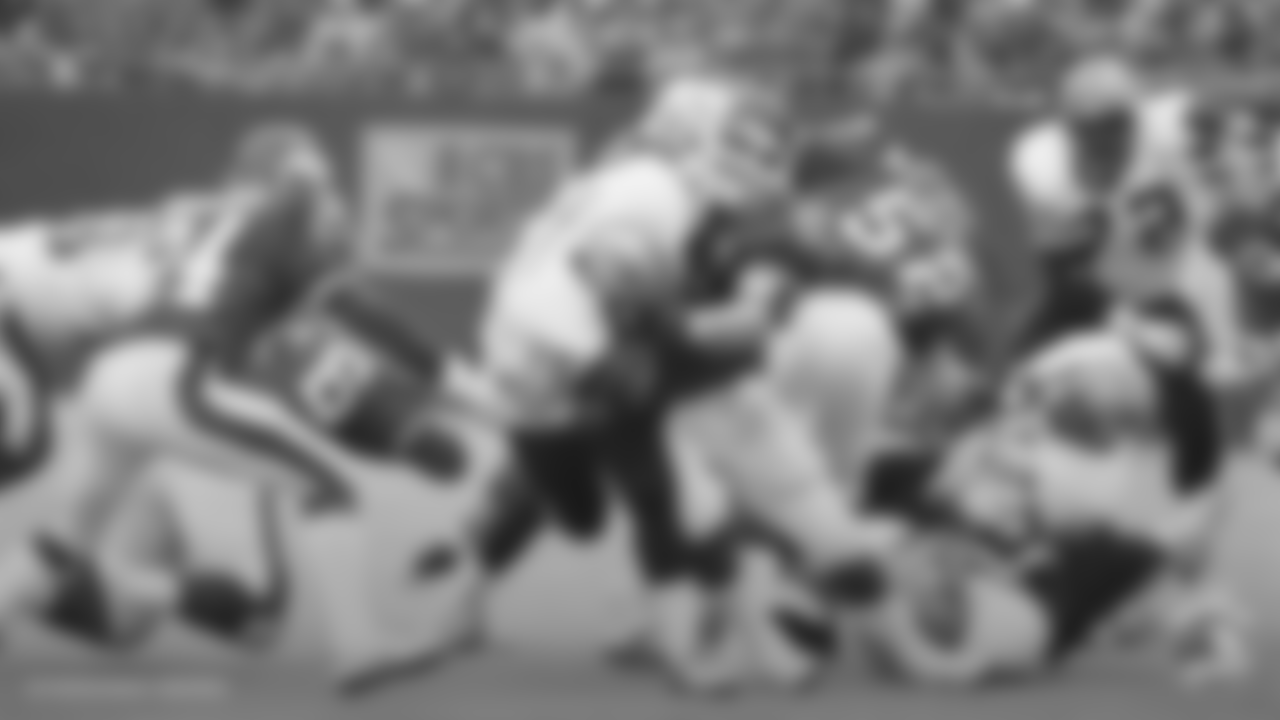
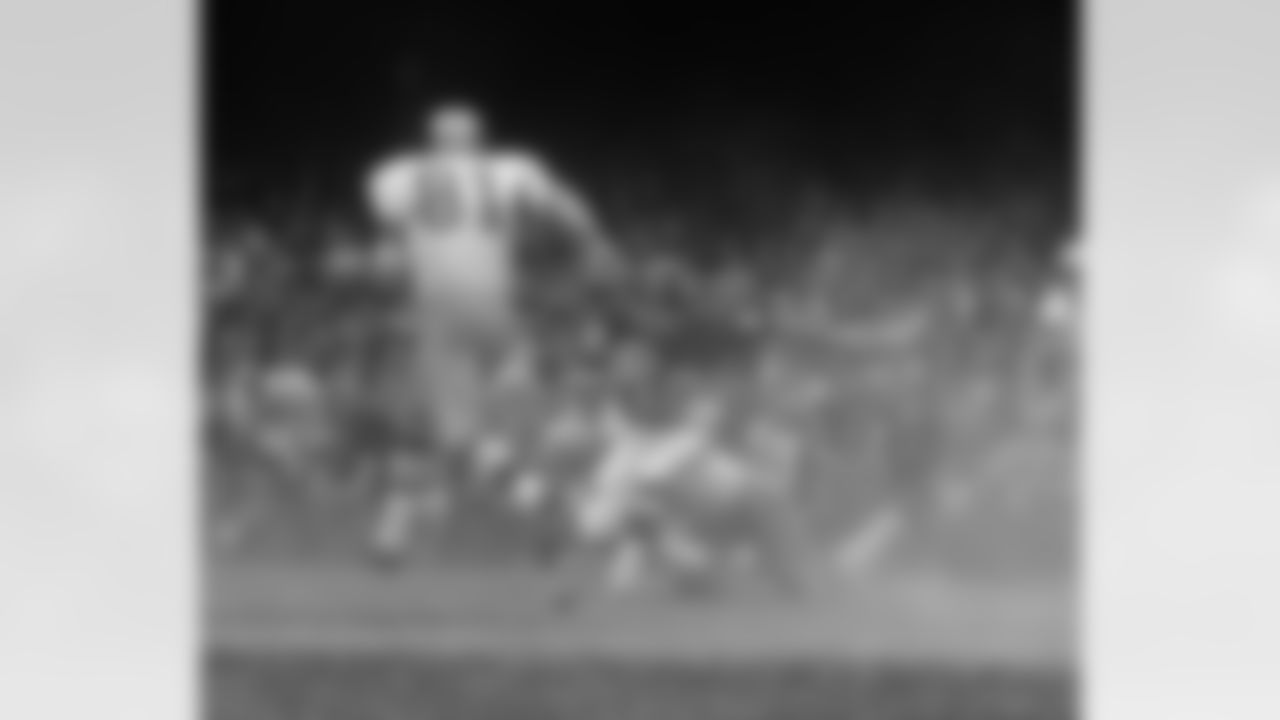
New York Giants Fran Tarkenton (10) during a game agains the New Orleans Saints on October 6. 1968 at Yankee Stadium in the Bronx, New York. The New York Giants beat the New Orleans Saints 38-31. Fran Tarkenton played for 18 season with 2 different teams. He was a 9-time Pro Bowler and was inducted into the Pro Football Hall of Fame in 1986.(David Durochik via AP)
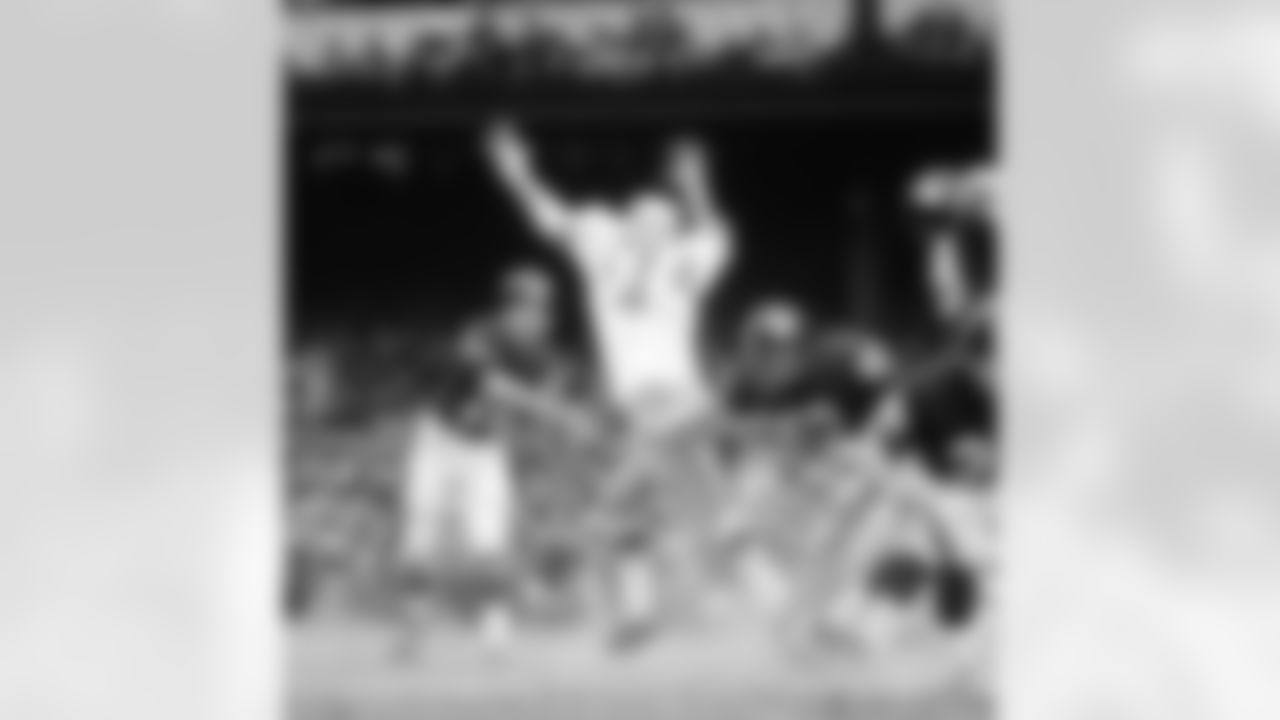
New York Giants Fran Tarkenton (10) during a game agains the New Orleans Saints on October 6. 1968 at Yankee Stadium in the Bronx, New York. The New York Giants beat the New Orleans Saints 38-31. Fran Tarkenton played for 18 season with 2 different teams. He was a 9-time Pro Bowler and was inducted into the Pro Football Hall of Fame in 1986.(David Durochik via AP)
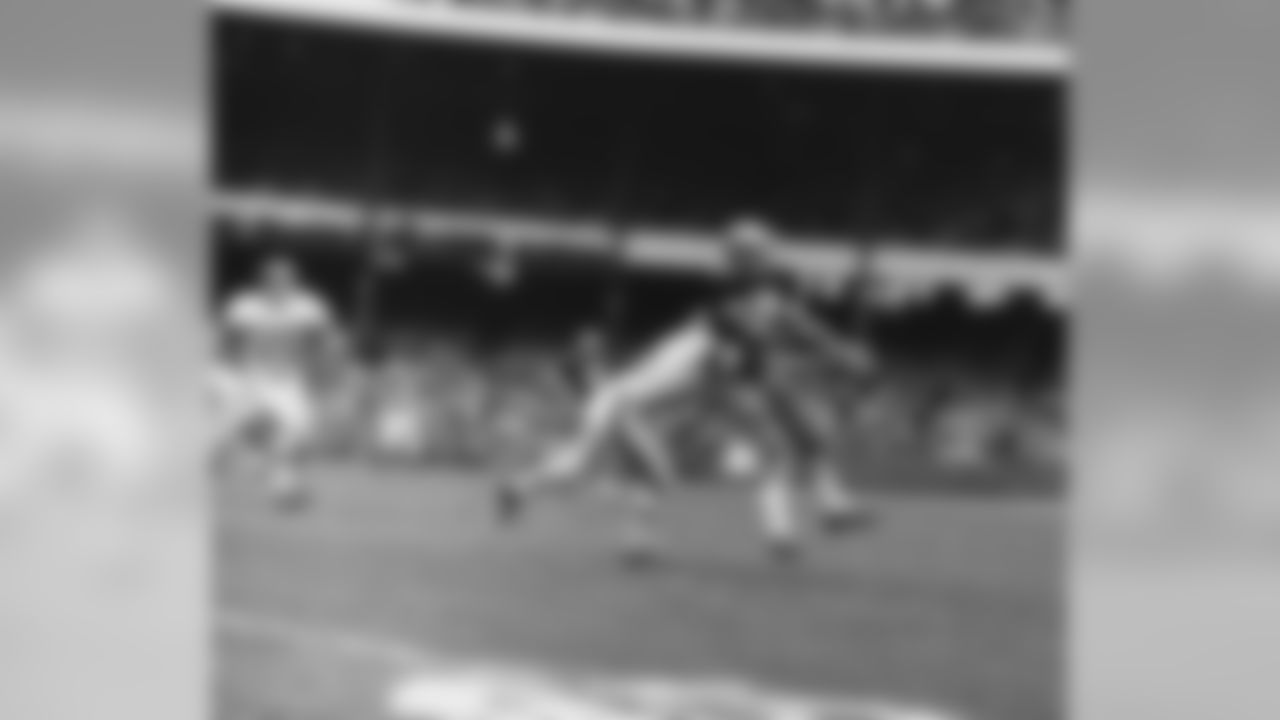
Jim Taylor of the New Orleans Saints reaches for the ball, thrown by quarterback Gary Cuozzo, as it falls incomplete in the third quarter of the Saints-Giants National Football League game in New York on Oct. 8, 1967. Defensive back Wendell Harris of the Giants, left, is set for the tackle. The Giants won 27-21. (AP Photo)
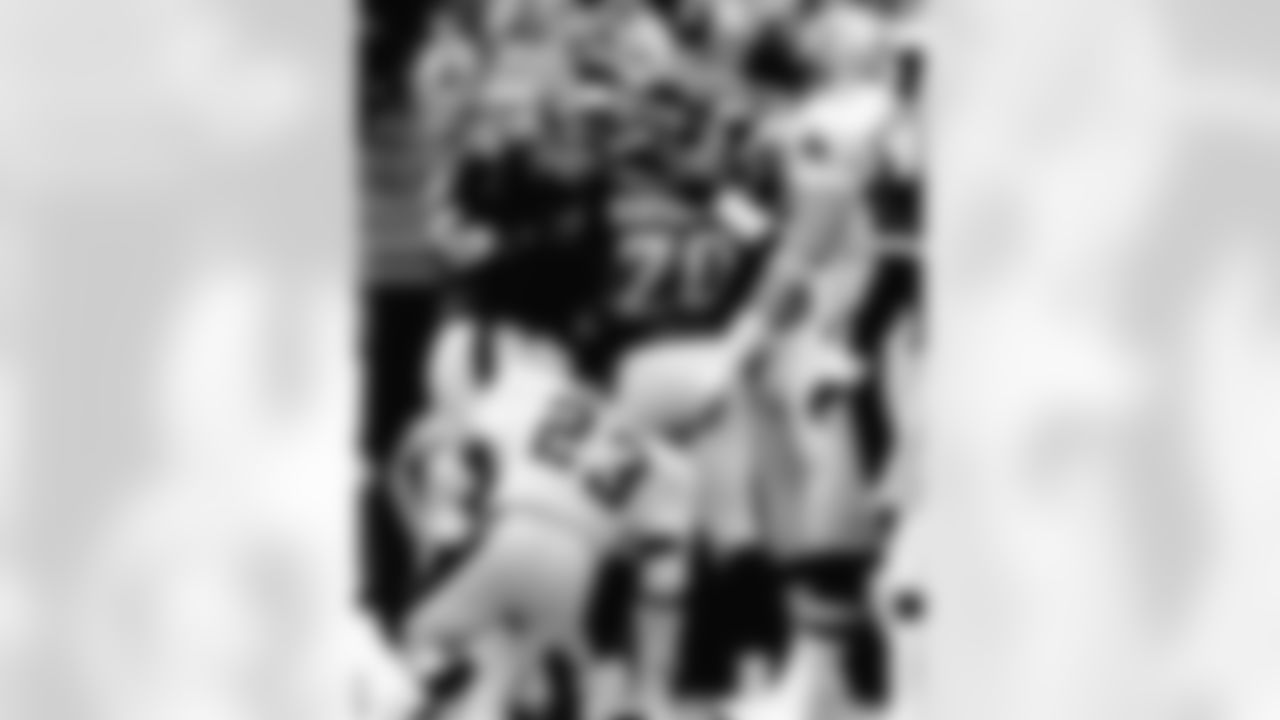
New York Giants defensive end Leonard Marshall (70) celebrates with defensive end George Martin (75) after recovering a fumble by New Orleans Saints running back Buford Jordan (23) during an NFL football game, Sunday, Sept. 28, 1986 in East Rutherford, N.J. The Giants won the game 20-17. (Paul Spinelli via AP)

New Orleans Saints quarterback Dave Wilson (18) throws a pass despite pressure from leaping New York Giants defensive end George Martin (75) and Giants defensive end Leonard Marshall (70) during the NFL football game on September 28, 1986 in East Rutherford, New Jersey. The Giants won the game 20-17. (AP Photo/Paul Spinelli)
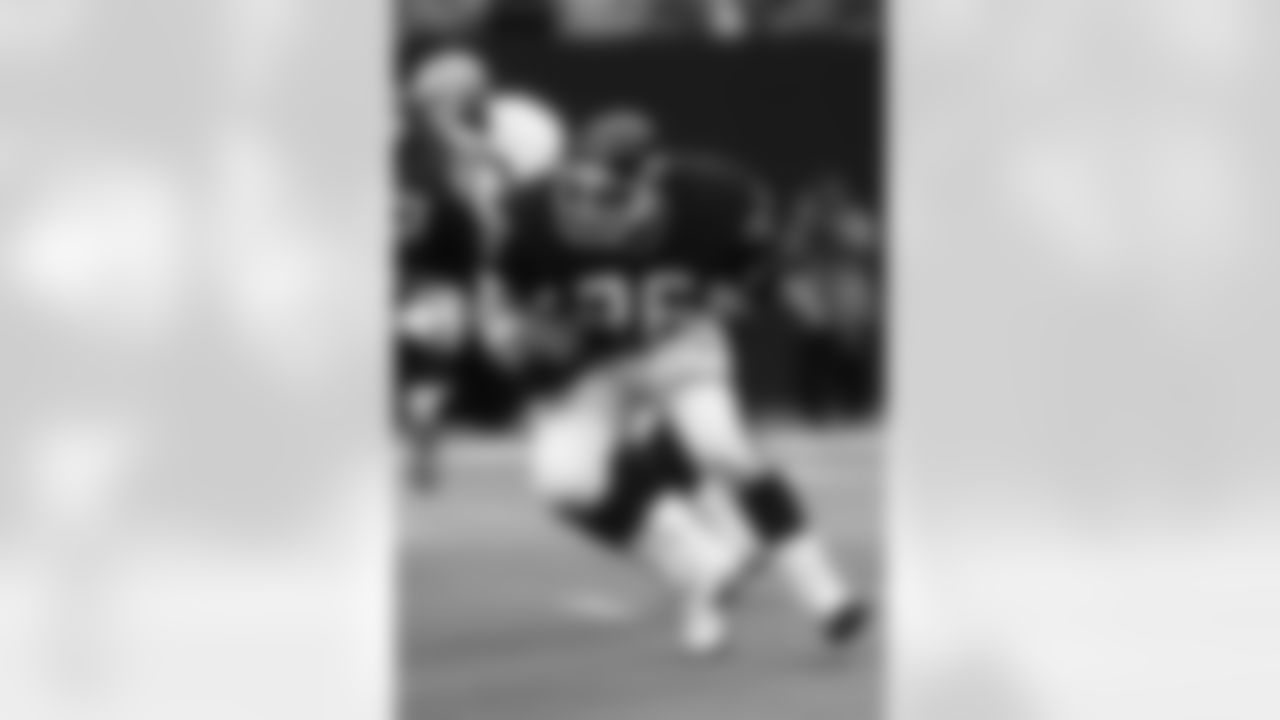
New York Giants Rob Carpenter (26) runs the ball during the NFL football game between the New Orleans Saints and the New York Giants on December 15, 1984 in East Rutherford, New Jersey. (AP Photo/Paul Spinelli)
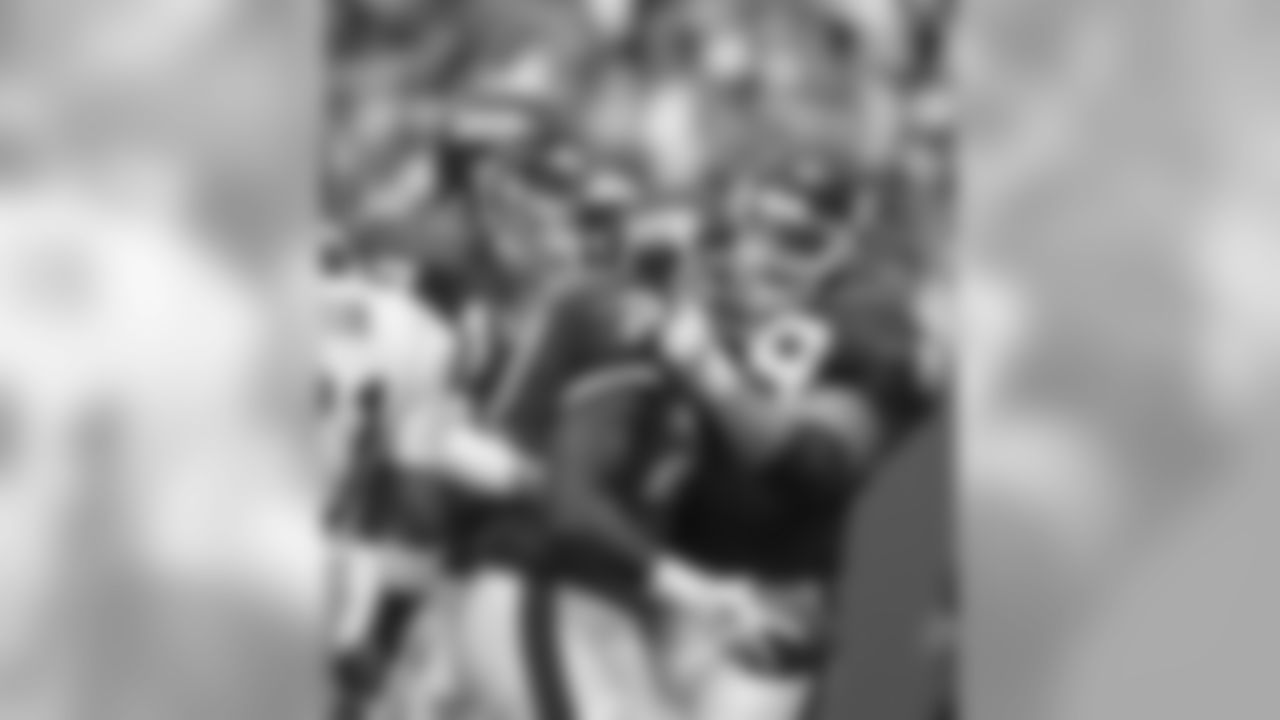
New York Giants quarterback Dave Brown, left, running back Rodney Hampton, center, and center Brian Williams (59) celebrate Hampton's five-yard touchdown in the second quarter against the New Orleans Saints at Giants Stadium in East Rutherford, New Jersey on Sept. 24, 1995. Hampton scored four touchdowns in the Giants 5-29 win over the Saints. (AP Photo/Kevin Larkin)
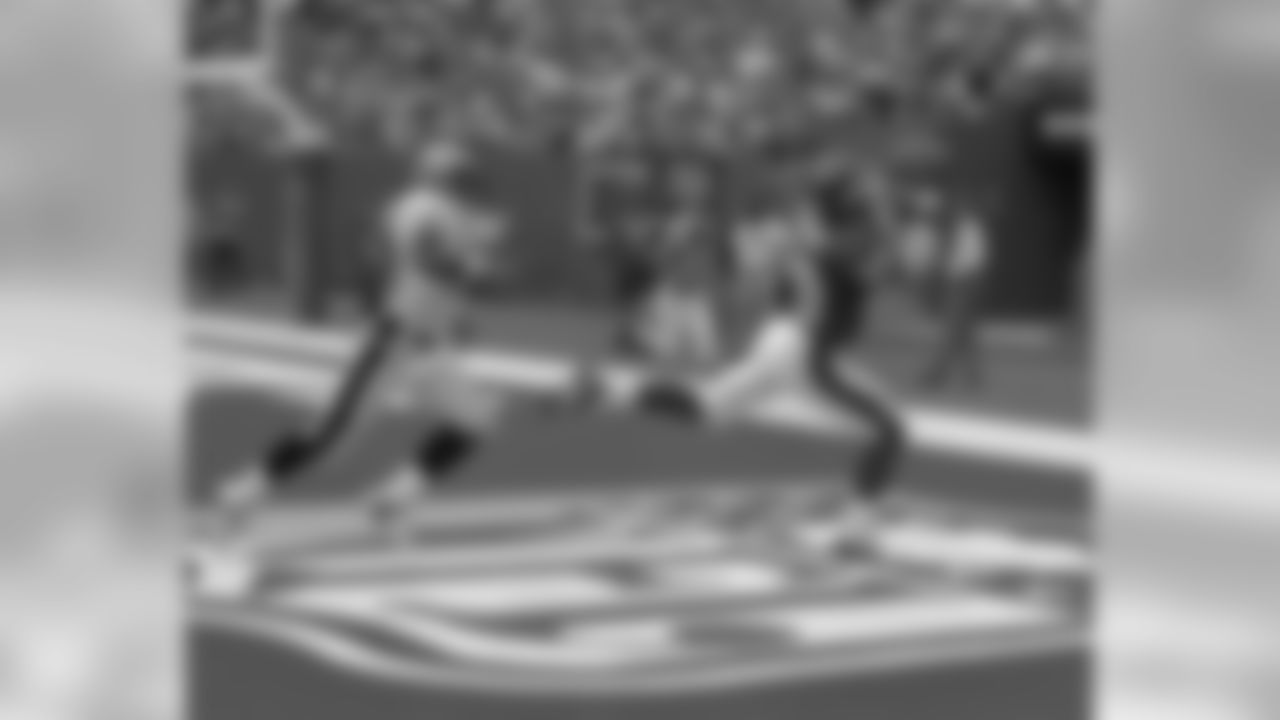
New York Giants wide receiver Chris Calloway (30) scores the Giants' second touchdown with New Orleans safety Anthony Newman (30) in pursuit in the second quarter of their game Sunday, Sept. 28, 1997, at Giants Stadium in East Rutherford, N.J. The Giants defeated the Saints 14-9 improving their record to 2-3.(AP Photo/John Dunn)
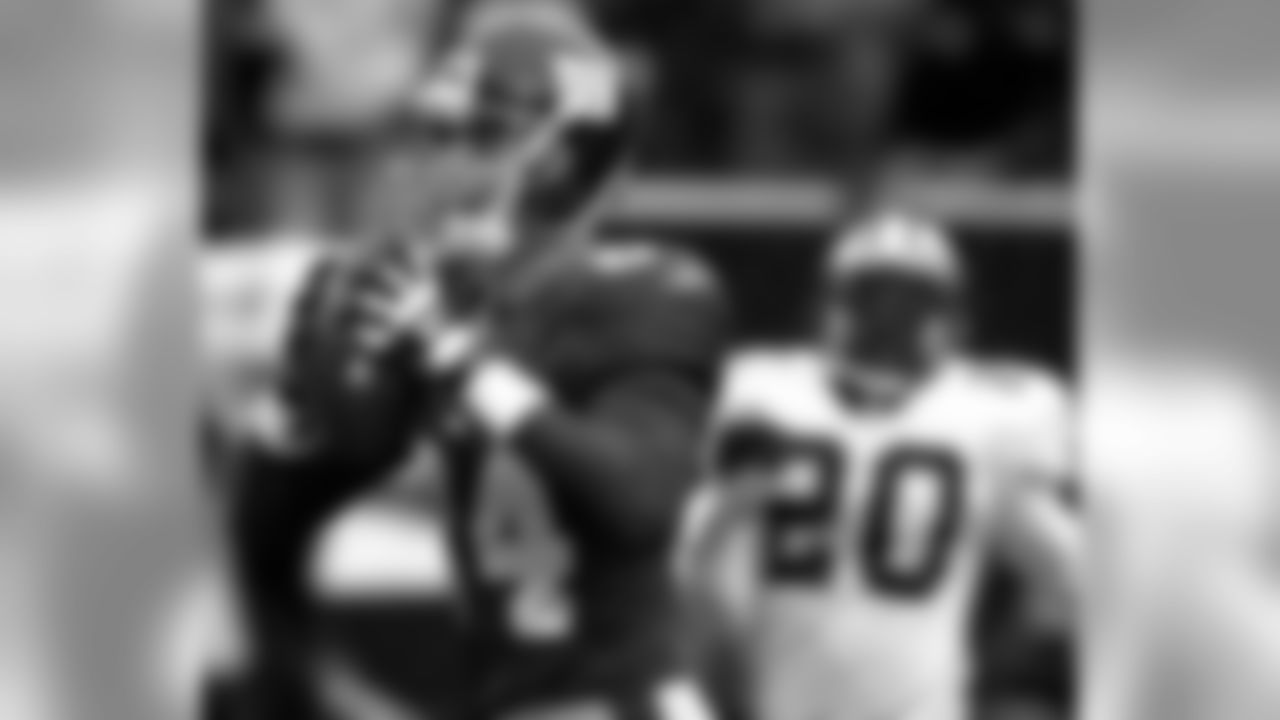
New York Giants wide receiver Joe Jurevicius catches a pass for a 46-yard touchdown as New Orleans Saints safety Joe Bellamy looks on during the fourth quarter Sunday, Aug. 30, 2001, at Giants Stadium in East Rutherford, N.J. The Giants won 21-13. (AP Photo/Bill Kostroun)
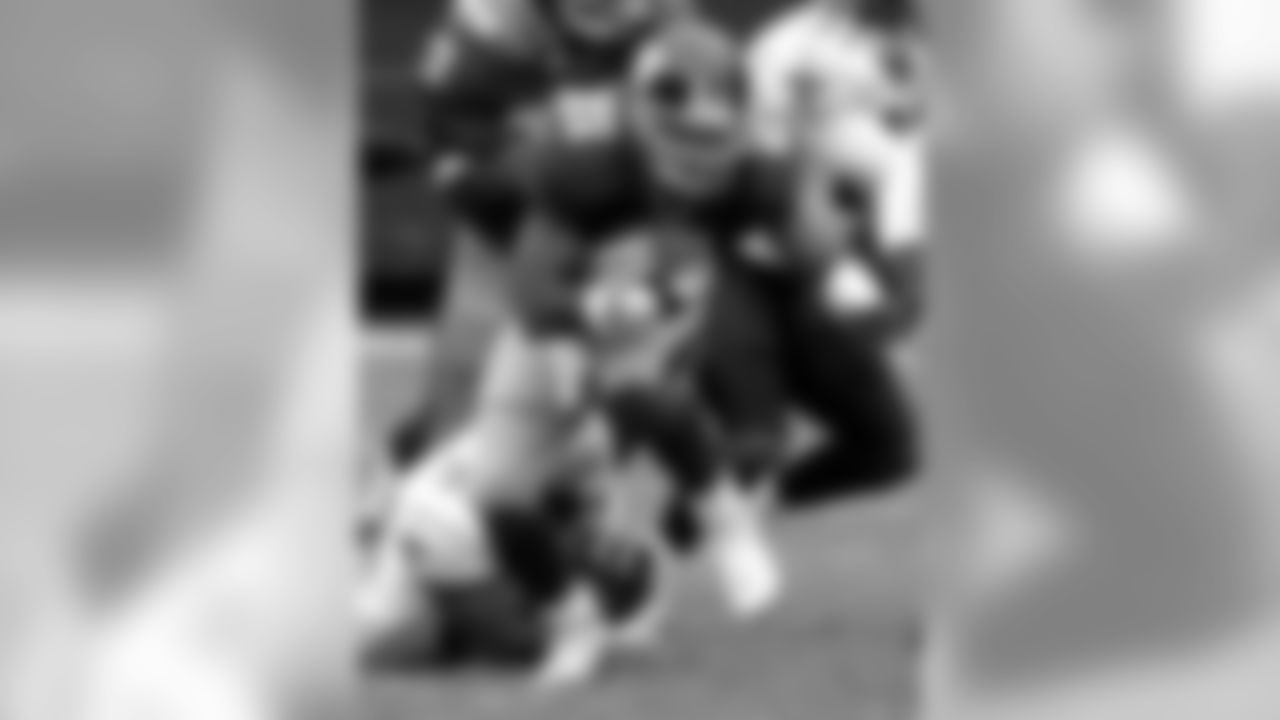
New York Giants punt returner Tiki Barber (21) slips out of the grasp of New Orleans Saints linebacker Phil Clark, left, as he returns a punt for 20 yards during the first quarter Sunday, Aug. 30, 2001, at Giants Stadium in East Rutherford, N.J. Barber pulled a hamstring while making a 14-yard touchdown run during the second quarter. The Giants won 21-13.(AP Photo/Bill Kostroun)
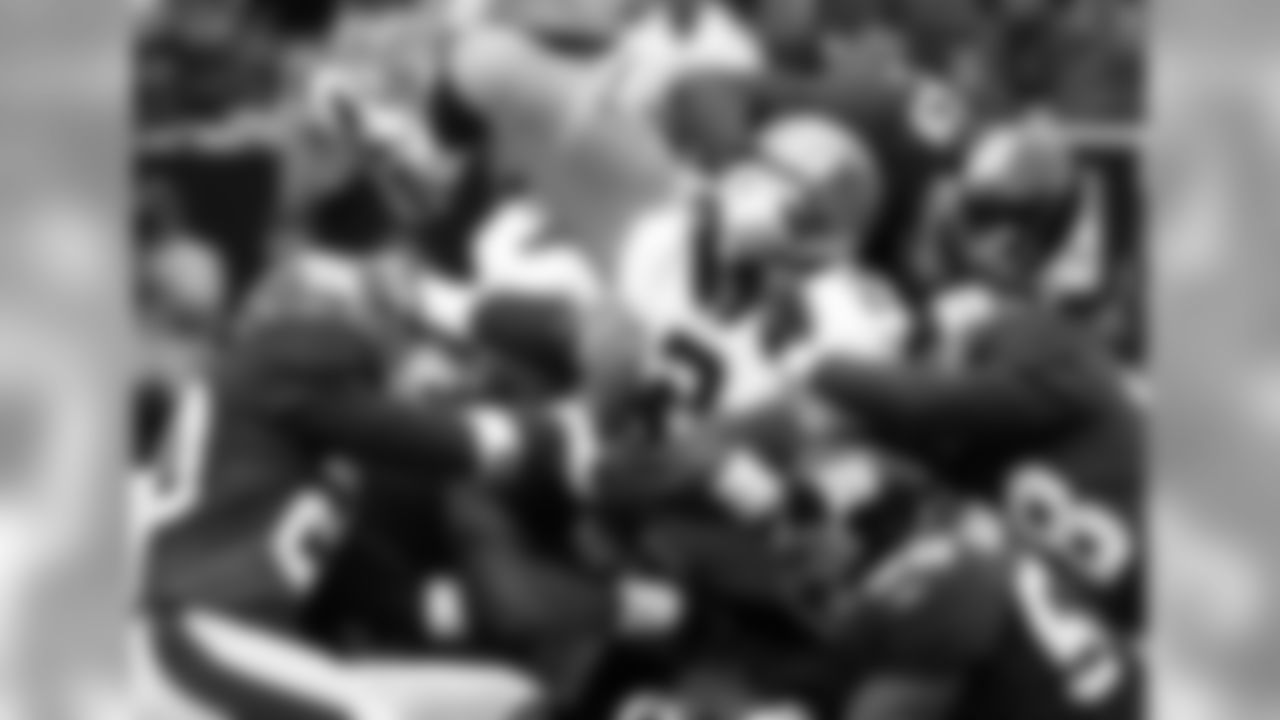
New Orleans Saints quarterback Aaron Brooks (2) is stopped by New York Giants safety Sam Garnes, left, linebackers Brandon Short, top, Jessie Armstead, right, and Mike Barrow, bottom right, during the first quarter Sunday, Aug. 30, 2001, at Giants Stadium in East Rutherford, N.J. (AP Photo/Bill Kostroun)
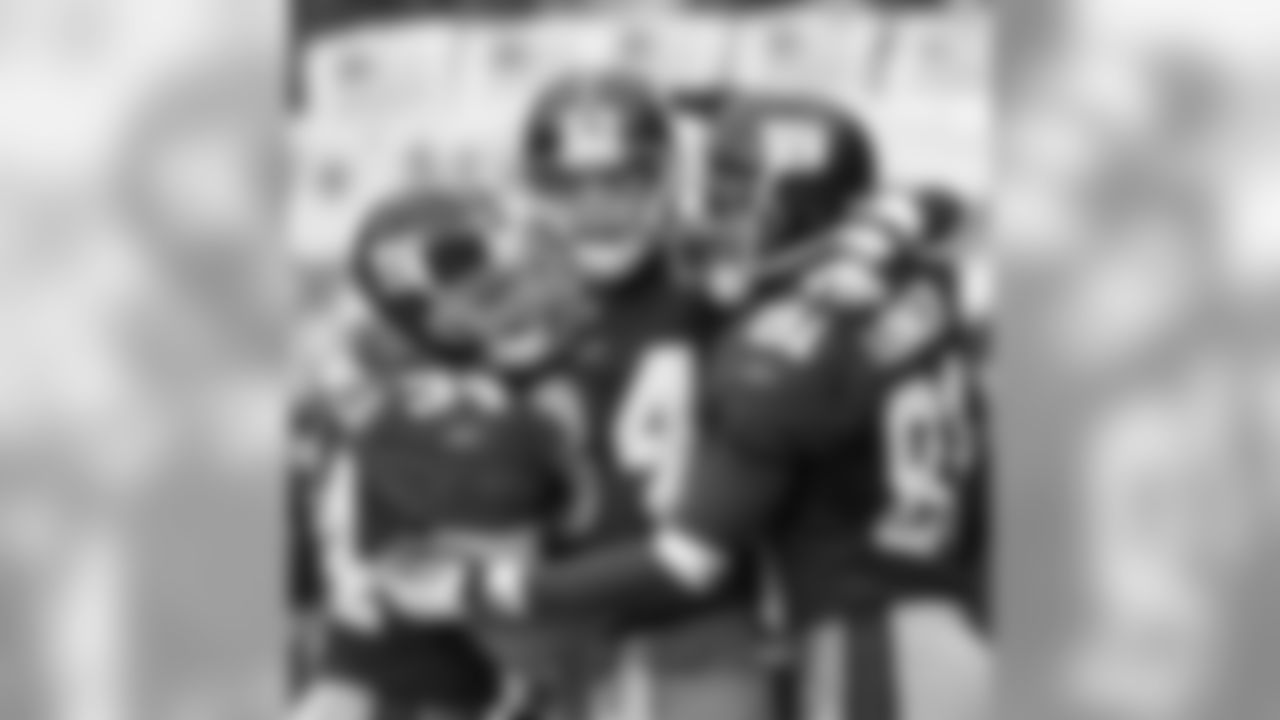
New York Giants wide receiver Joe Jurevicius is congratulated by Greg Comella, left, and Amani Toomer after his touchdown run in the fourth quarter of the Giants' 21-13 win over the New Orleans Saints at Giants Stadium in East Rutherford, N.J., Sunday, Sept. 30, 2001. (AP Photo/Jeff Zelevansky)
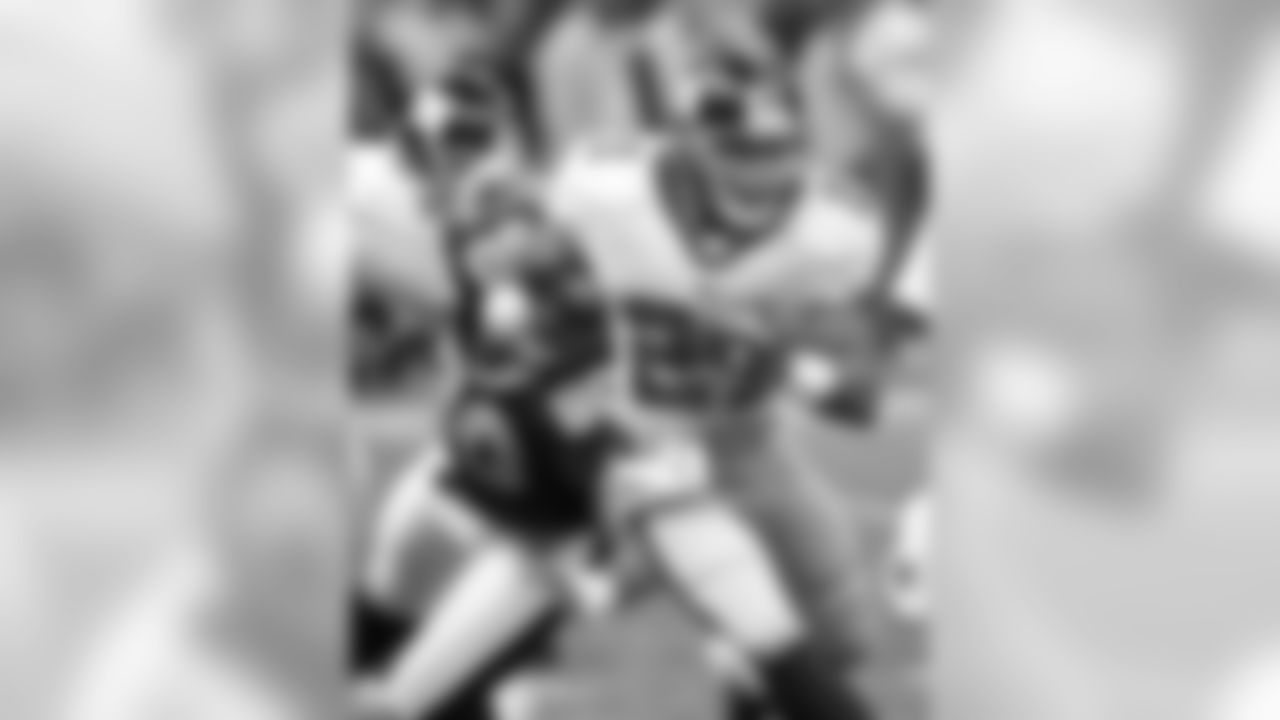
New York Giants running back Tiki Barber (21) gets away from New Orleans Saints defender Kenny Smith (90) as Giants Scott Peters (63) blocks in first half NFL action in the Louisiana Superdome in New Orleans Sunday Dec. 14, 2003. Barber had a short gain on the play. (AP Photo/Andrew Cohoon)
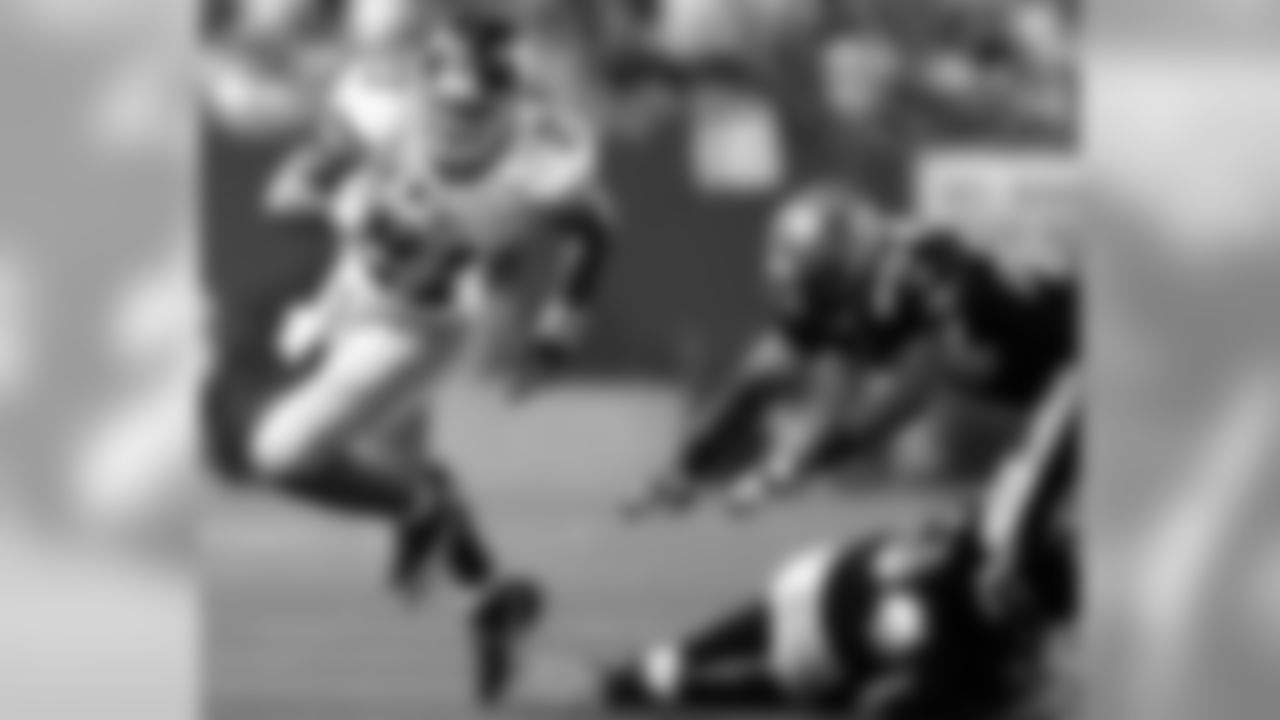
The New York Giants' Tiki Barber, left, gets past the New Orleans Saints' Jay Bellamy, top right, and Mike McKenzie at Giants Stadium in East Rutherford, N.J. , Monday, Sept. 19, 2005. The Giants won 27-10. (AP Photo/Gregory Bull)
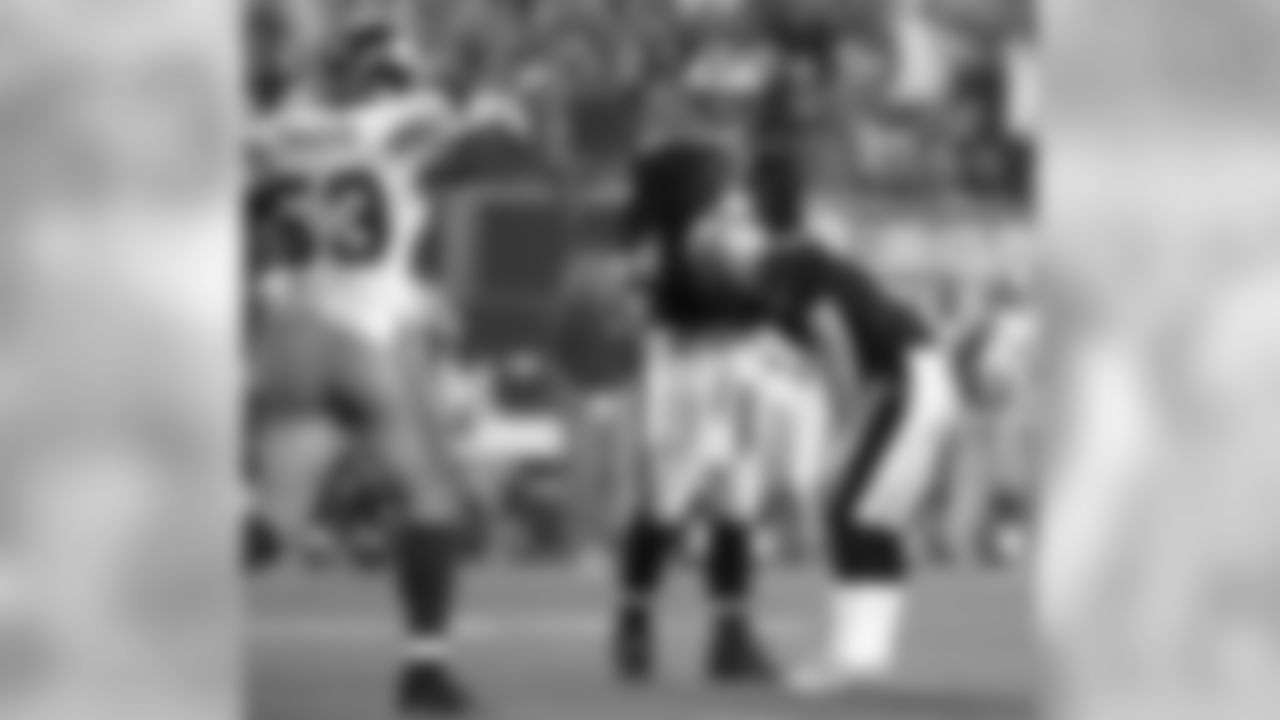
The New Orleans Saints kicker John Carney, right, is consoled by teamate Todd Bouman as the New York Giants' Reggie Torbor, left, runs by after Carney missed a kick in the fourth quarter at Giants Stadium in East Rutherford, N.J. Monday, Sept 19, 2005. The Giants won 27-10. (AP Photo/Gregory Bull)
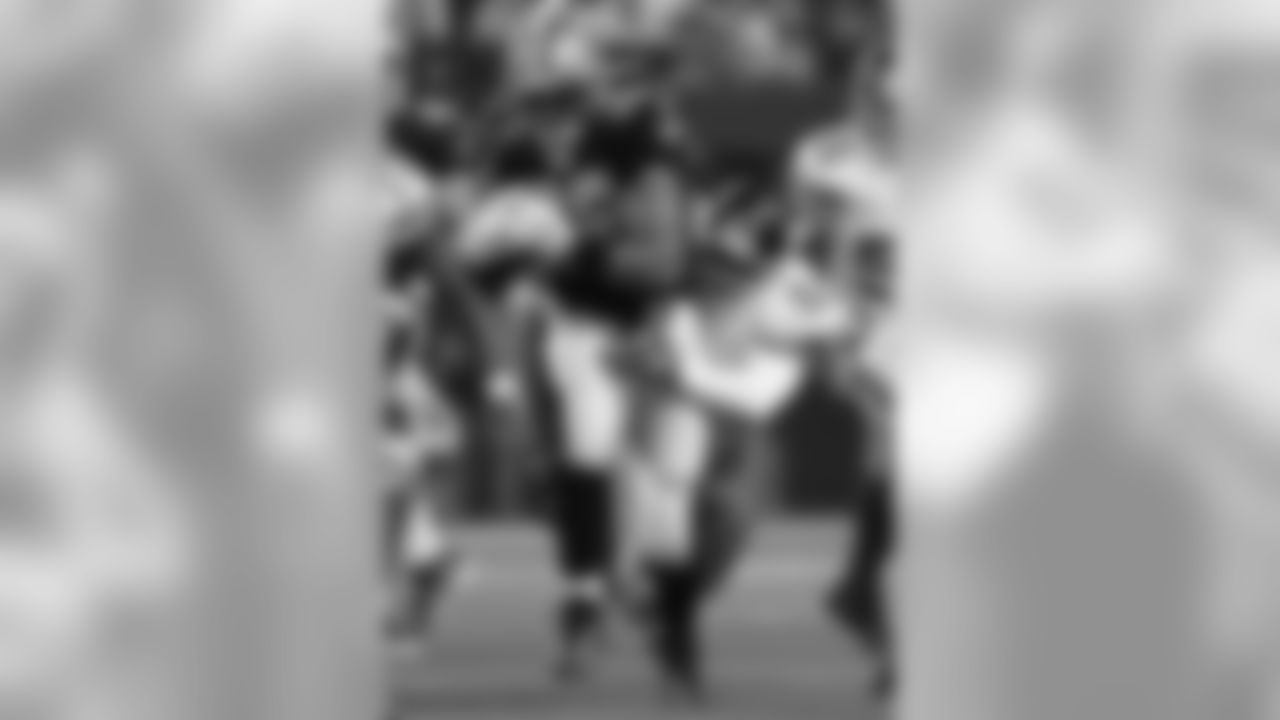
The New Orleans Saints' Deuce McAllister moves upfield as the New York Giants' Carlos Emmons brings him down in the second quarter at Giants Stadium in East Rutherford, N.J. , Monday, Sept. 19, 2005. (AP Photo/Gregory Bull)
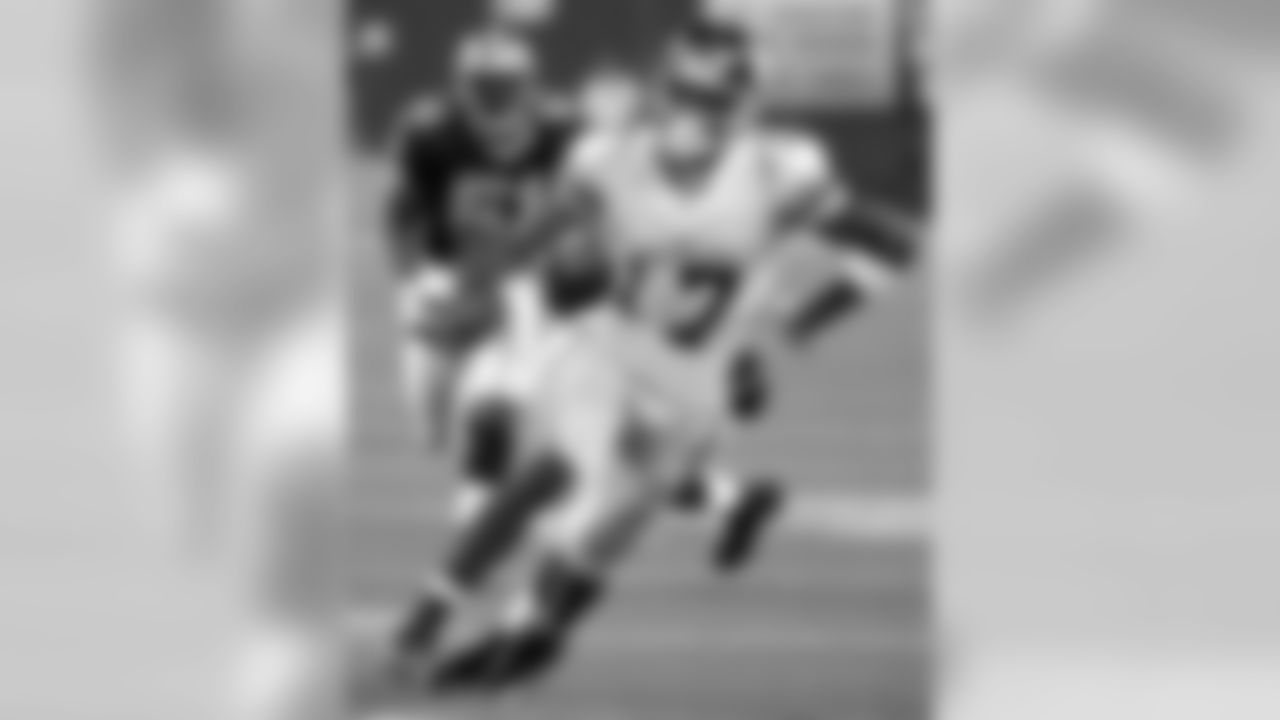
New York Giants wide receiver Plaxico Burress picks up a first down against the New Orleans Saints Monday night, Sept. 19, 2005 at Giants Stadium in East Rutherford, N.J. The Giants take on the St. Louis Rams on Sunday. (AP Photo/Bill Kostroun)
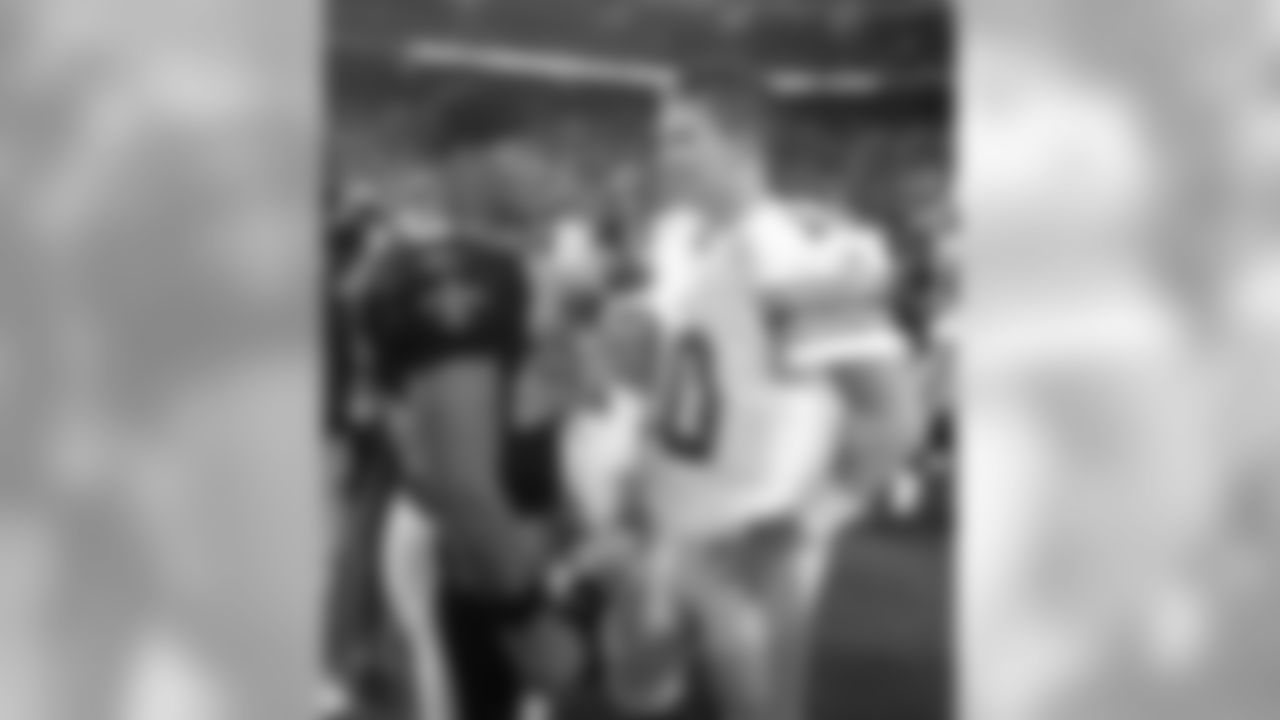
The New York Giants' Eli Manning, right, talks with the New Orleans Saints' Deuce McAllister after the Giants beat the Saints 27-10 at Giants Stadium in East Rutherford, N.J. , Monday, Sept 19, 2005. (AP Photo/Gregory Bull)
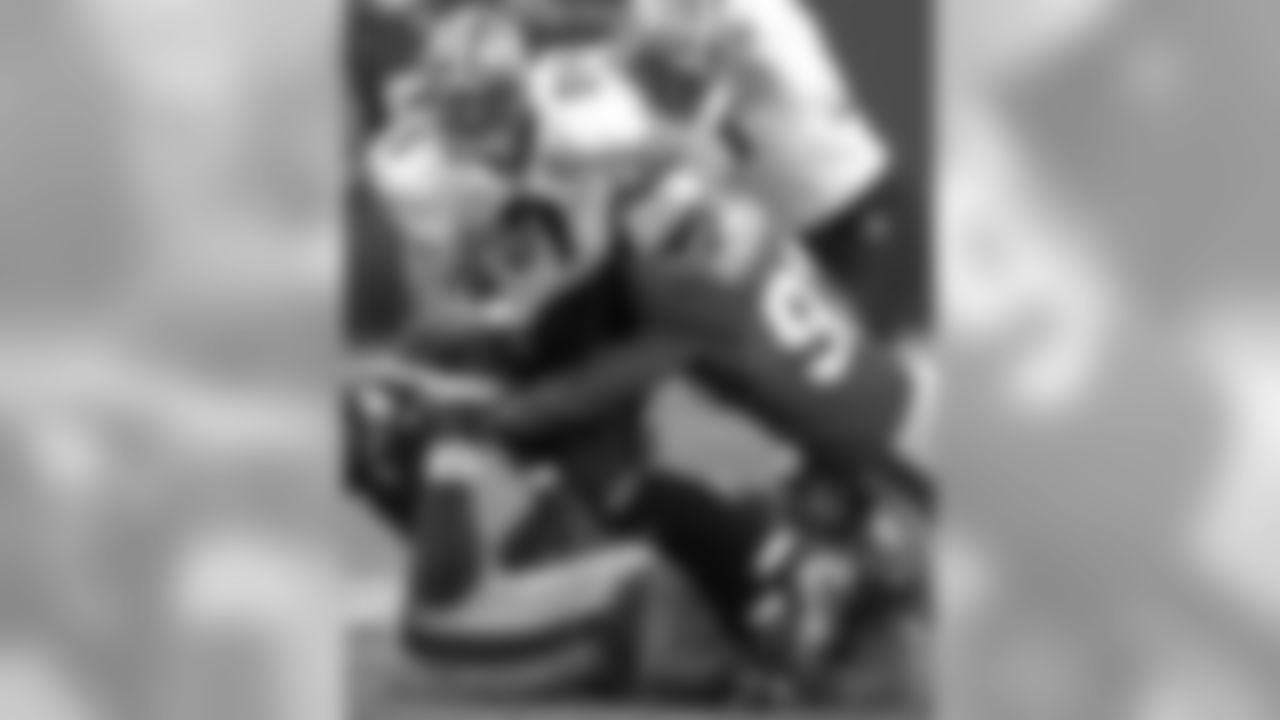
New Orleans Saints quarterback Drew Brees (9) scrambles for three yards before being tackled by New York Giants' Mathias Kiwanuka, right, and Fred Robbins during second quarter NFL football Sunday, Dec. 24, 2006 at Giants Stadium in East Rutherford, N.J. The Saints won 30-7. (AP Photo/Bill Kostroun)
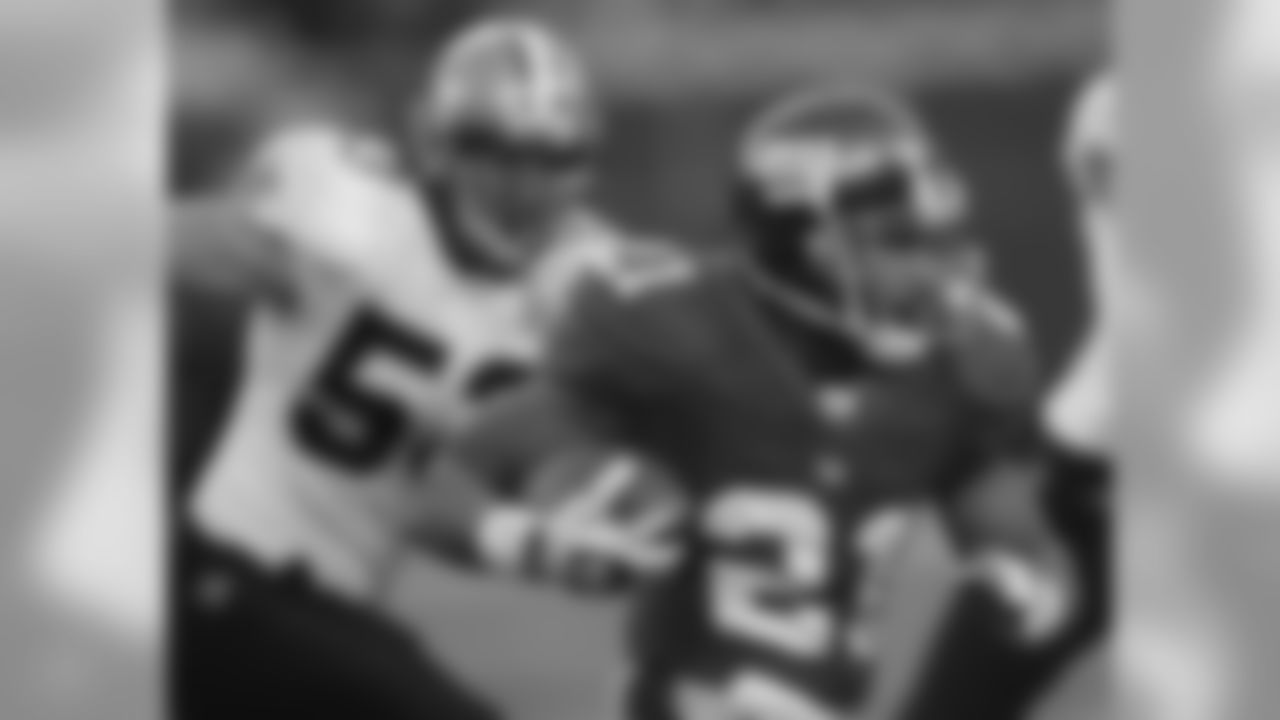
New York Giants' Tiki Barber sweeps around the right side against the New Orleans Saints in the fourth quarter during NFL football action Sunday, Dec. 24, 2006 in East Rutherford, N.J. Barber rushed for 71 yards in the game. The Saints won 30-7. (AP Photo/Julie Jacobson)
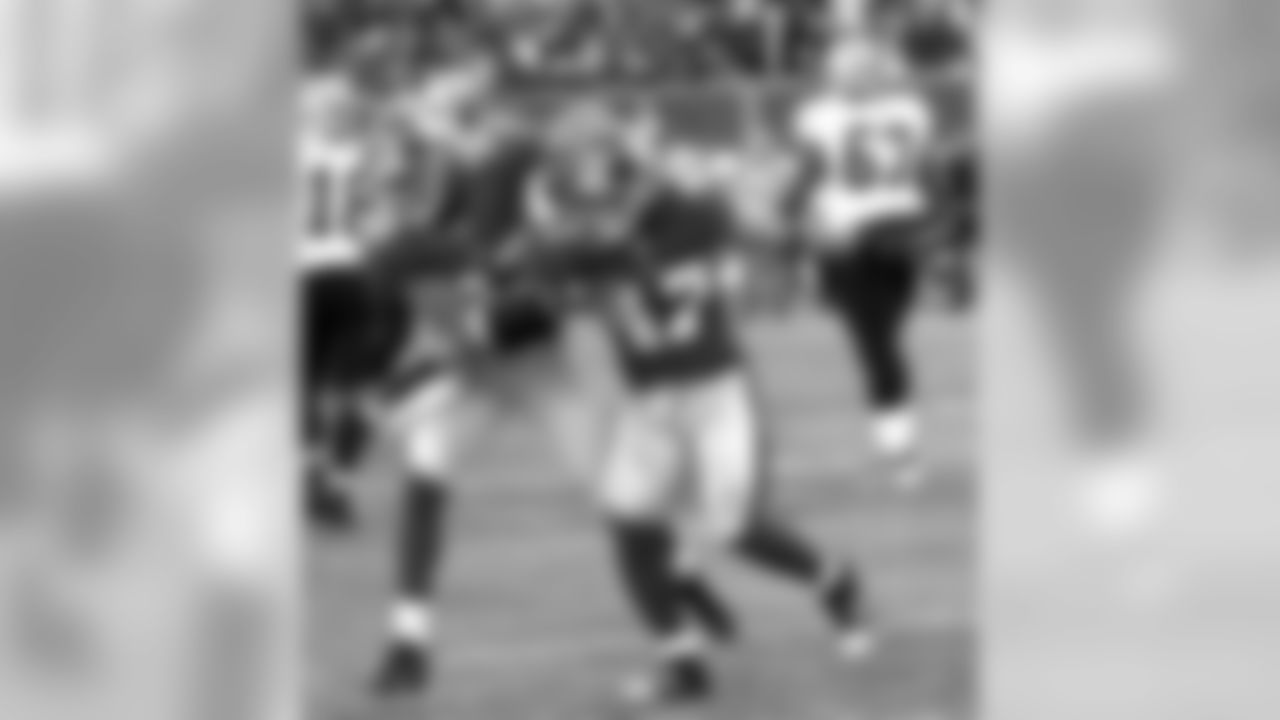
New York Giants cornerback Jason Bell and safety Will Demps celebrate after stopping the New Orleans Saints during their football Sunday, Dec. 24, 2006 in East Rutherford, N.J. (AP Photo/Bill Kostroun)
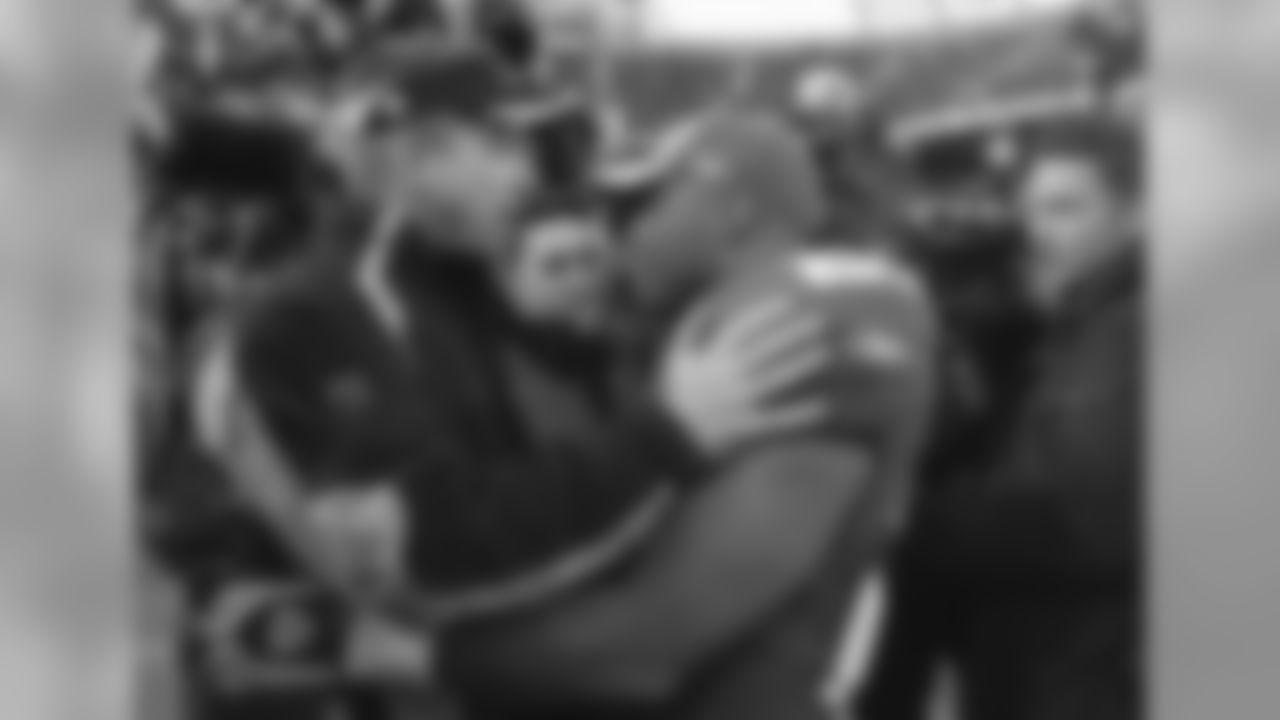
New York Giants running back Tiki Barber, right, greets New Orleans Saints coach Sean Payton after NFL football action Sunday, Dec. 24, 2006, in East Rutherford, N.J. Barber rushed for 71 yards in the game. (AP Photo/Julie Jacobson)
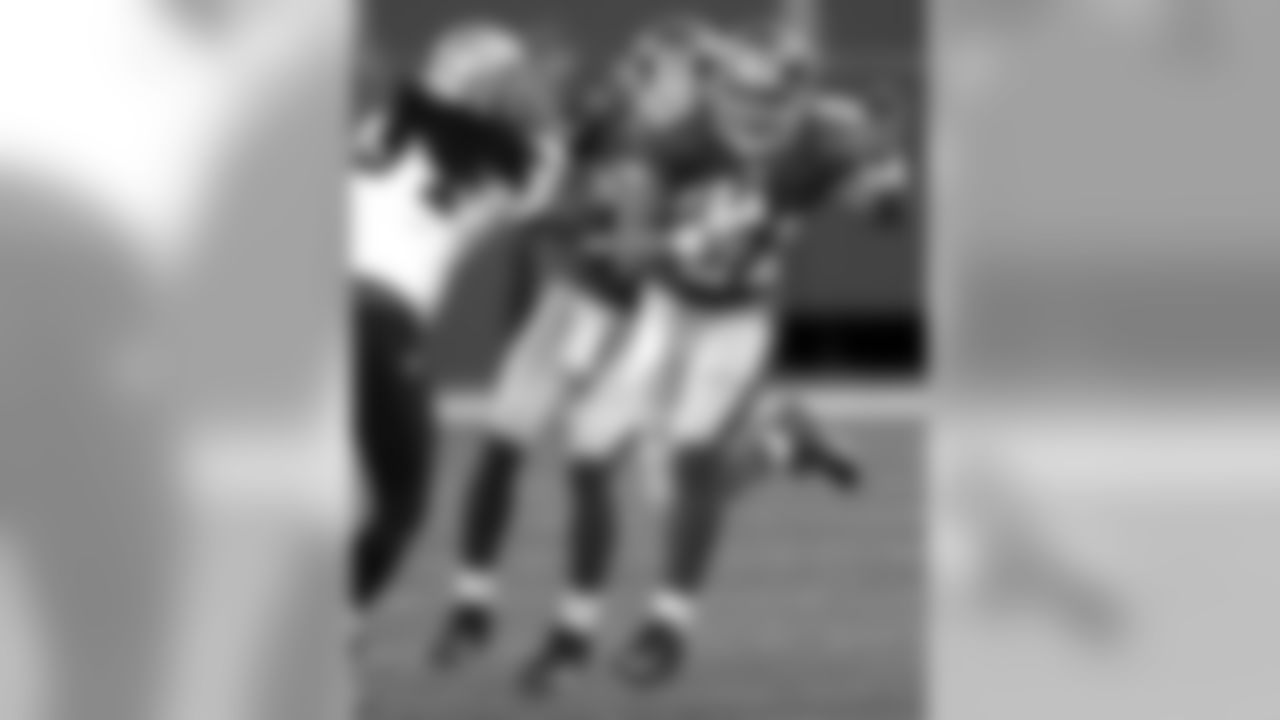
New York Giants running back Tiki Barber (21) picks up yardage as Giants' Tim Carter blocks New Orleans Saints cornerback Mike McKenzie, left, during second quarter NFL football Sunday, Dec. 24, 2006, at Giants Stadium in East Rutherford, N.J. (AP Photo/Bill Kostroun)
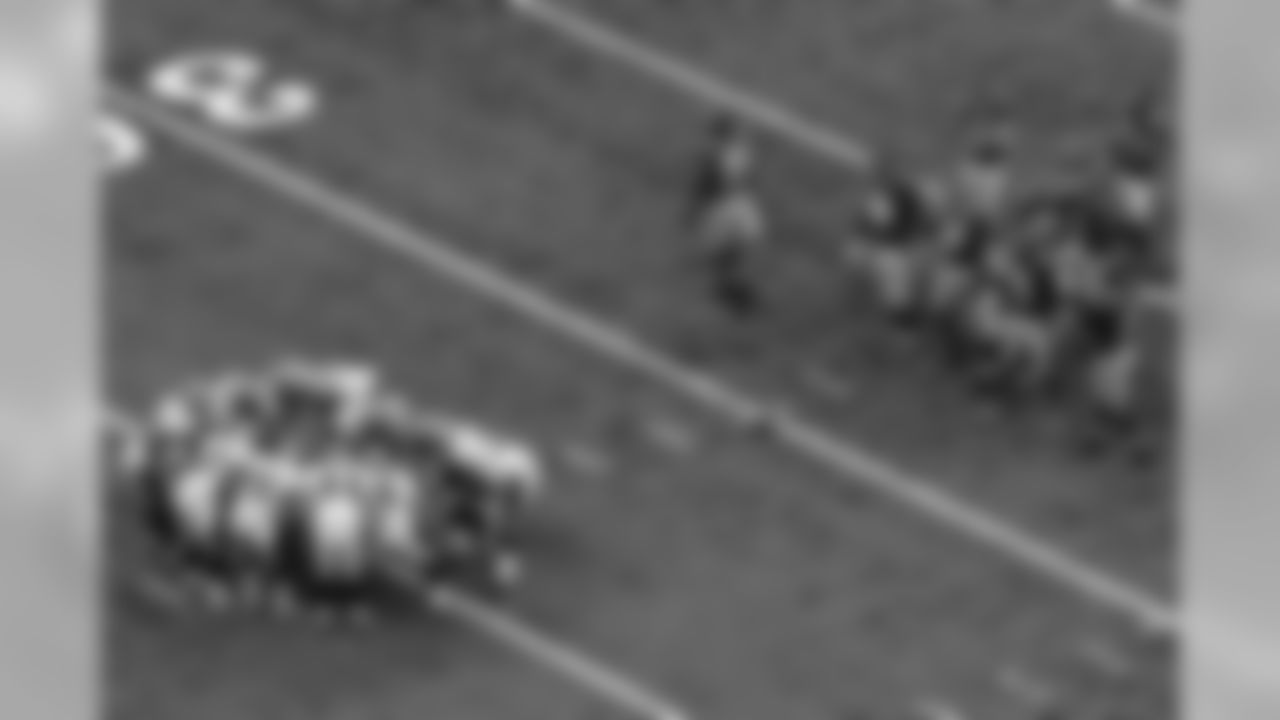
The New Orleans Saint, left, huddle before a play against the New York Giants, right, during the first half of an NFL football game in New Orleans, Sunday, October 18, 2009. (AP Photo/Patrick Semansky)
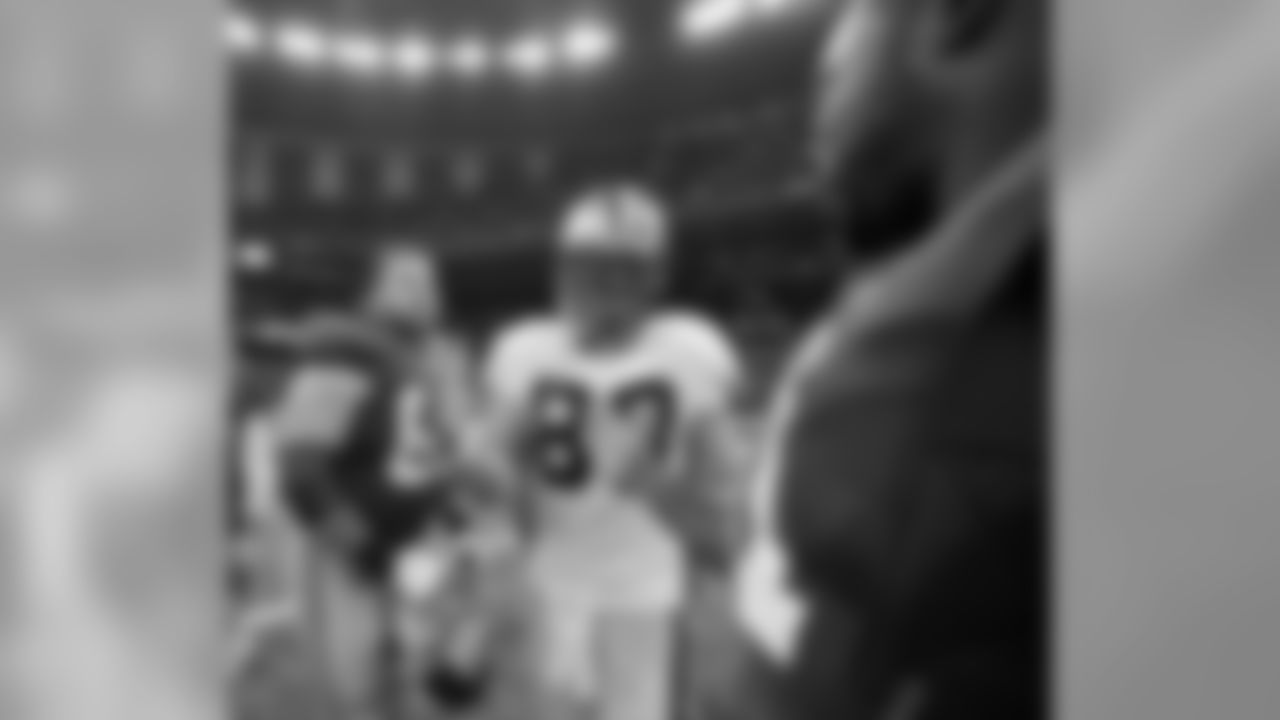
New Orleans Saints tight end Jeremy Shockey (88) chats with New York Giants center Shaun O'Hara, left, and Giants Justin Tuck, right, at the end of an NFL game between the New York Giants and New Orleans Saints in the Louisiana Superdome in New Orleans, Sunday, Oct. 18, 2009. Saints won 48-27. (AP Photo/Bill Feig)
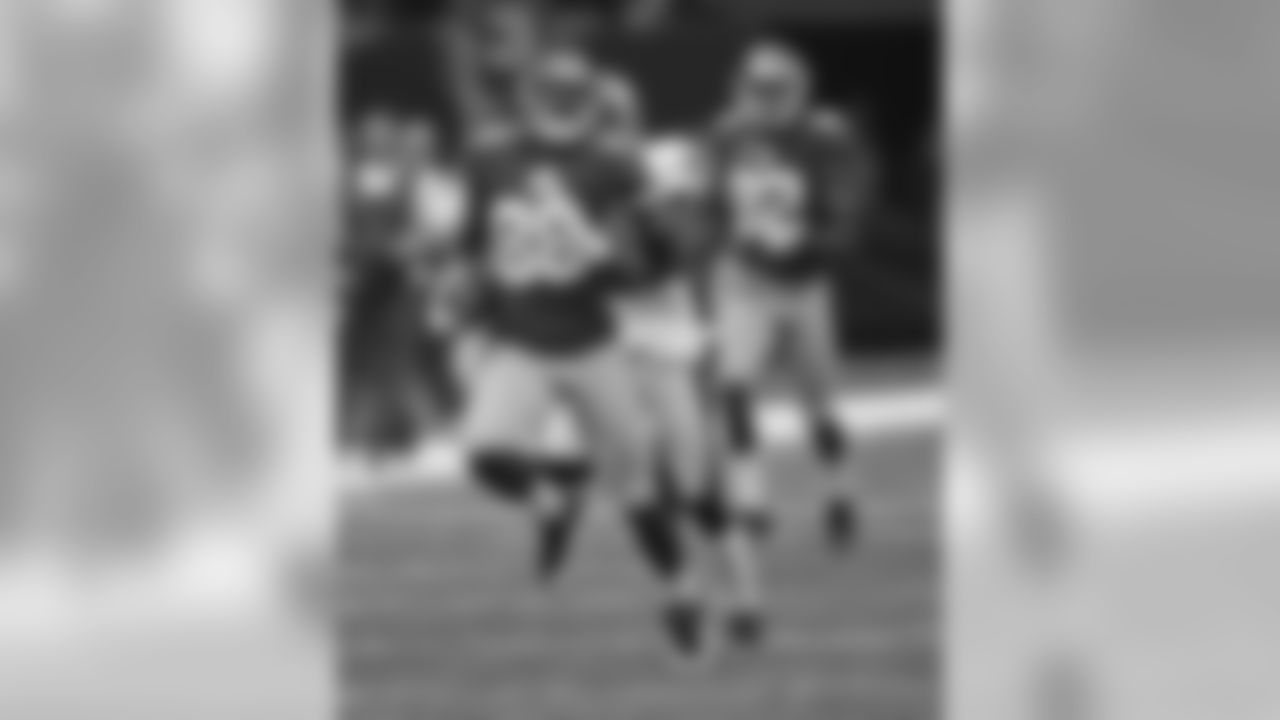
New York Giants wide receiver Hakeem Nicks (88) picks up good yardage on a pass play as New Orleans Saints cornerback Jabari Greer (32) gives chase in the second half of an NFL game between the New York Giants and New Orleans Saints in the Louisiana Superdome in New Orleans, Sunday, Oct. 18, 2009. Saints won 48-27. (AP Photo/Bill Feig)
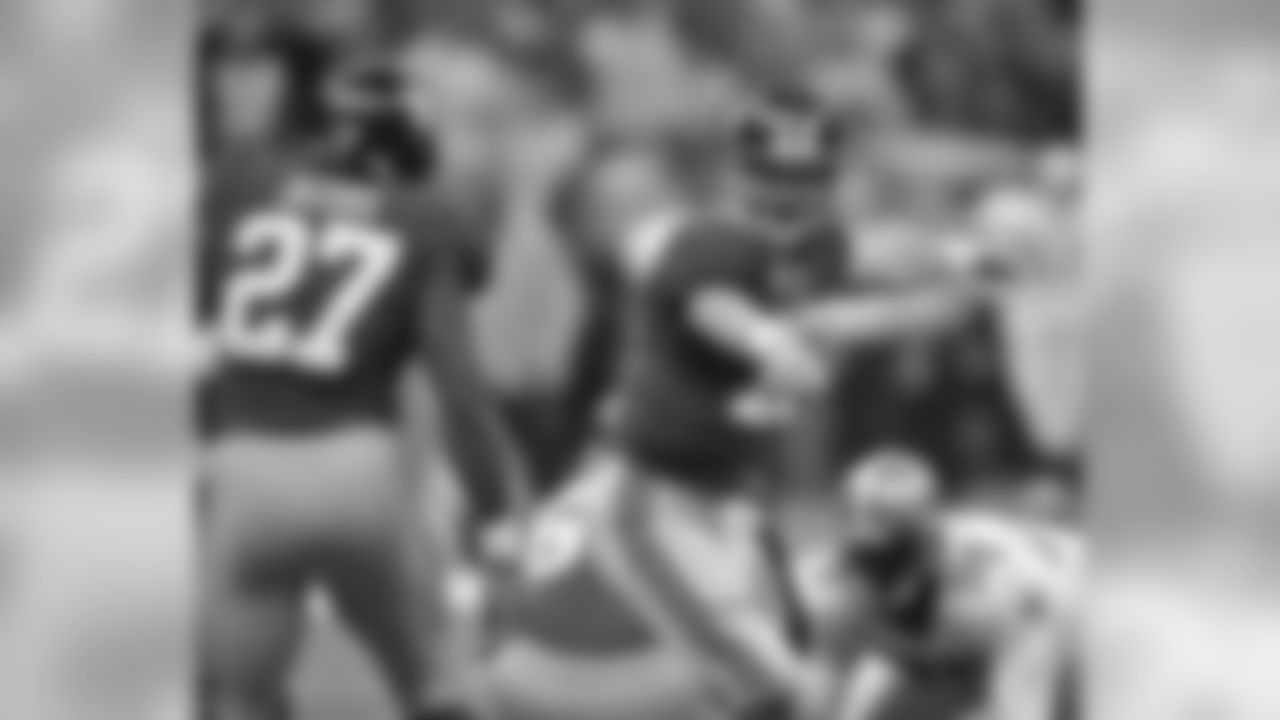
New York Giants quarterback Eli Manning (10) directs running back Brandon Jacobs (27) in the first half against the New Orleans Saints in the first half of their NFL football game in New Orleans, Sunday, Oct. 18, 2009. [(AP Photo/Bill Feig)
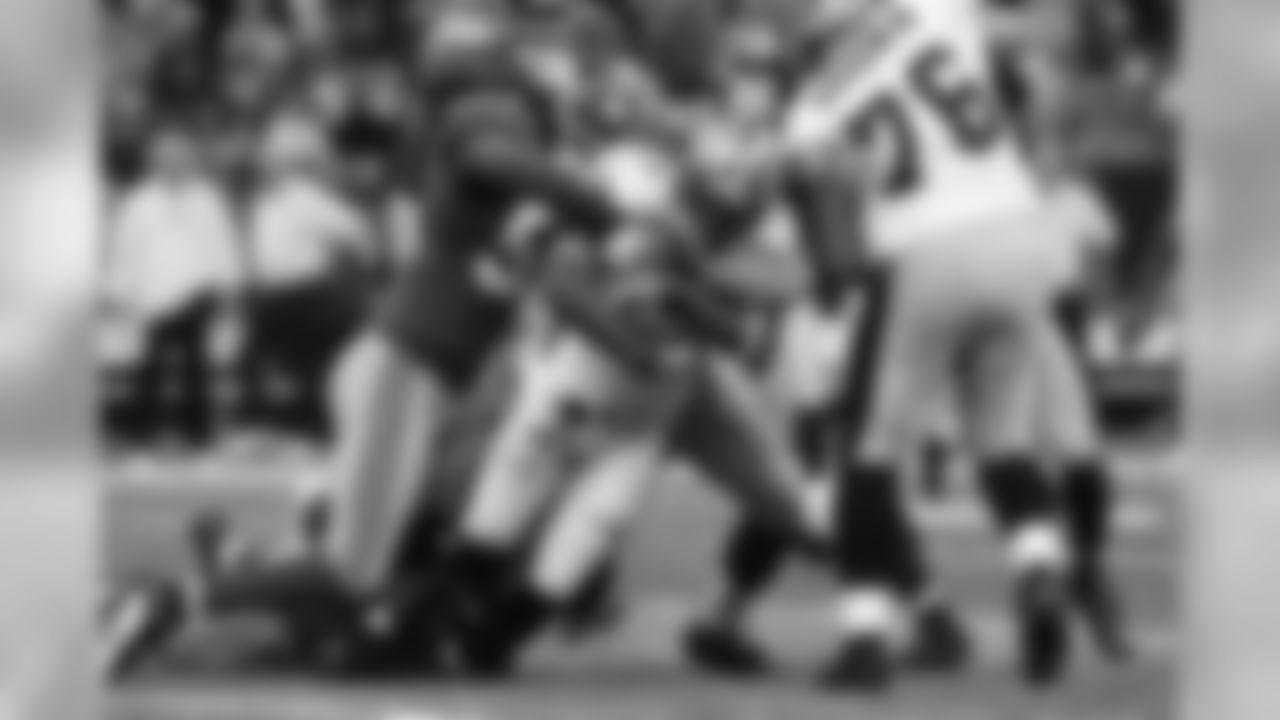
New Orleans Saints running back Mike Bell (21) is tackled by New York Giants linebackers Danny Clark (55) and Chase Blackburn (57) during the second half of an NFL football game in New Orleans, Sunday, October 18, 2009. (AP Photo/Patrick Semansky)
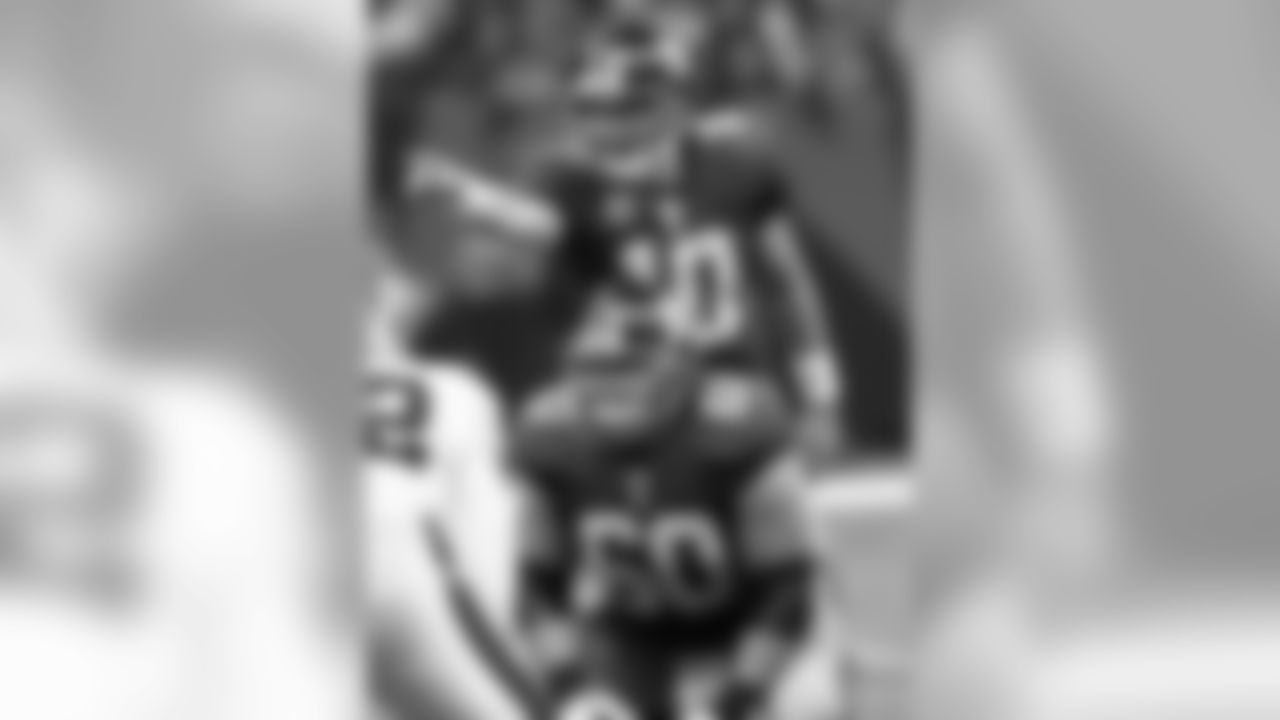
New York Giants quarterback Eli Manning (10) calls a play as center Shaun O'Hara (60) looks on in the second half of their NFL football game in New Orleans, Sunday, Oct. 18, 2009. (AP Photo/Bill Haber)
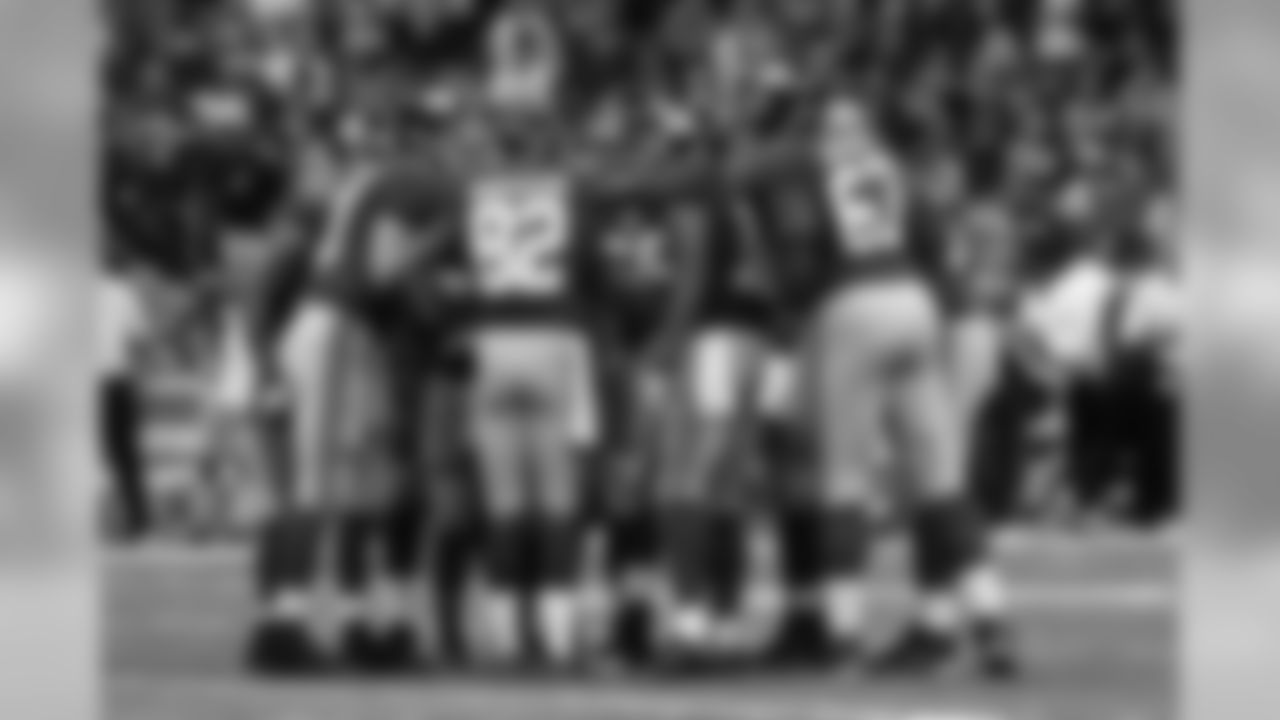
The New York Giants huddle before a play against the New Orleans Saints during the first half of an NFL football game in New Orleans, Sunday, October 18, 2009. (AP Photo/Patrick Semansky)
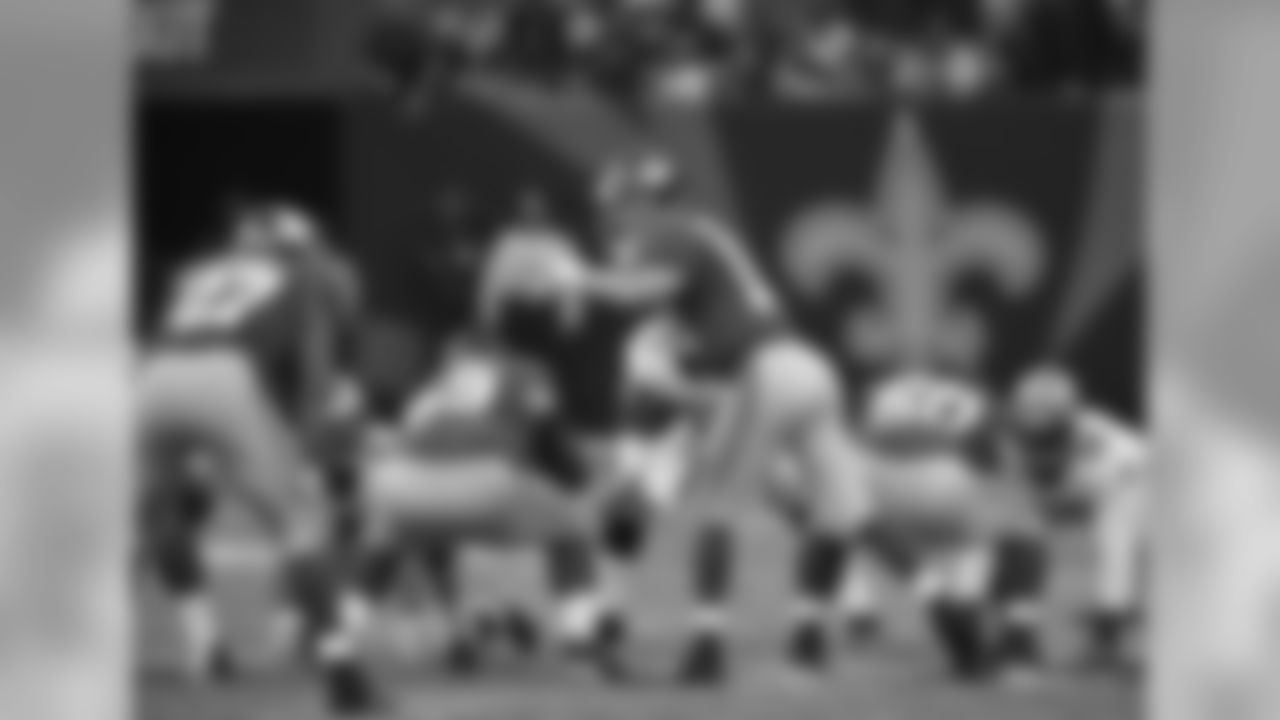
New York Giants quarterback Eli Manning (10) audibles at the line in the first half of an NFL game between the New York Giants and New Orleans Saints in the Louisiana Superdome in New Orleans, Sunday, Oct. 18, 2009. The Saints won 48-27. (AP Photo/Bill Feig)
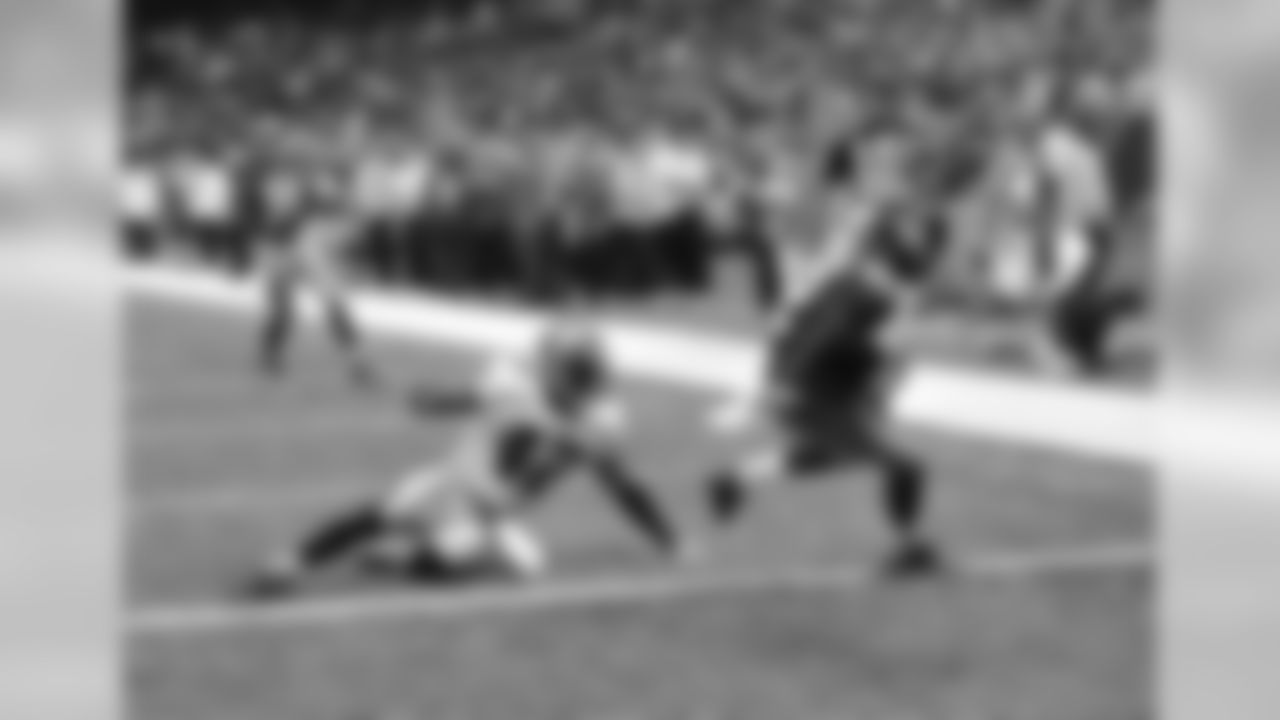
New York Giants wide receiver Mario Manningham (82) slips into the end zone past New Orleans Saints safety Darren Sharper (42) in the first half of an NFL game between the New York Giants and New Orleans Saints in the Louisiana Superdome in New Orleans, Sunday, Oct. 18, 2009. The Saints won 48-27. (AP Photo/Bill Feig)
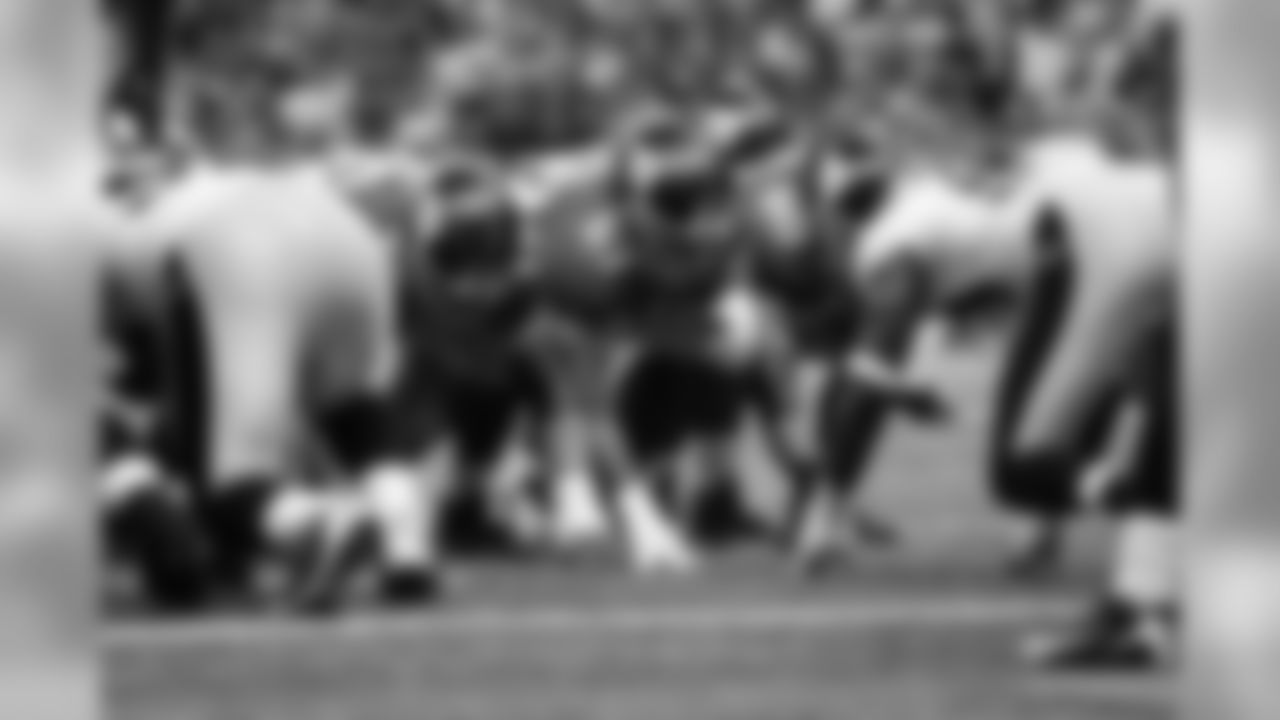
New York Giants guard Chris Snee (76), tackle Kareem McKenzie (67) and corner Shaun O'Hara (60) line up against the New Orleans Saints during the first half of an NFL football game in New Orleans, Sunday, October 18, 2009. (AP Photo/Patrick Semansky)
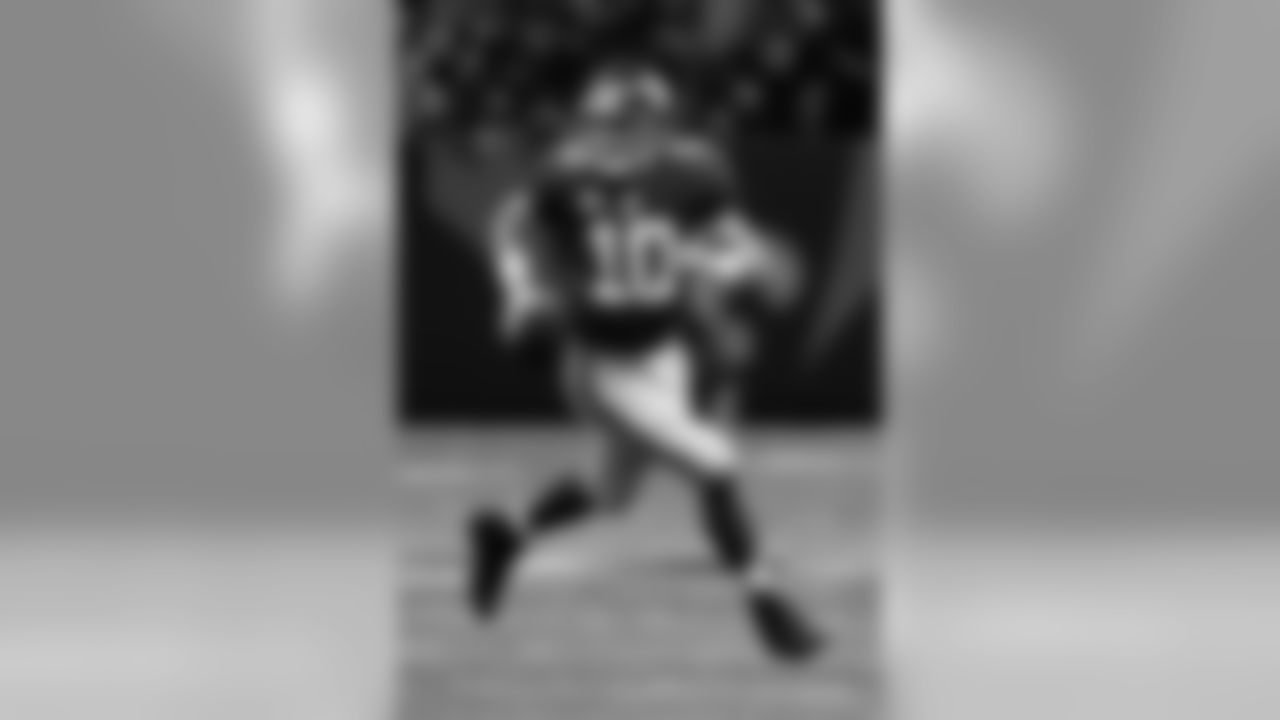
New York Giants quarterback Eli Manning (10) runs with the ball against the New Orleans Saints during the second half of an NFL football game in New Orleans, Sunday, October 18, 2009. (AP Photo/Patrick Semansky)
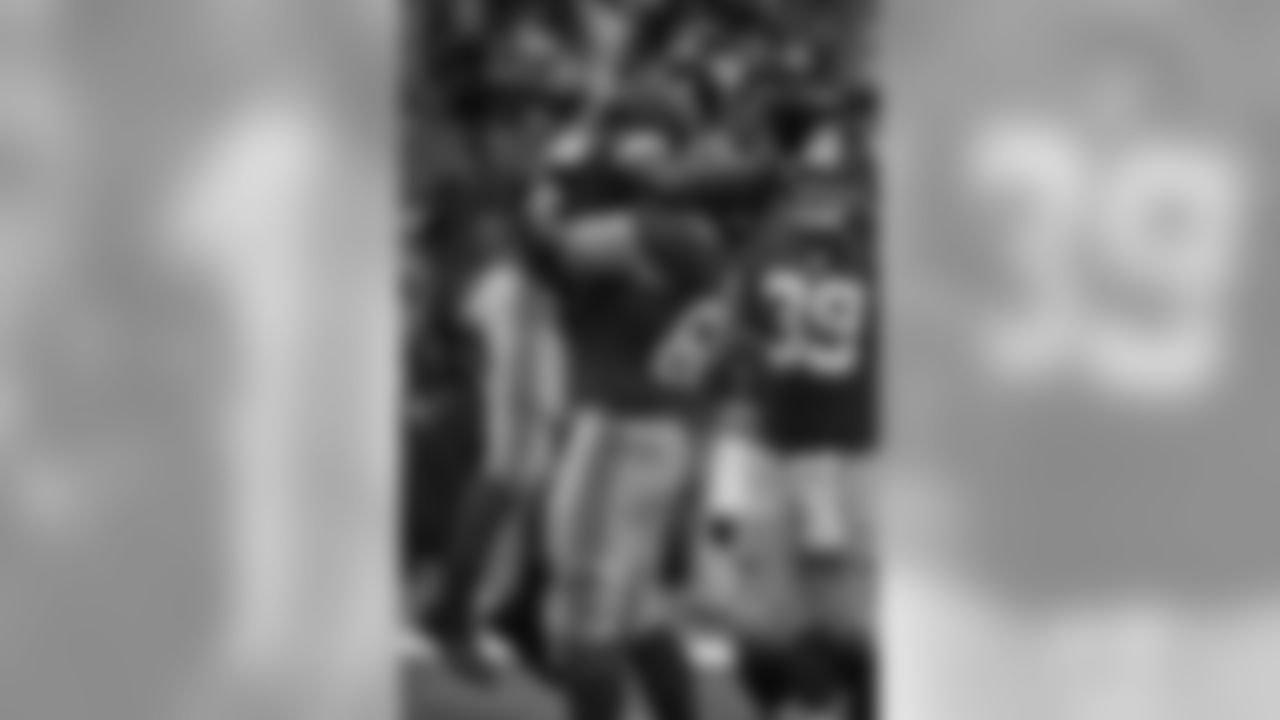
New York Giants running back Ahmad Bradshaw, left, is hoisted up in celebration by teammate Shaun O'Hara as Madison Hedgecock (39) watches after Bradshaw scored a touchdown in the first half of an NFL game between the New York Giants and New Orleans Saints in the Louisiana Superdome in New Orleans, Sunday, Oct. 18, 2009. (AP Photo/Bill Feig)
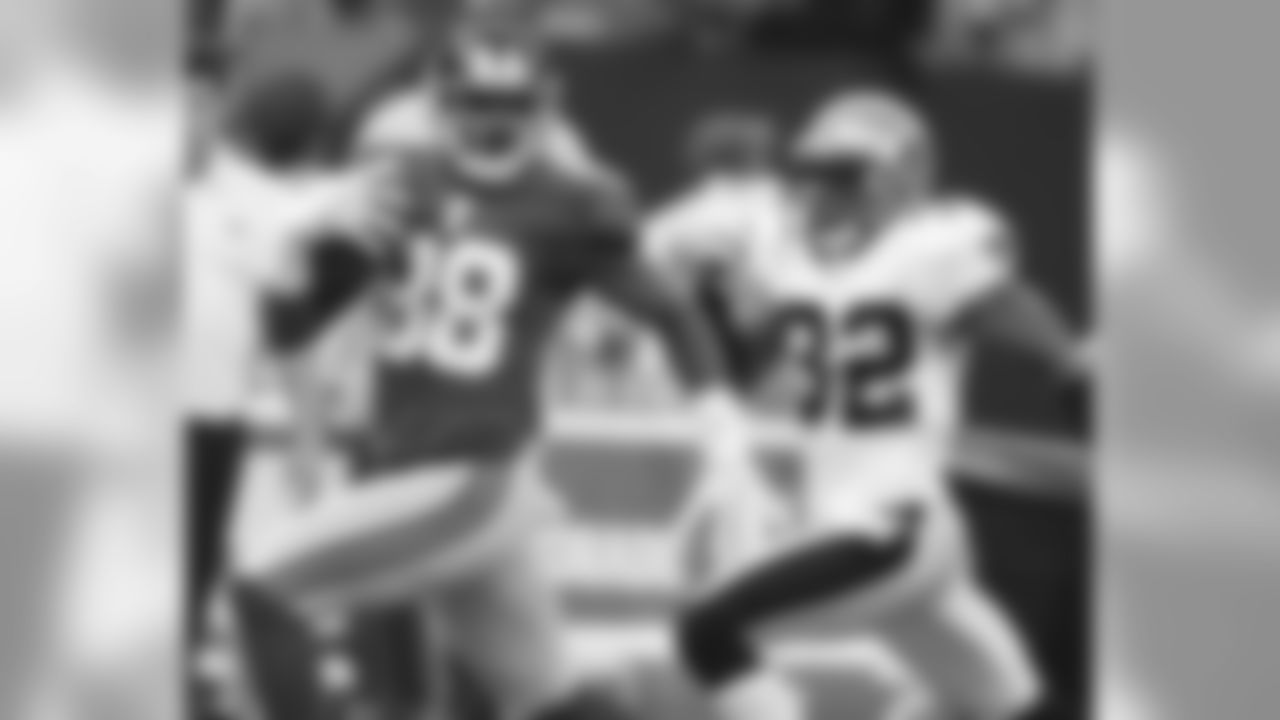
New York Giants wide receiver Hakeem Nicks (88) races with a pass in front of New Orleans Saints cornerback Jabari Greer (32) in the second half of their NFL football game in New Orleans, Sunday, Oct. 18, 2009. (AP Photo/Bill Haber)
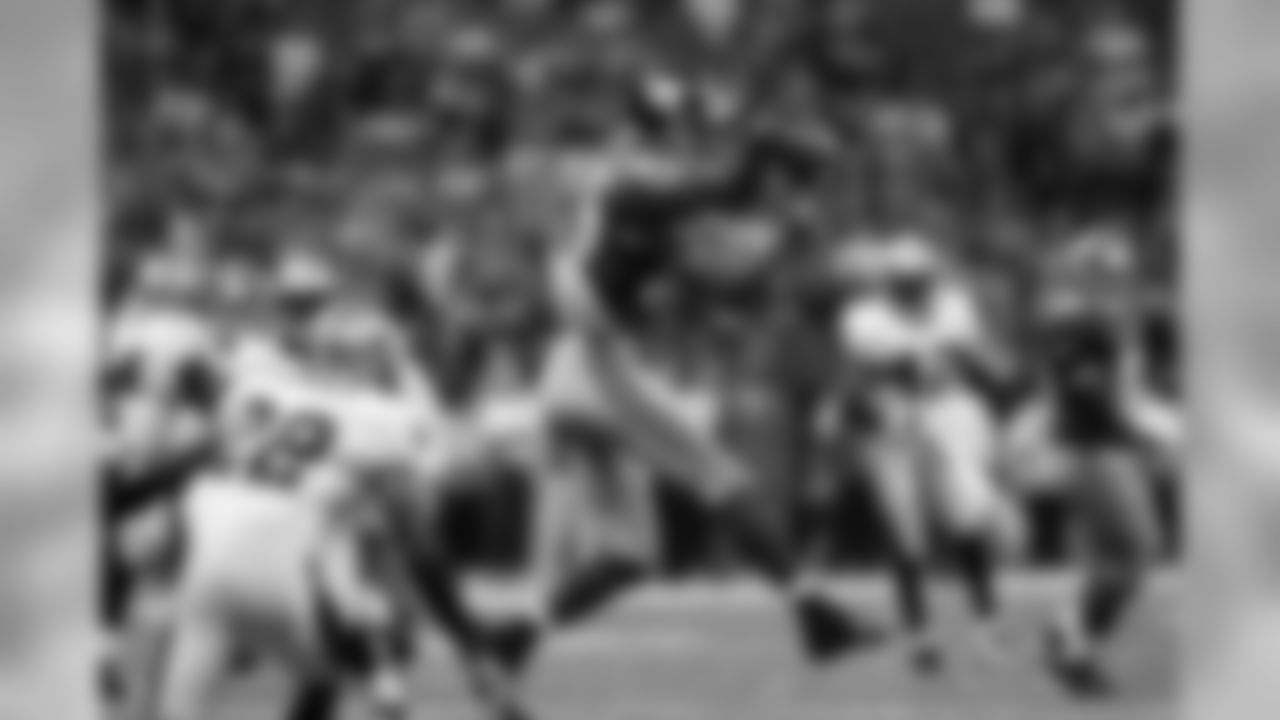
New York Giants wide receiver Domenik Hixon (87) makes a catch over New Orleans Saints corner back Tracy Porter (22) during the second half of an NFL football game in New Orleans, Sunday, Oct.18, 2009. (AP Photo/Patrick Semansky)
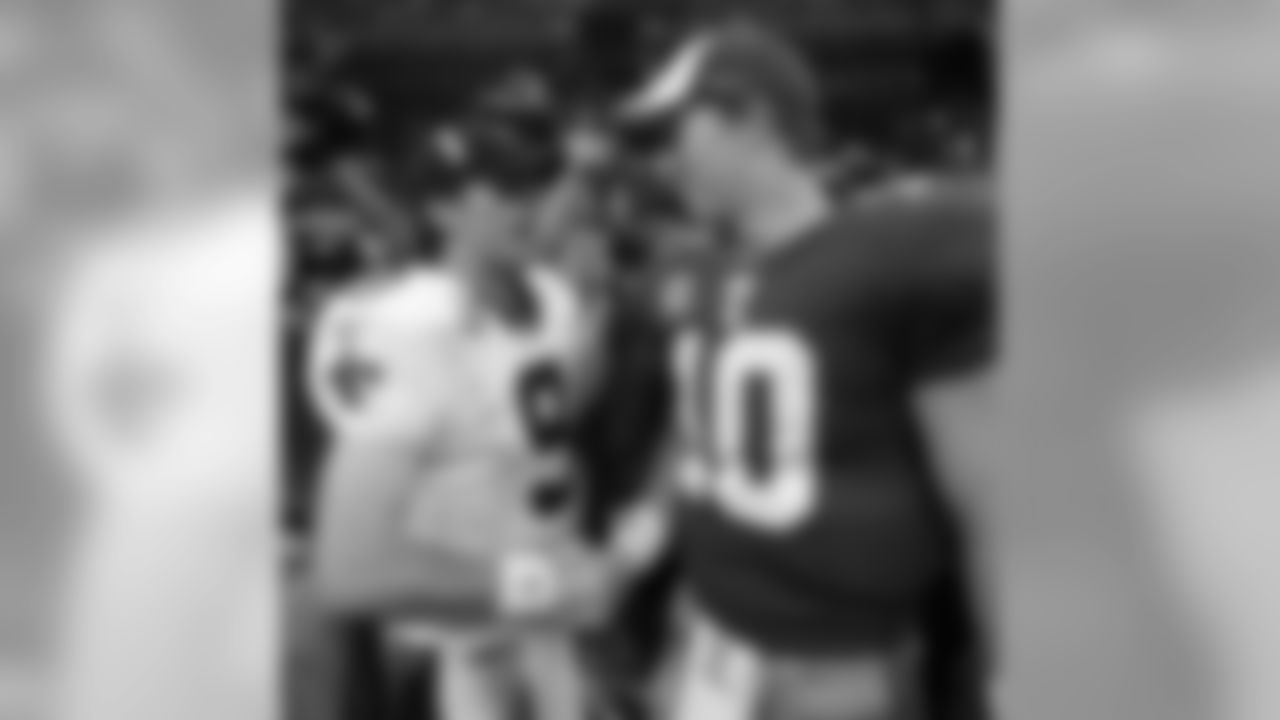
New Orleans Saints quarterback Drew Brees (9) and New York Giants quarterback Eli Manning (10) shake hands after an NFL football game in New Orleans, Sunday, Oct. 18, 2009. (AP Photo/Patrick Semansky)
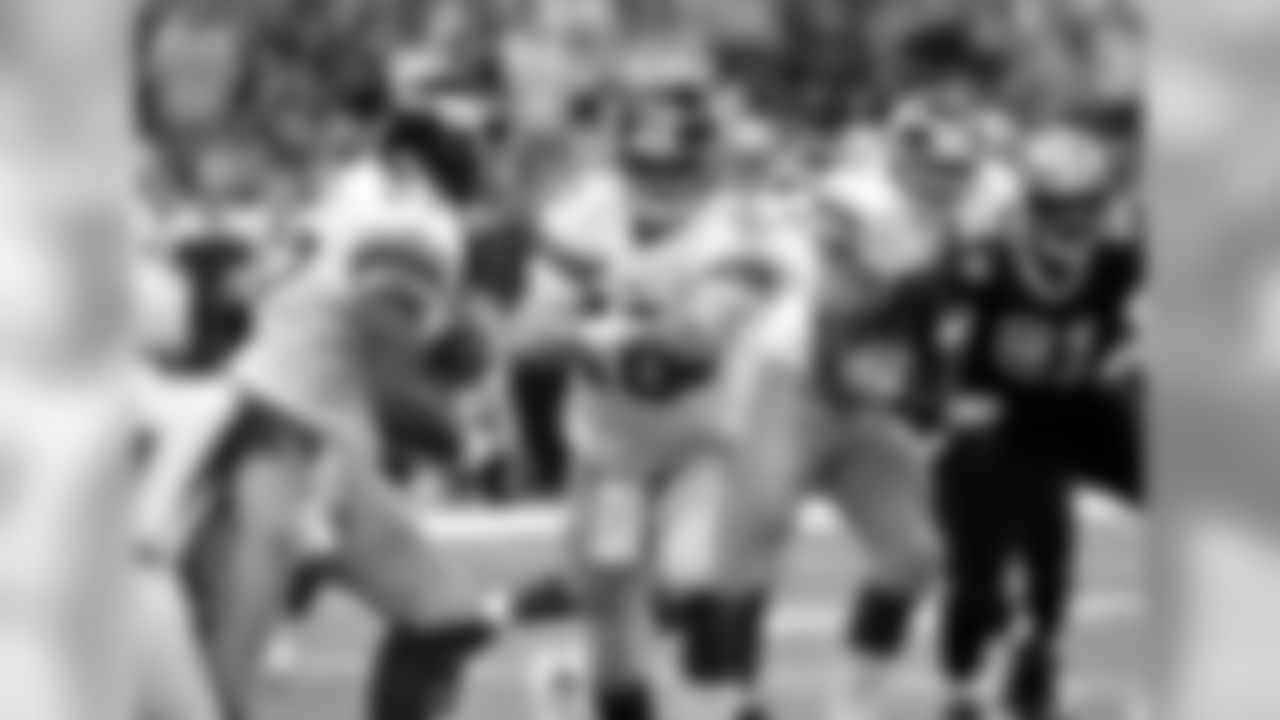
New York Giants quarterback Eli Manning (10) hands off to running back Brandon Jacobs (27) during the first quarter of an NFL football game in New Orleans, Monday, Nov. 28, 2011. (AP Photo/Bill Feig)
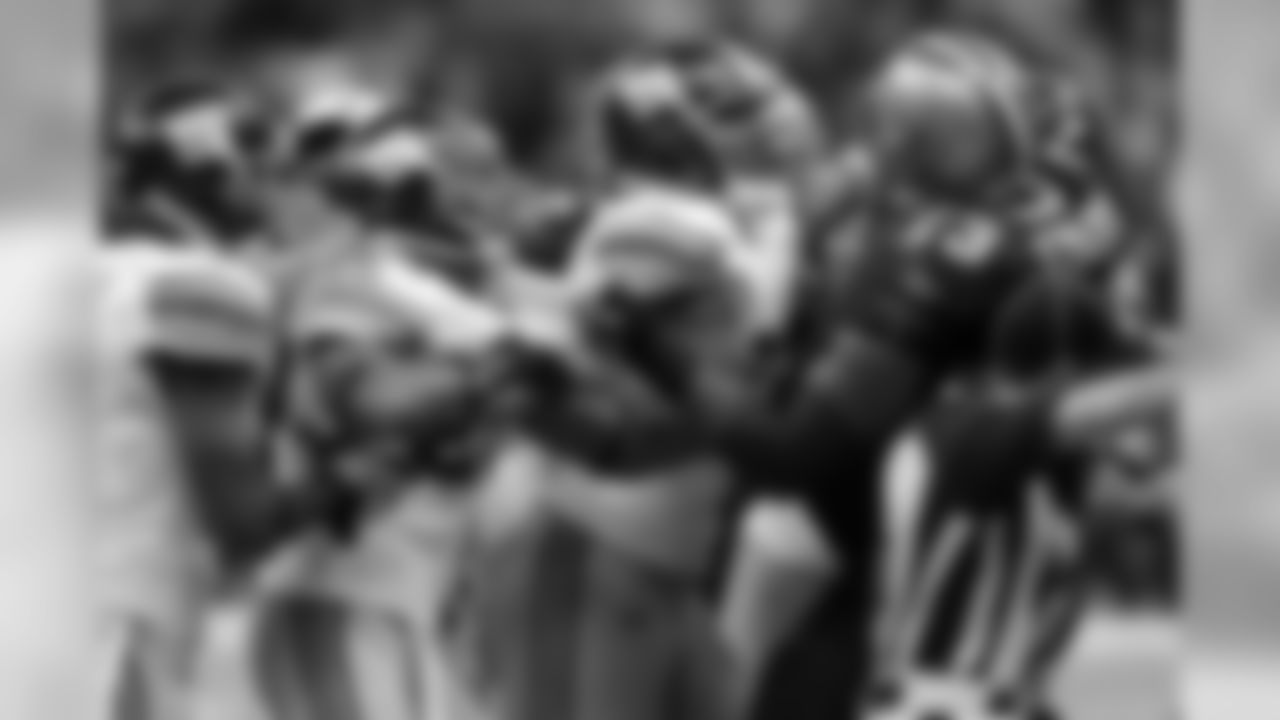
New Orleans Saints guard Jahri Evans (73) scuffles with several New York Giants during the fourth quarter of an NFL football game in New Orleans, Monday, Nov. 28, 2011. (AP Photo/Bill Haber)
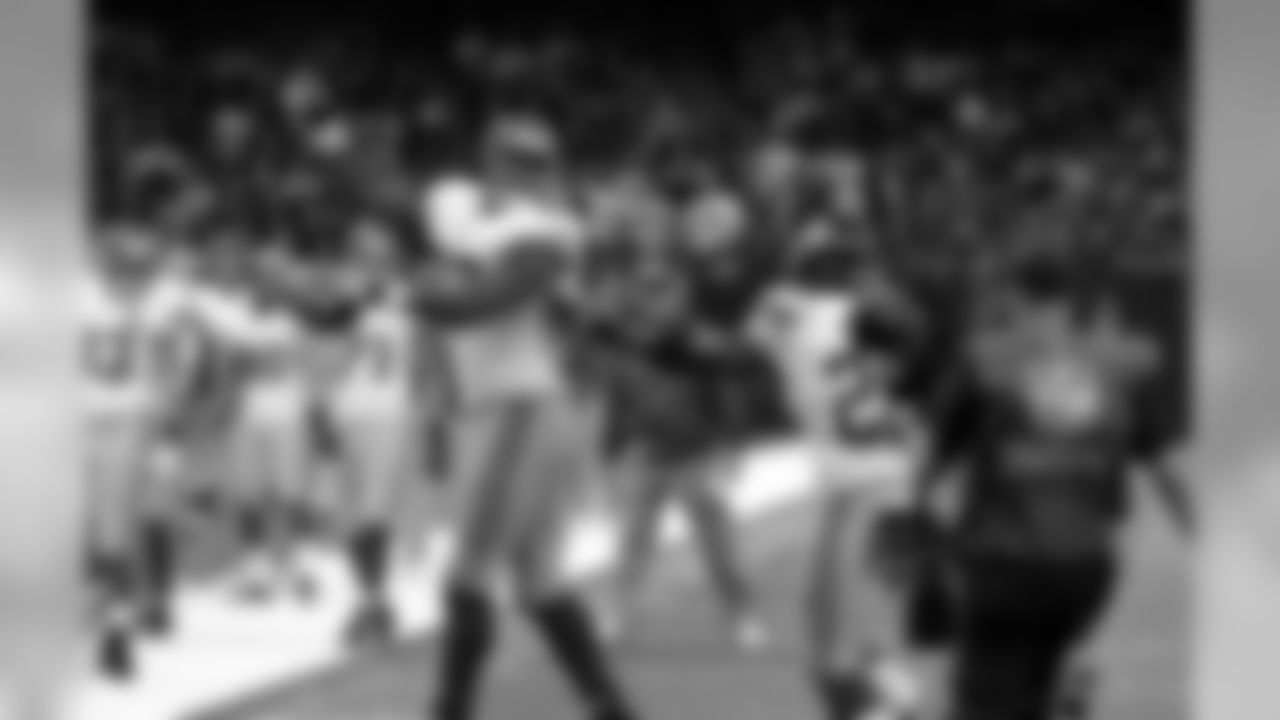
New York Giants running back Brandon Jacobs (27) celebrates his touchdown during the third quarter of an NFL football game in New Orleans, Monday, Nov. 28, 2011. (AP Photo/Bill Haber)
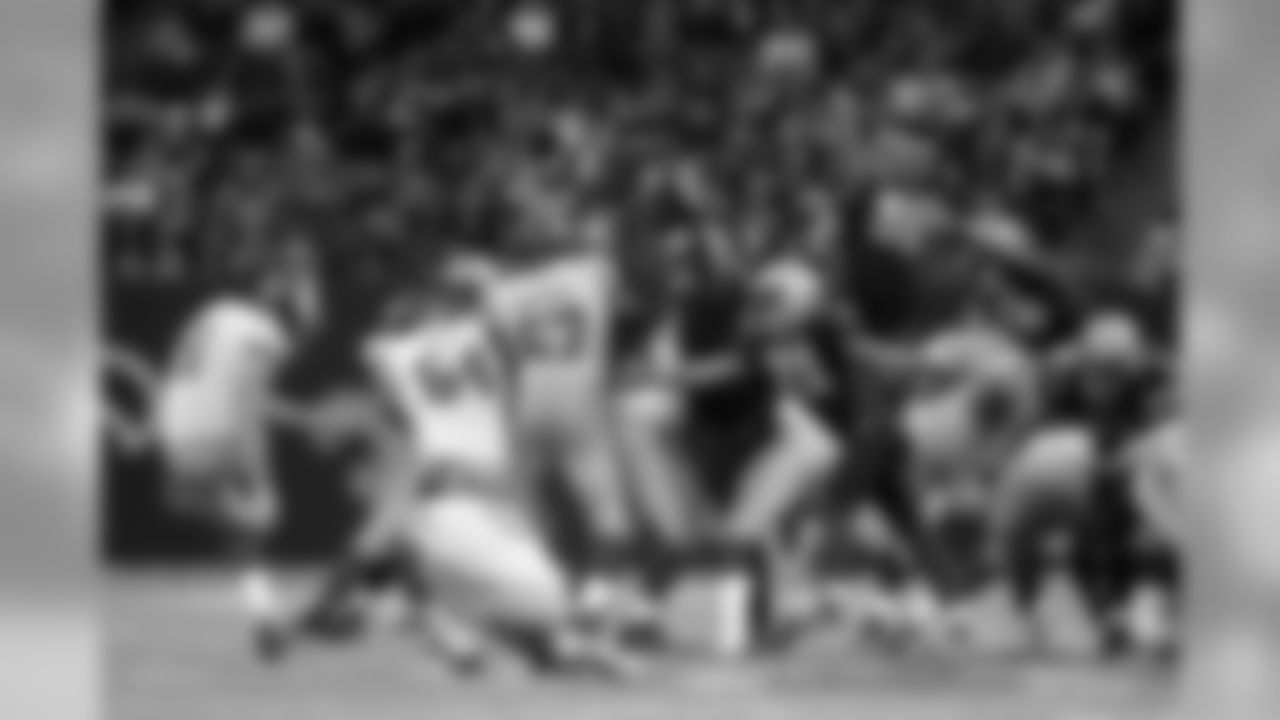
New Orleans Saints outside linebacker Jonathan Casillas (52) tries to block a field goal by New York Giants kicker Lawrence Tynes (9) during the second quarter of an NFL football game in New Orleans, Monday, Nov. 28, 2011. (AP Photo/Bill Haber)
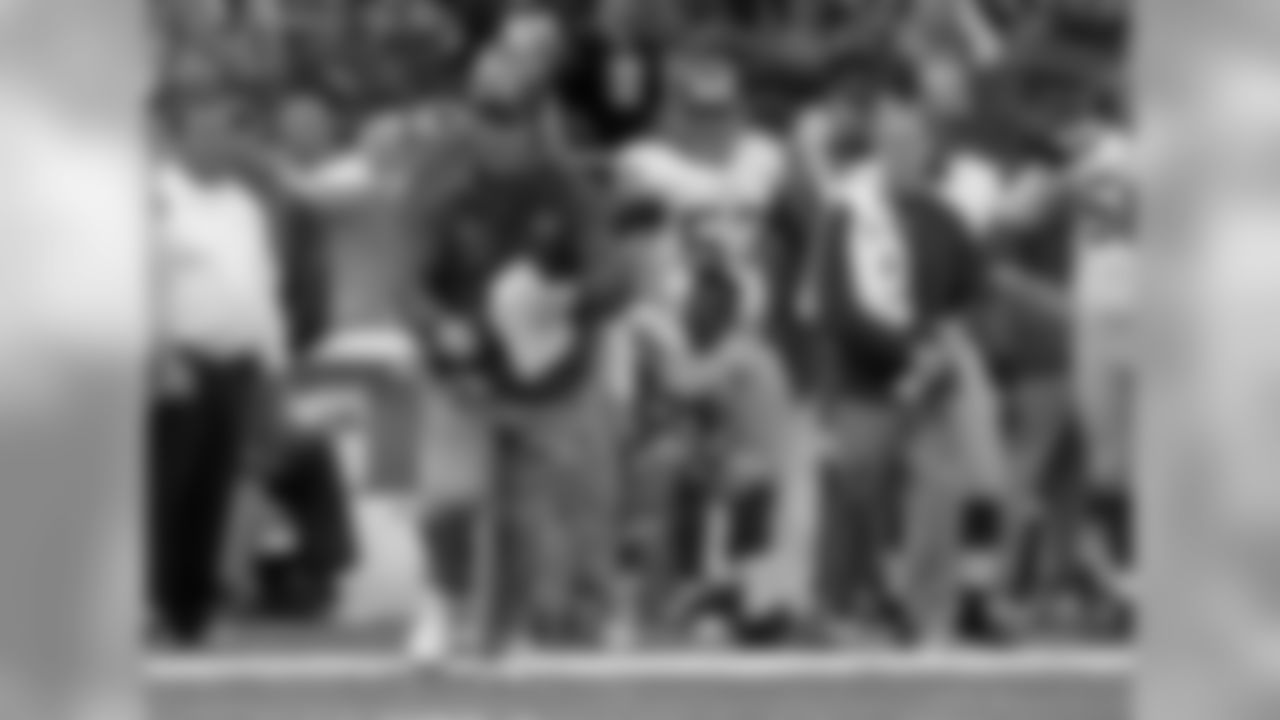
New York Giants head coach Tom Coughlin during the second quarter of an NFL football game against the New Orleans Saints in New Orleans, Monday, Nov. 28, 2011. (AP Photo/Bill Haber)
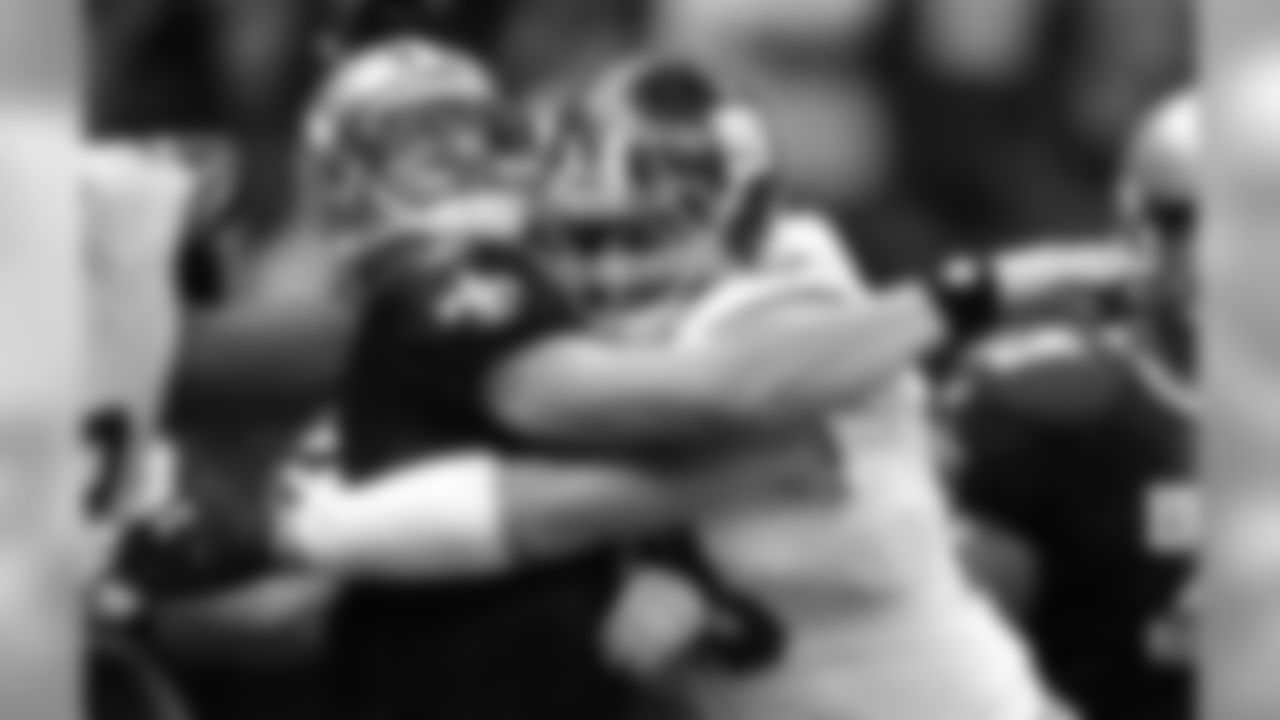
New Orleans Saints quarterback Drew Brees (9) is hit by New York Giants linebacker Mark Herzlich (58) after releasing a pass during the second quarter of an NFL football game in New Orleans, Monday, Nov. 28, 2011. (AP Photo/Bill Feig)
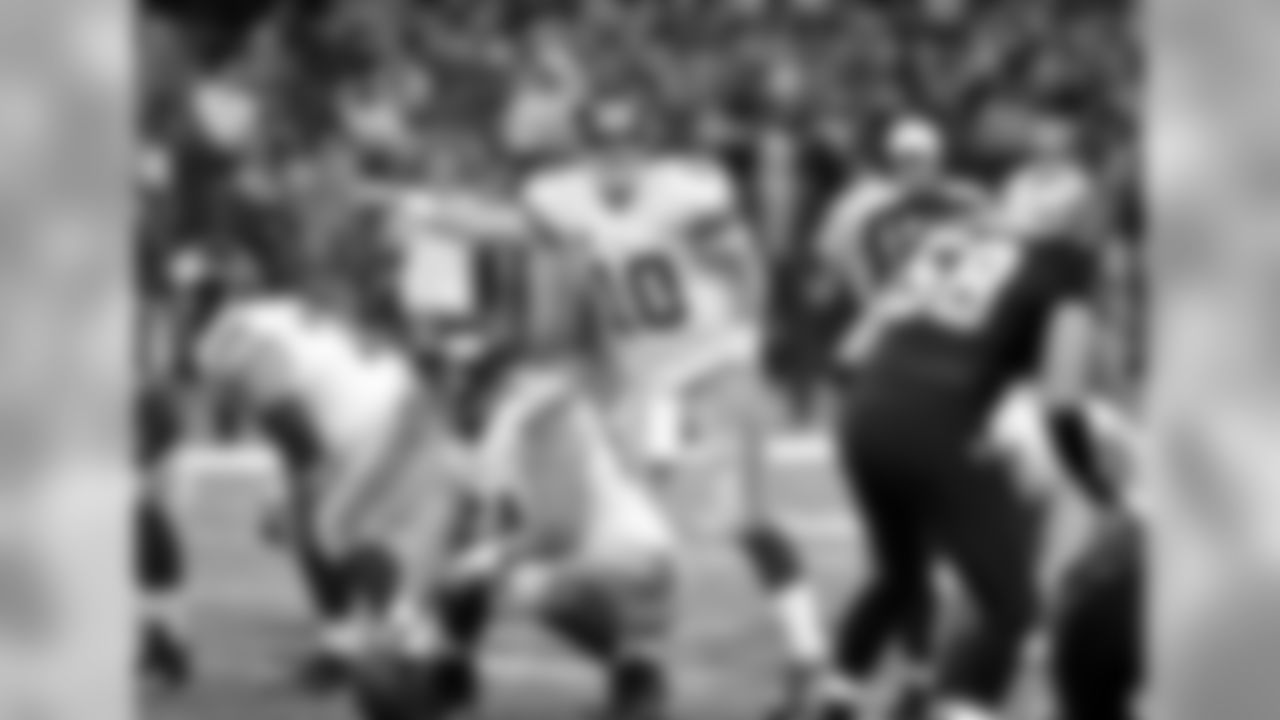
New York Giants quarterback Eli Manning (10) calls out a play at the line of scrimmage during the second quarter of an NFL football game against the New Orleans Saints in New Orleans, Monday, Nov. 28, 2011. (AP Photo/Bill Feig)
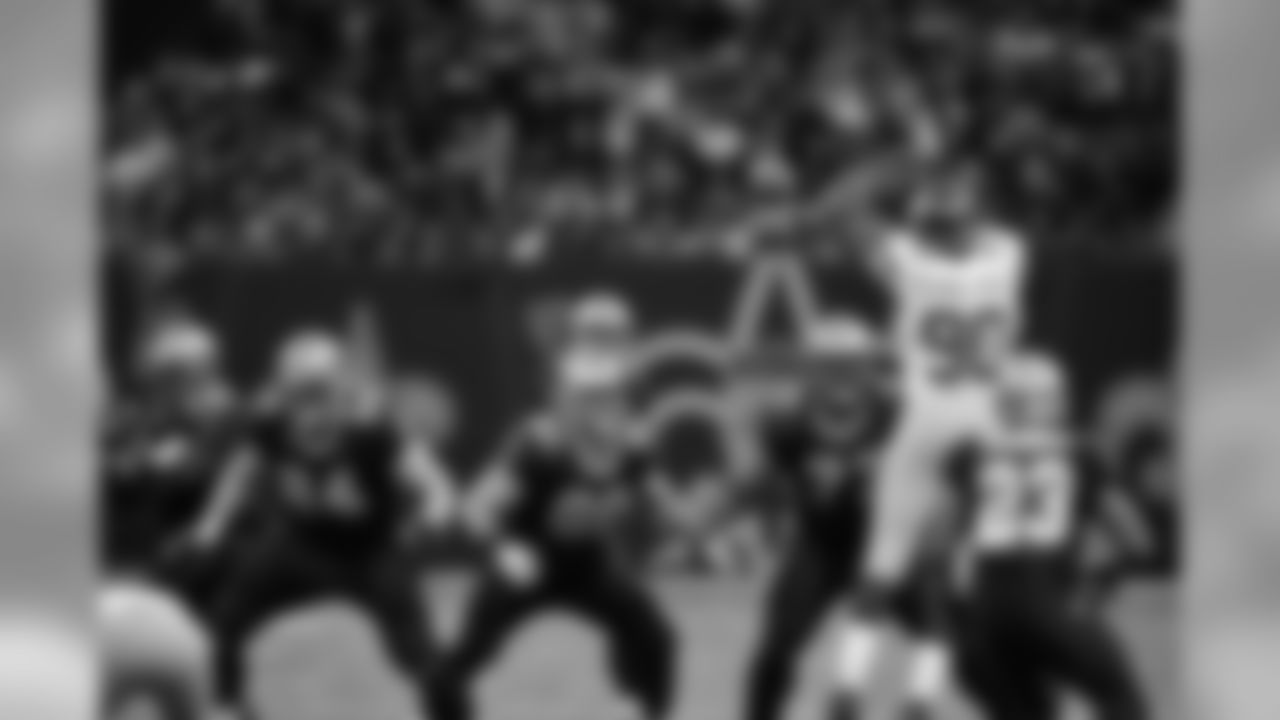
New York Giants defensive end Jason Pierre-Paul (90) tries to block the pass of New Orleans Saints quarterback Drew Brees (9) during the fourth quarter of an NFL football game in New Orleans, Monday, Nov. 28, 2011. (AP Photo/Bill Feig)
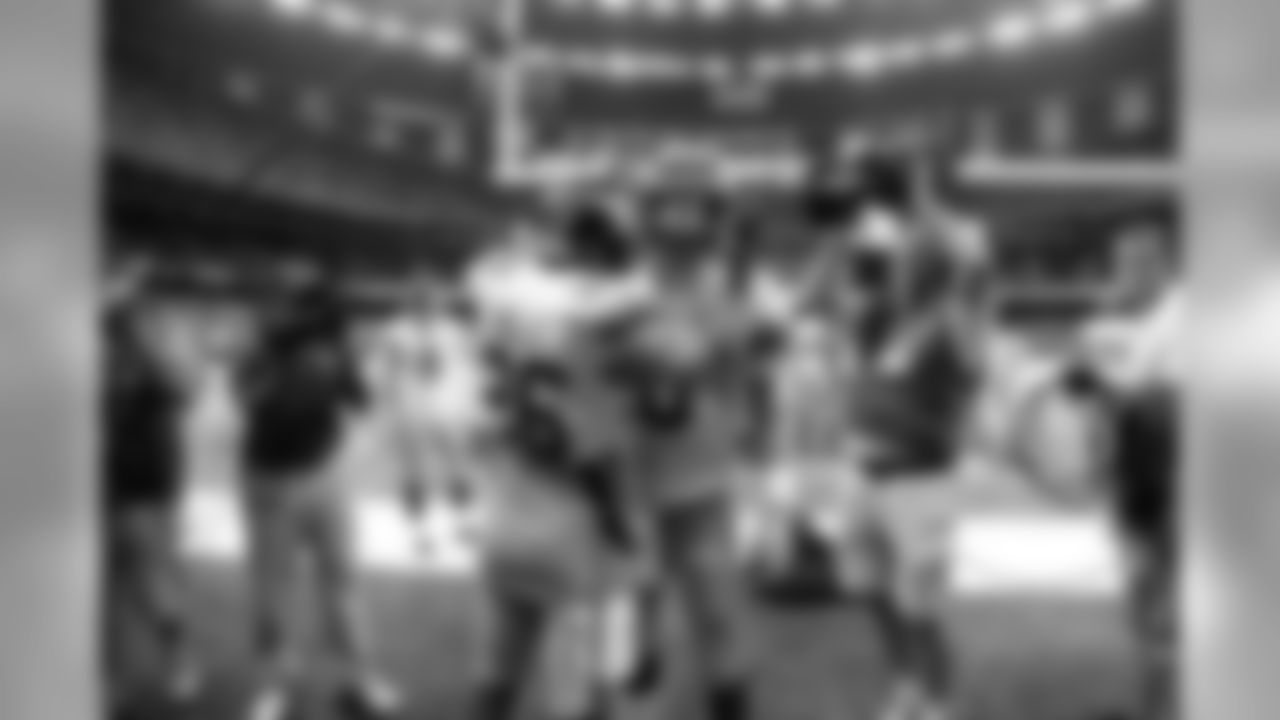
New York Giants free safety Antrel Rolle (26) pats quarterback Eli Manning (10) on the head prior to an NFL football game between the New Orleans Saints and the New York Giants in New Orleans, Monday, Nov. 28, 2011. (AP Photo/Bill Haber)
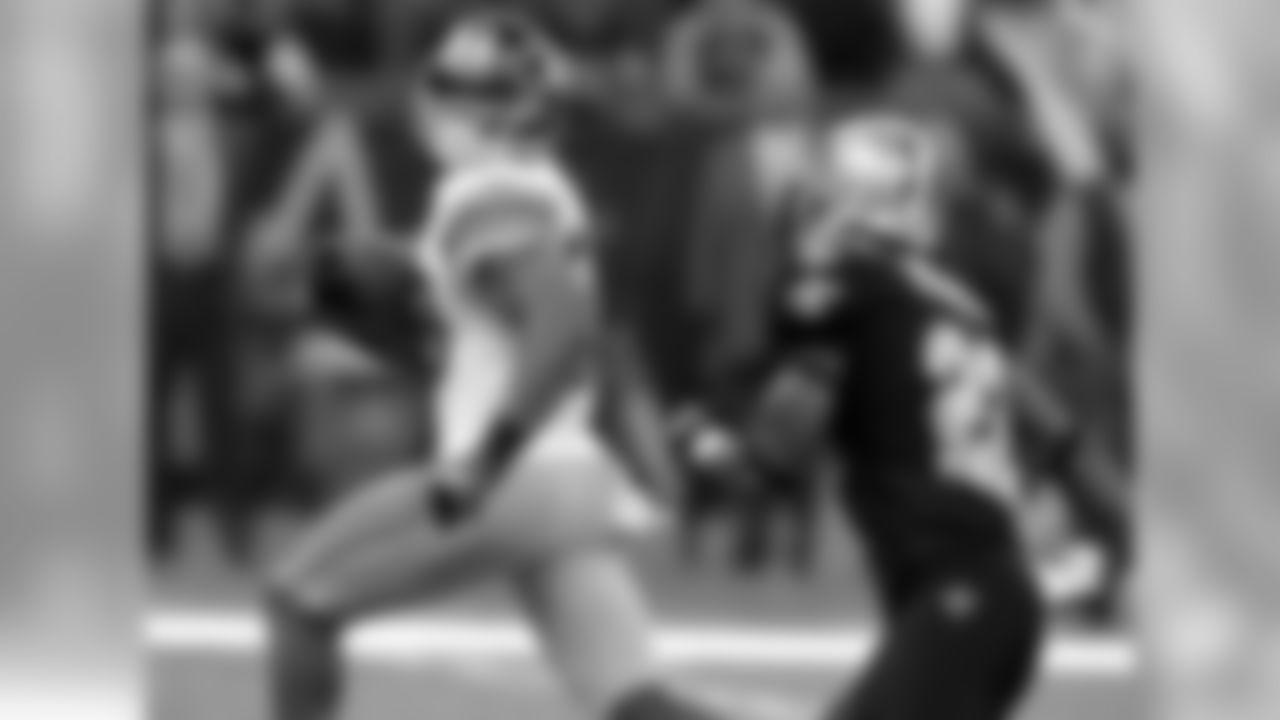
New York Giants wide receiver Victor Cruz (80) looks over his shoulder at New Orleans Saints cornerback Tracy Porter (22) as he runs for a touchdown during the fourth quarter of an NFL football game in New Orleans, Monday, Nov. 28, 2011. (AP Photo/Bill Haber)
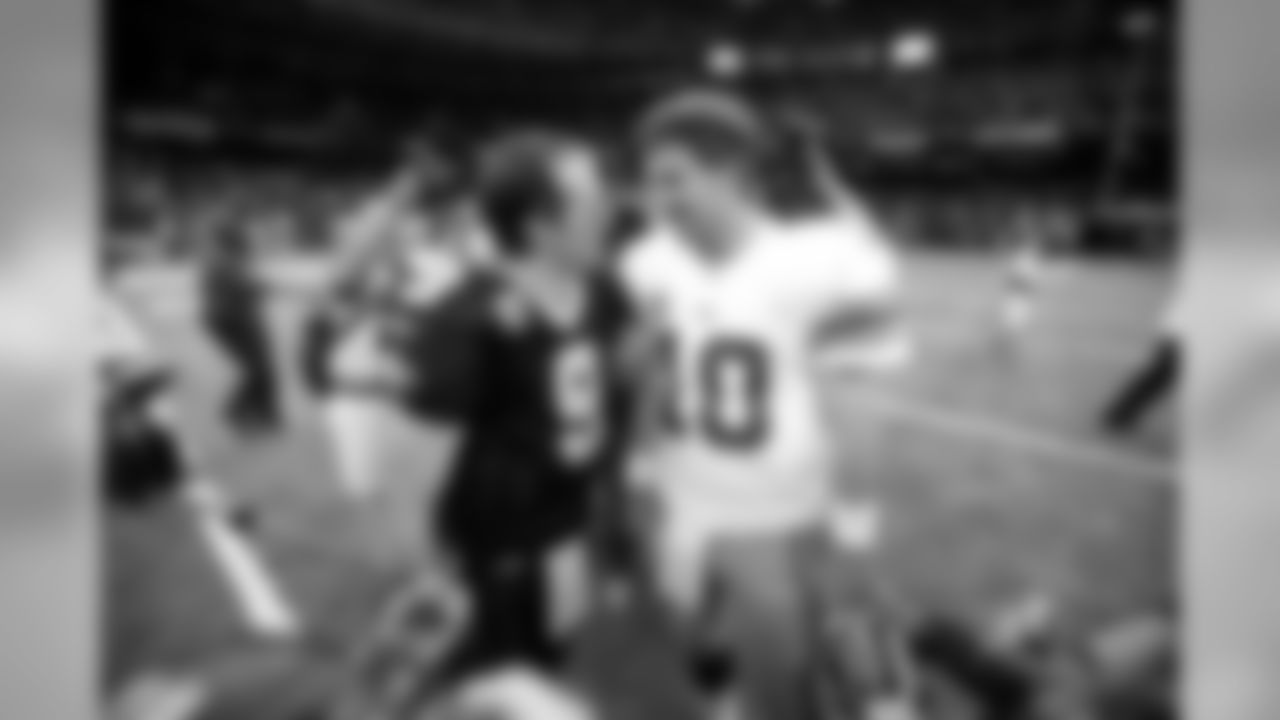
New Orleans Saints quarterback Drew Brees (9) and New York Giants quarterback Eli Manning (10) talk after their NFL football game in New Orleans, Monday, Nov. 28, 2011.(AP Photo/Bill Haber)
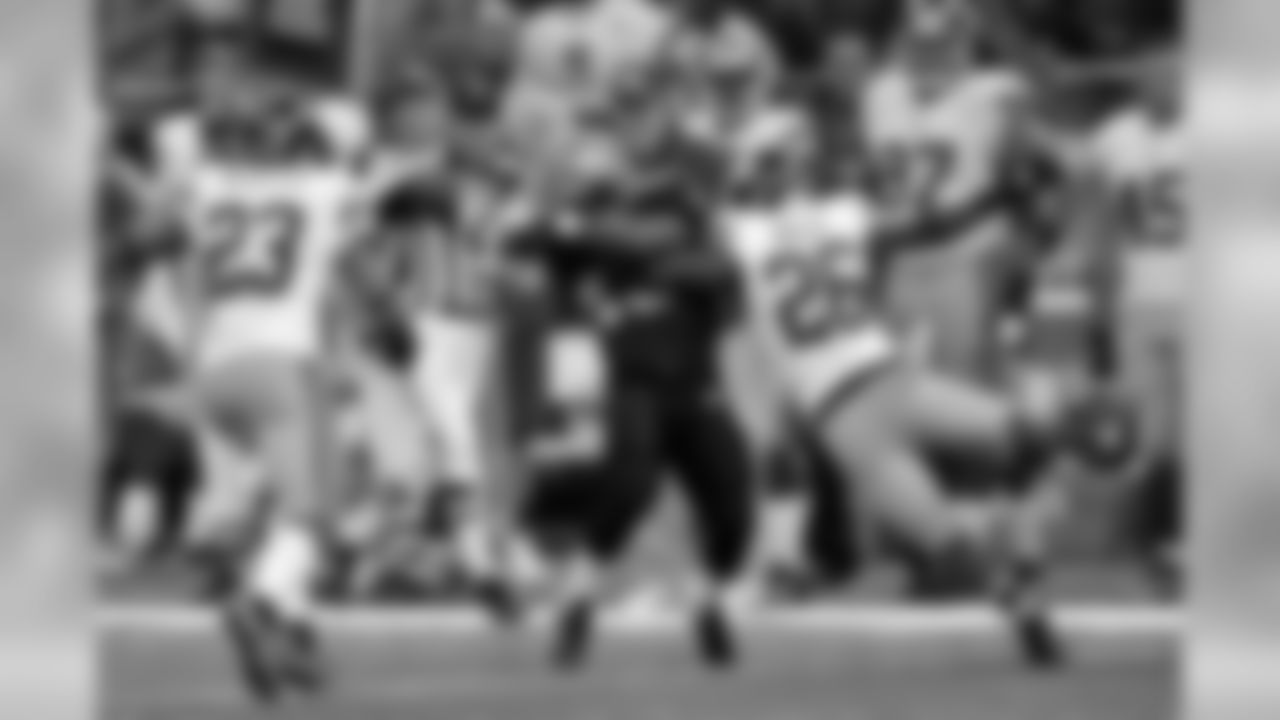
New York Giants free safety Antrel Rolle (26) breaks up a pass intended for New Orleans Saints running back Darren Sproles (43)during the third quarter of an NFL football game in New Orleans, Monday, Nov. 28, 2011. (AP Photo/Bill Feig)
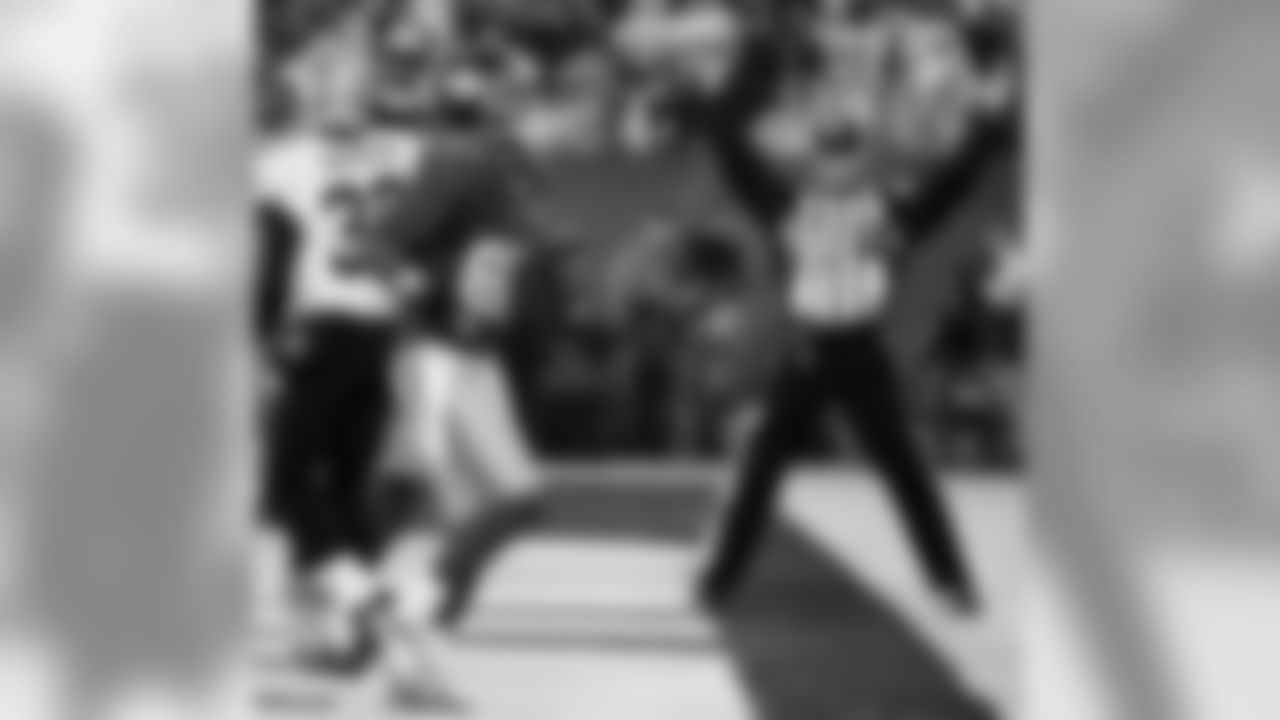
New York Giants wide receiver Victor Cruz (80) dances in the end zone to celebrate his 10-yard touchdown catch during the second half of an NFL football game against the New Orleans Saints, Sunday, Dec. 9, 2012, in East Rutherford, N.J. At left is Saints cornerback Johnny Patrick (32). (AP Photo/Kathy Willens)
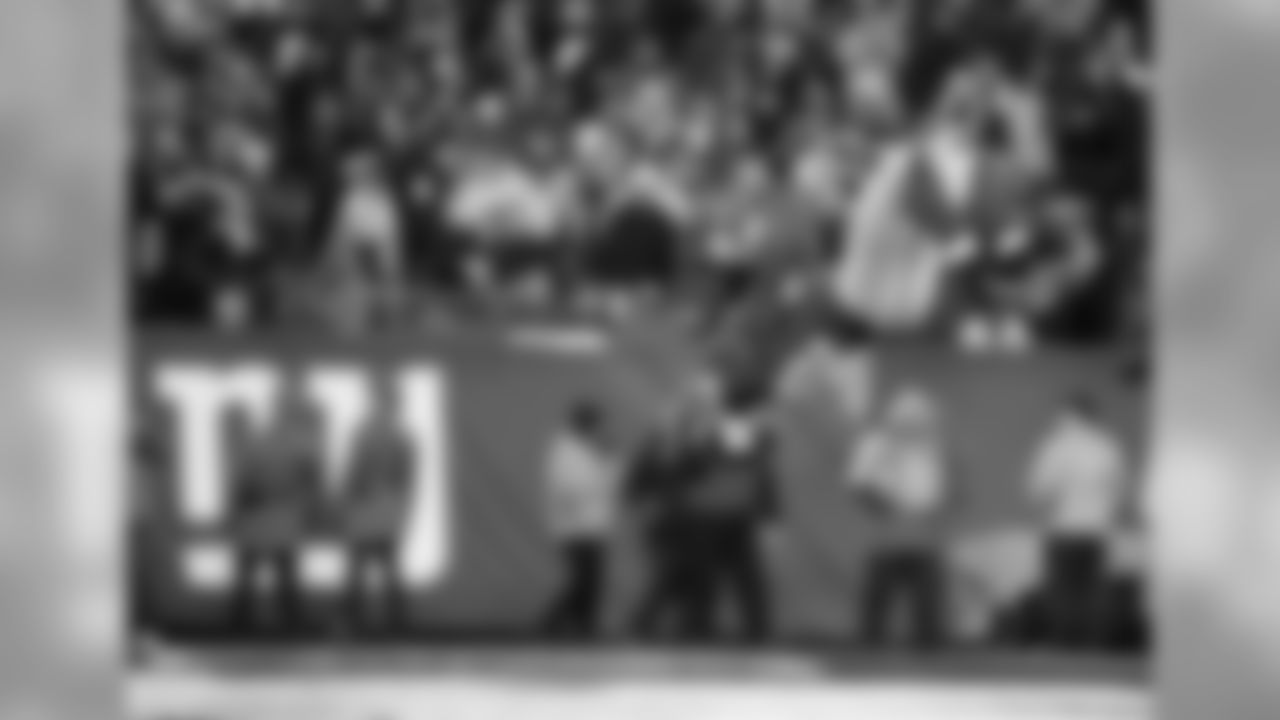
New York Giants running back David Wilson (22) does a summersault after scoring on a six-yard touchdown run during the second half of an NFL football game against the New Orleans Saints Sunday, Dec. 9, 2012, in East Rutherford, N.J. (AP Photo/Kathy Willens)
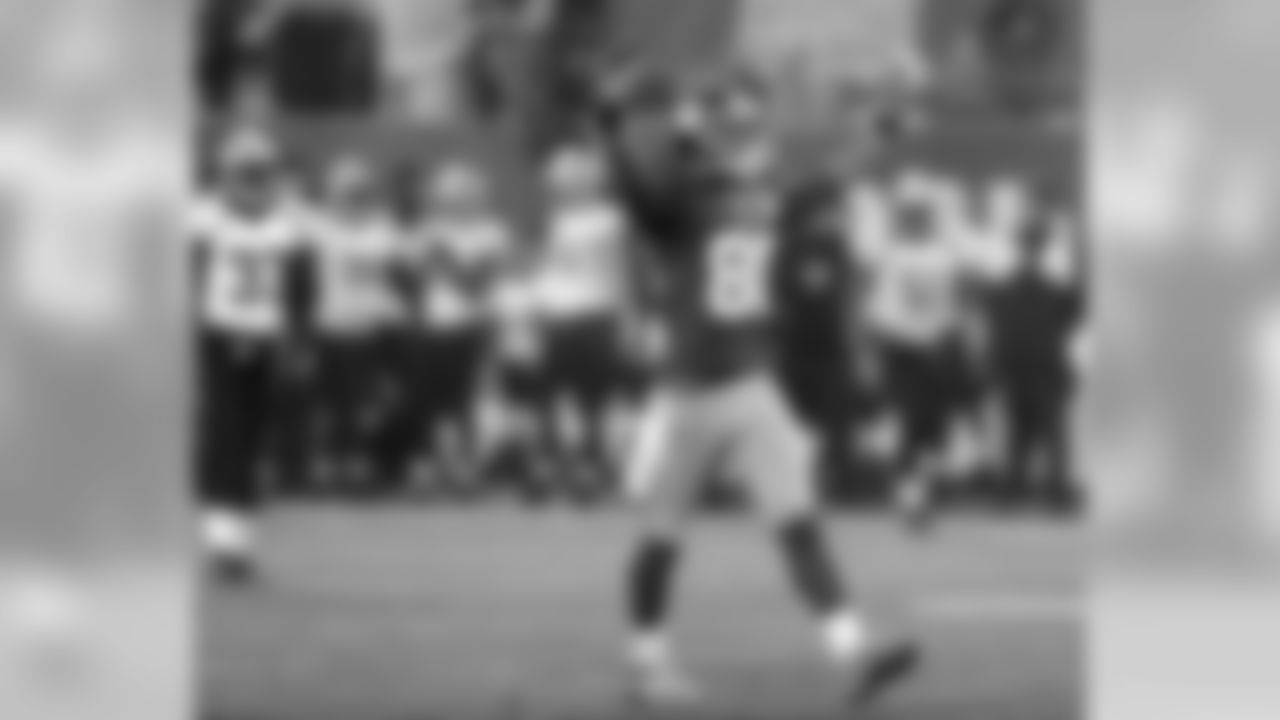
FILE - In this Dec. 9, 2012, file photo, New York Giants wide receiver Victor Cruz (80) draws in the crowd after a short gain during the second half of an NFL football game against the New Orleans Saints in East Rutherford, N.J. (AP Photo/Bill Kostroun, File)
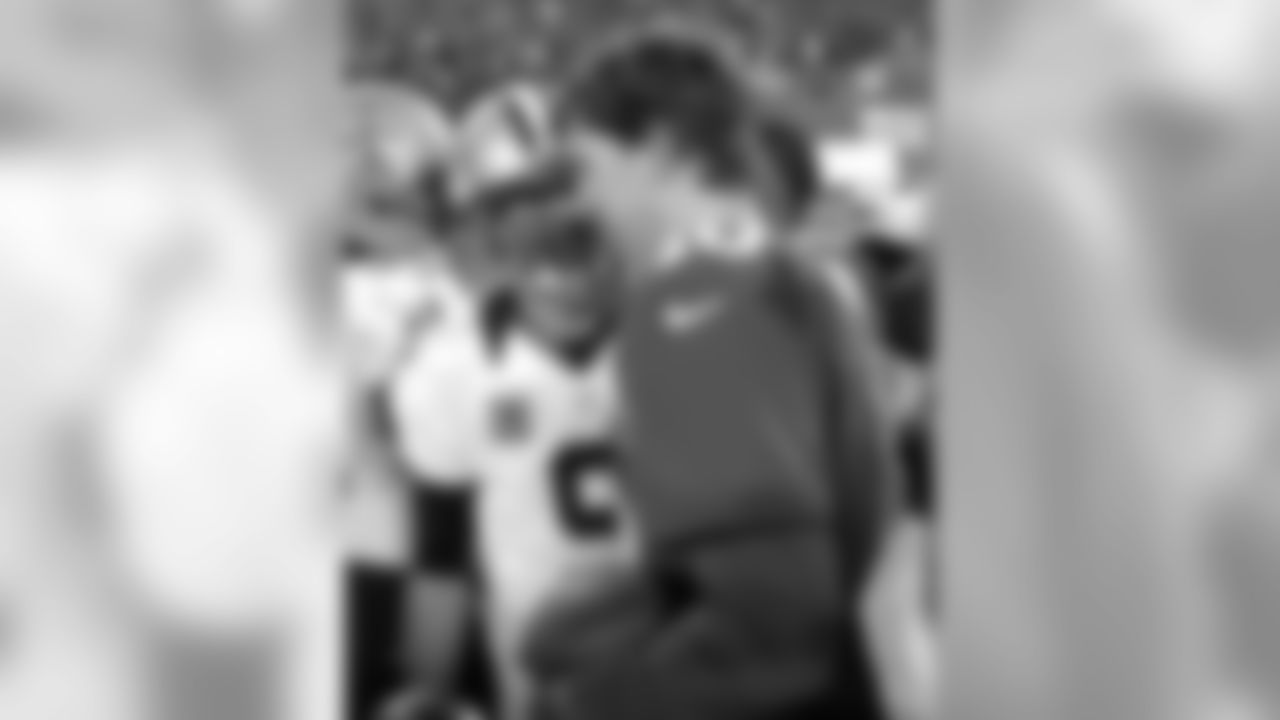
New Orleans Saints quarterback Drew Brees (9) chats with New York Giants quarterback Eli Manning following their NFL football game Sunday, Dec. 9, 2012, in East Rutherford, N.J. The Giants defeated the Saints 52-27. (AP Photo/Bill Kostroun)
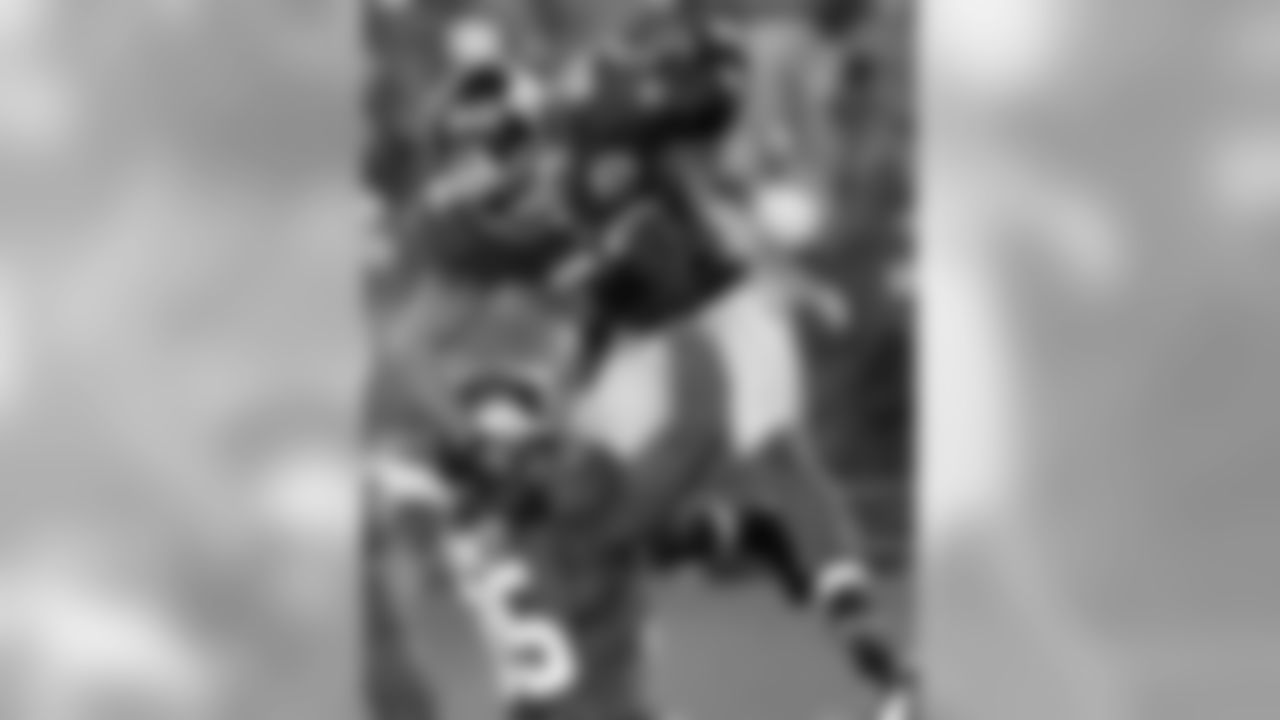
New York Giants running back David Wilson (22) is hoisted into the air by Martellus Bennett after scoring on a 52-yard touchdown run during the fourth quarter of an NFL football game, Sunday, Dec. 9, 2012, in East Rutherford, N.J. The Giants won 52-27. (AP Photo/Kathy Willens)

New York Giants running back David Wilson (22) flips after scoring on a 6-yard touchdown run during the second half of an NFL football game against the New Orleans Saints, Sunday, Dec. 9, 2012, in East Rutherford, N.J. (AP Photo/Kathy Willens)
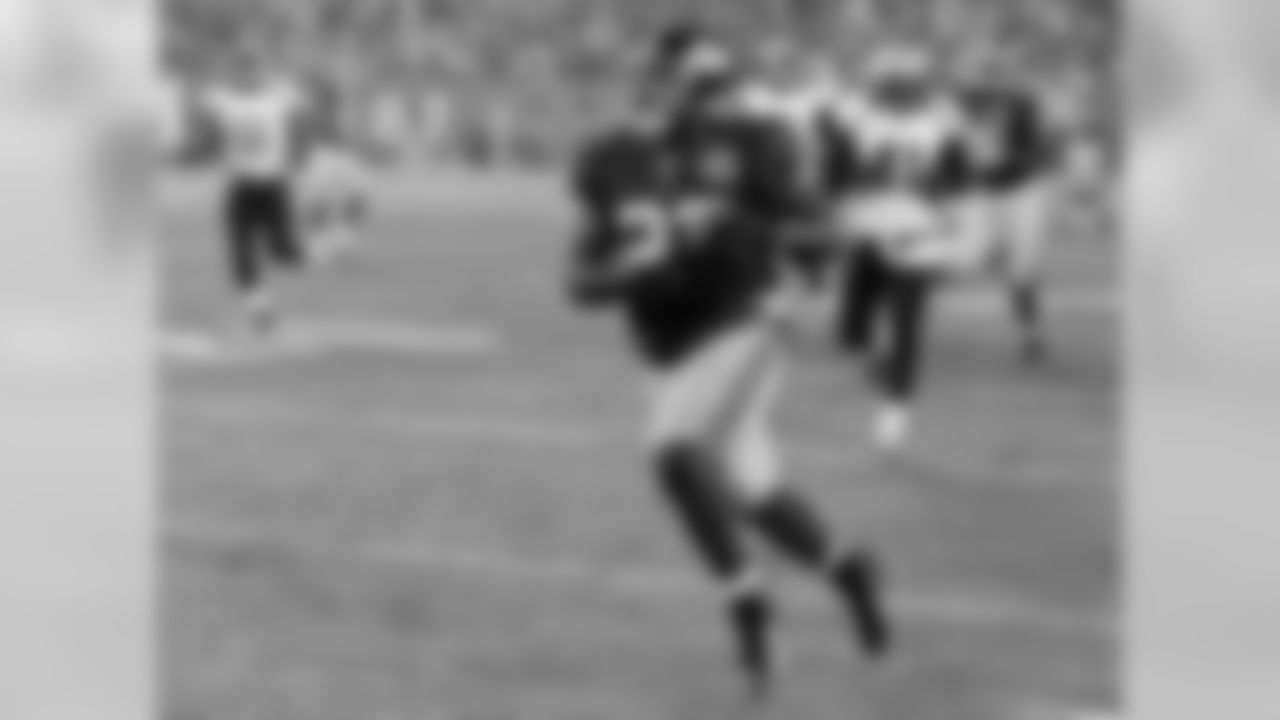
New York Giants running back David Wilson (22) runs for a 52-yard touchdown against the New Orleans Saints during the second half of an NFL football game, Sunday, Dec. 9, 2012, in East Rutherford, N.J. (AP Photo/Bill Kostroun)
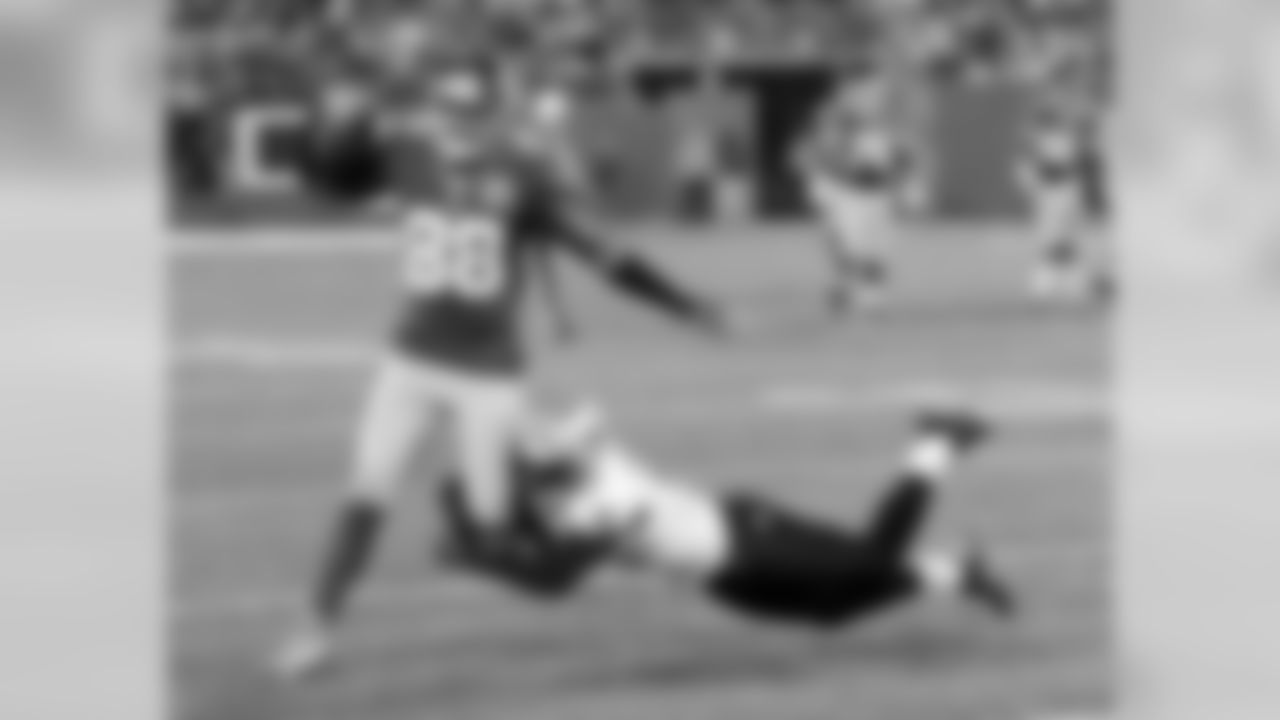
FILE - In this Dec. 9, 2012, file photo, New York Giants wide receiver Hakeem Nicks (88) is tackled by New Orleans Saints outside linebacker Jonathan Vilma during an NFL football game in East Rutherford, N.J. (AP Photo/Bill Kostroun, File)
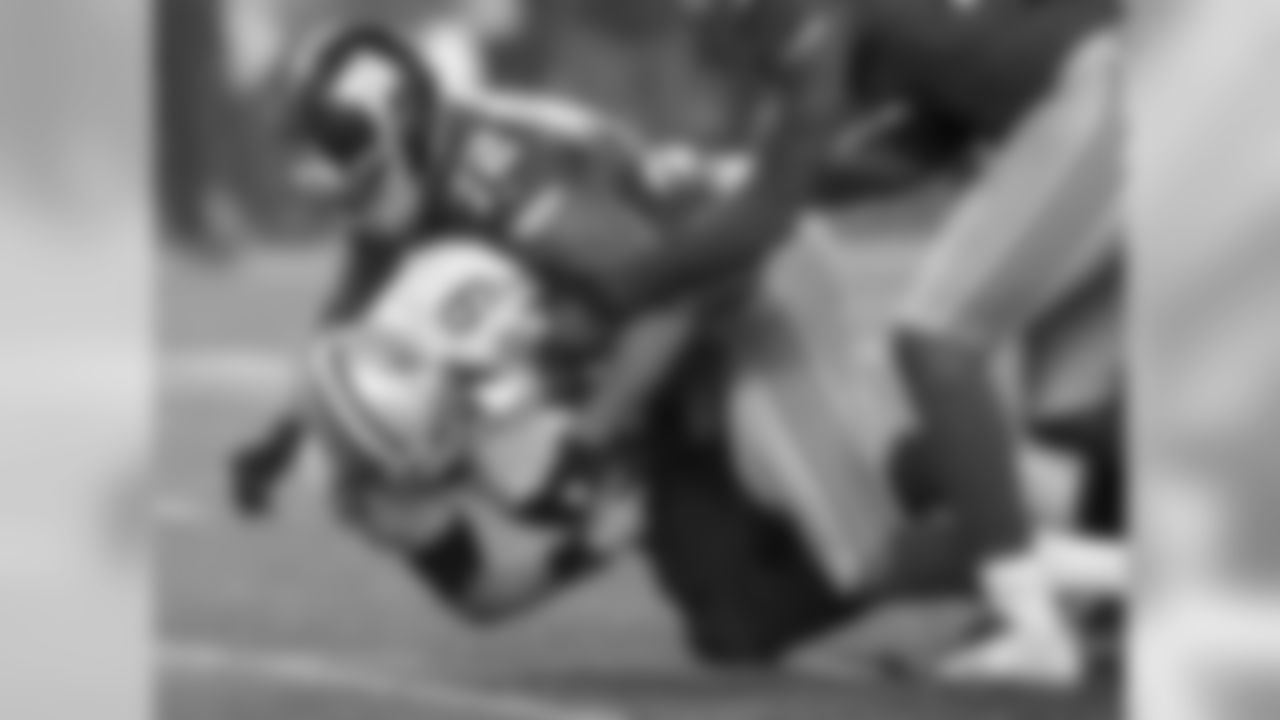
FILE - In this Dec. 9, 2012 file photo, New Orleans Saints quarterback Drew Brees (9) is sacked by New York Giants defensive end Osi Umenyiora (72) during the second half of an NFL football game in East Rutherford, N.J. (AP Photo/Bill Kostroun, File)
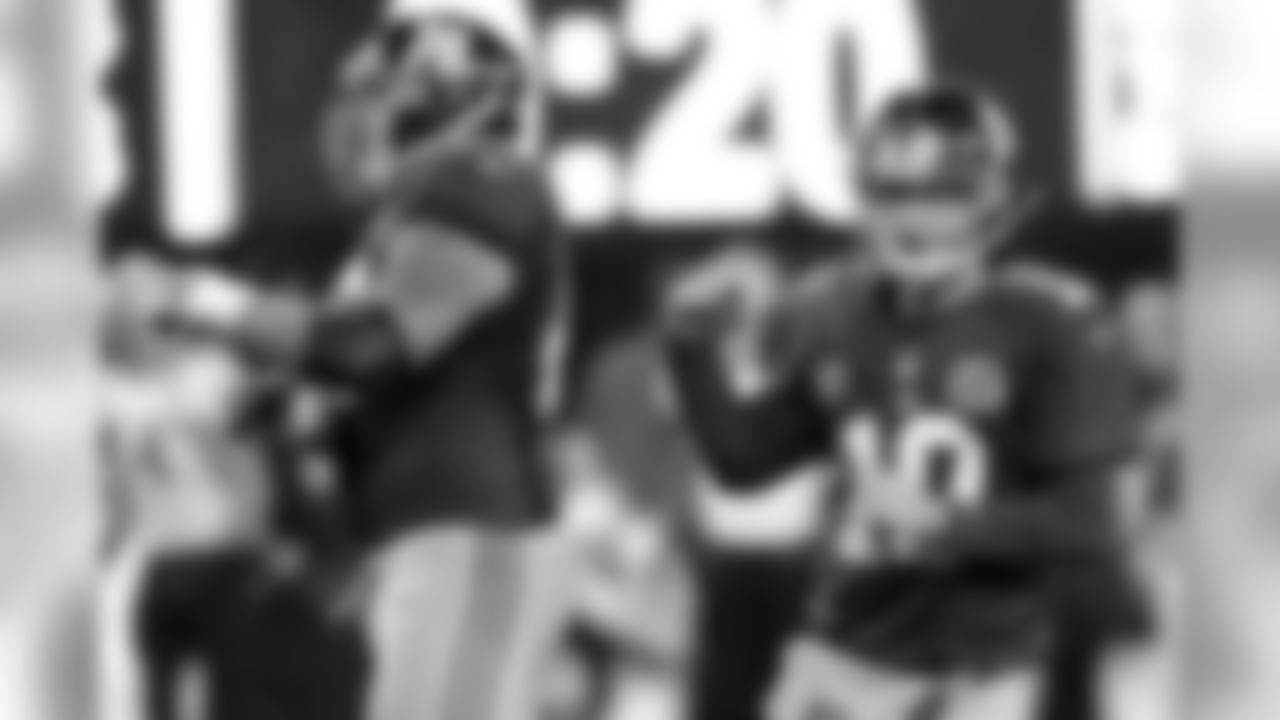
New York Giants quarterback Eli Manning (10) celebrates with David Diehl after his 5-yard touchdown pass to wide receiver Domenik Hixonduring the first half of an NFL football game against the New Orleans Saints, Sunday, Dec. 9, 2012, in East Rutherford, N.J. (AP Photo/Bill Kostroun)

New York Giants quarterback Eli Manning (10) talks w New Orleans Saints quarterback Drew Brees (9) following a week 8 NFL football game on November 1, 2015 at the Mercedes- Benz Superdome in New Orleans, Louisiana (Evan Pinkus via AP)
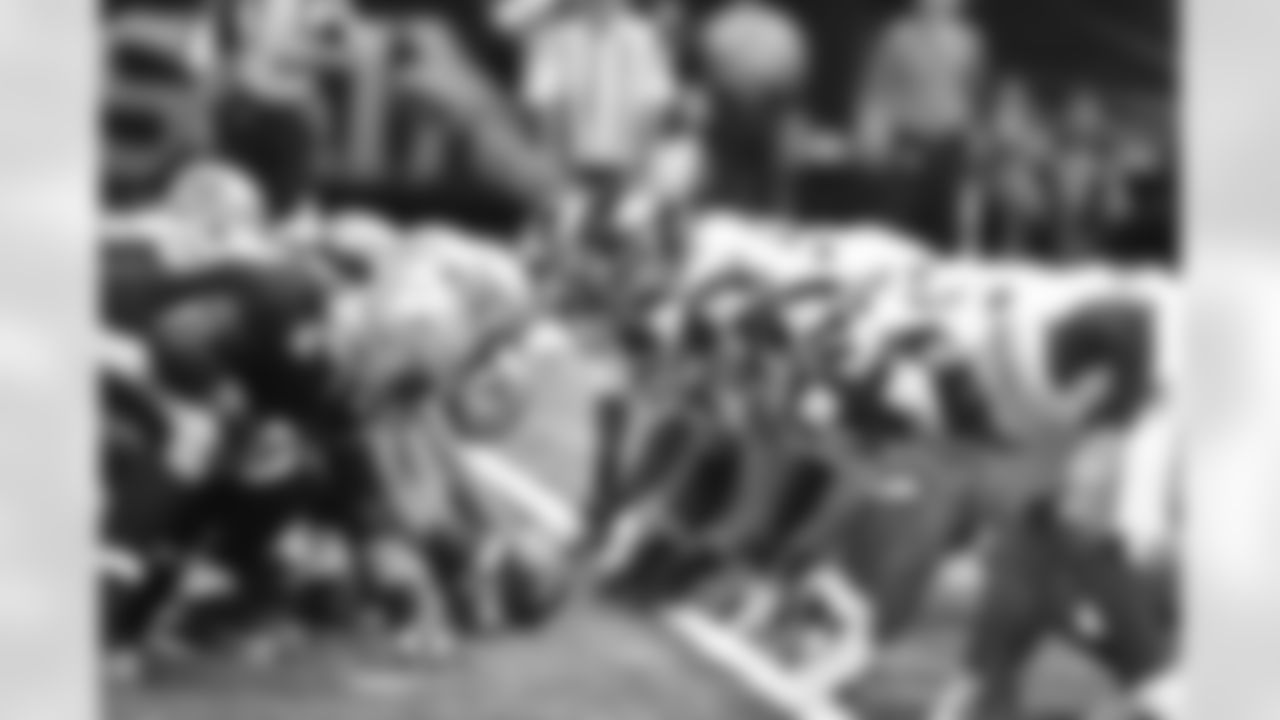
A look down the line of scrimmage as the New York Giants take on the New Orleans Saints during a week 8 NFL football game on November 1, 2015 at the Mercedes- Benz Superdome in New Orleans, Louisiana ( Evan Pinkus via AP)
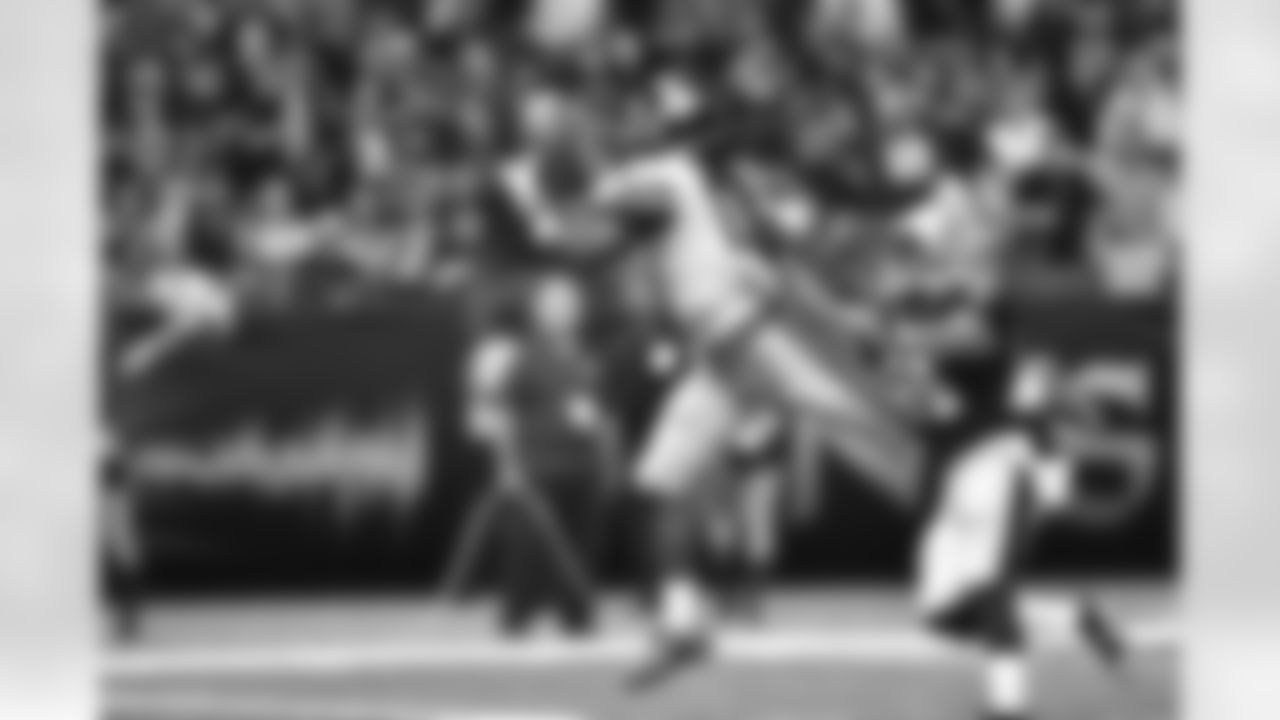
New York Giants wide receiver Dwayne Harris (17) catches a touchdown pass during a week 8 NFL football game against the New Orleans Saints on November 1, 2015 at the Mercedes- Benz Superdome in New Orleans, Louisiana (Evan Pinkus via AP)
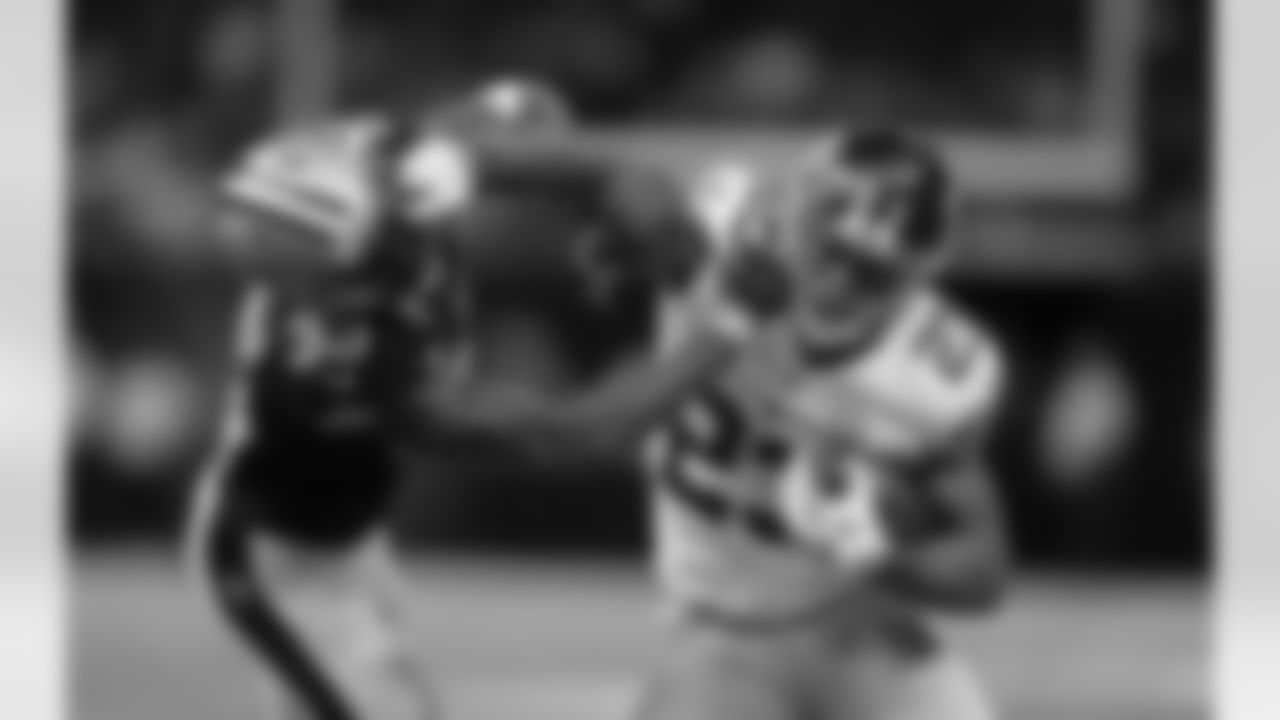
New York Giants running back Rashad Jennings (23) carries against New Orleans Saints cornerback Brandon Browner (39) in the second half of an NFL football game in New Orleans, Sunday, Nov. 1, 2015. (AP Photo/Butch Dill)
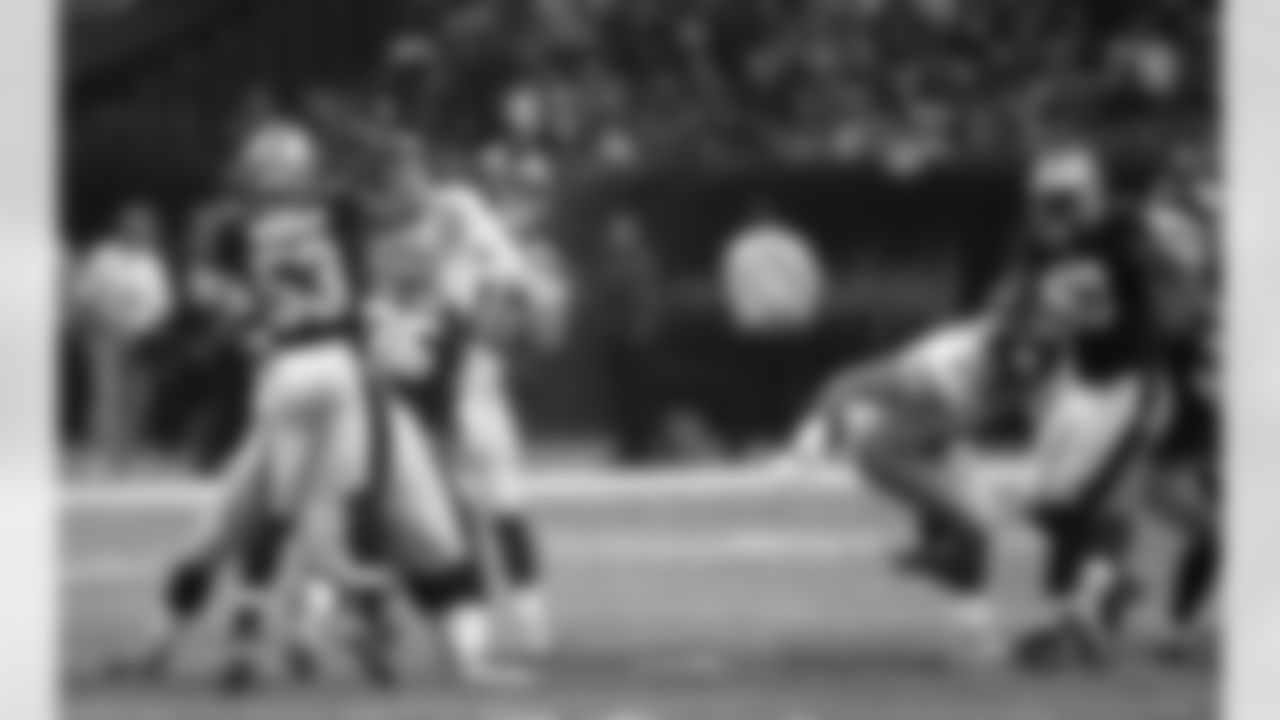
New York Giants quarterback Eli Manning (10) sets up to pass during an NFL game against the New Orleans Saints at the Mercedes Benz Superdome on November 1, 2015. The Saints defeated the Texans 52-49. (Kevin Terrell via AP)
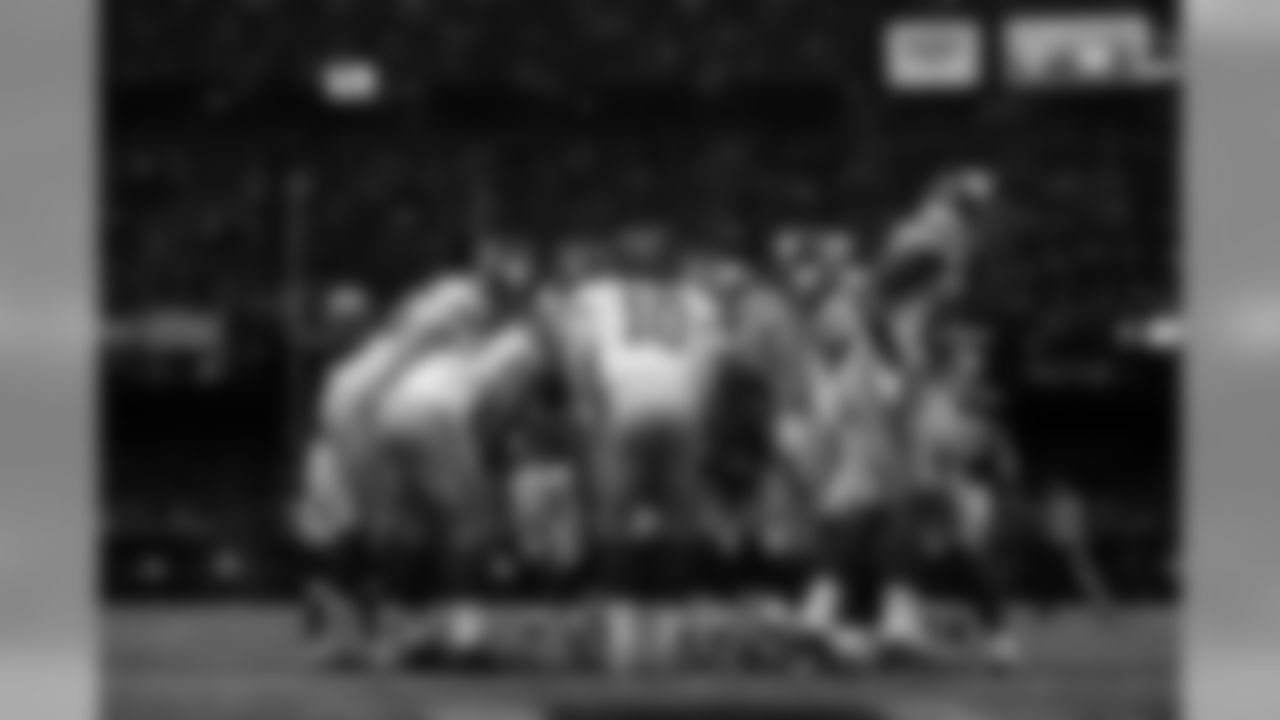
New York Giants quarterback Eli Manning (10) calls a play in the huddle in the second half of an NFL football game against the New Orleans Saints in New Orleans, Sunday, Nov. 1, 2015. (AP Photo/Jonathan Bachman)
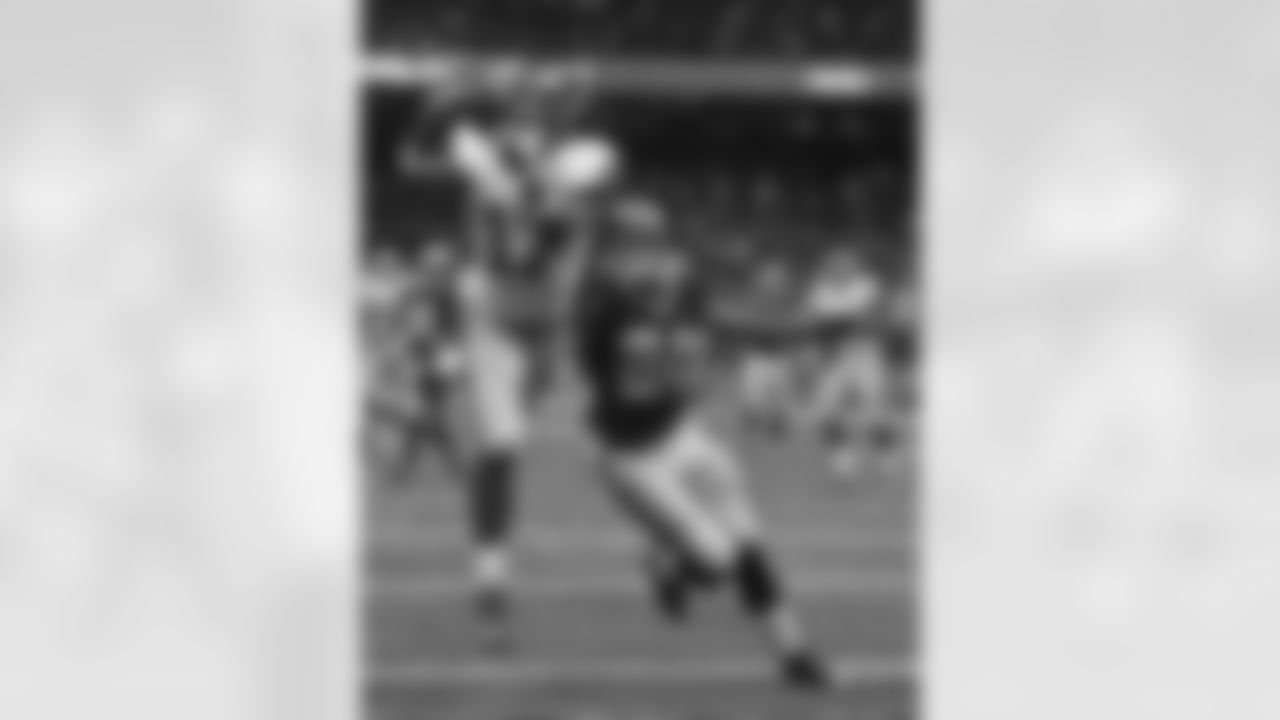
New York Giants wide receiver Dwayne Harris (17) pulls in a touchdown reception in front of New Orleans Saints defensive back Kyle Wilson (24) in the second half of an NFL football game against the New Orleans Saints in New Orleans, Sunday, Nov. 1, 2015. (AP Photo/Jonathan Bachman)
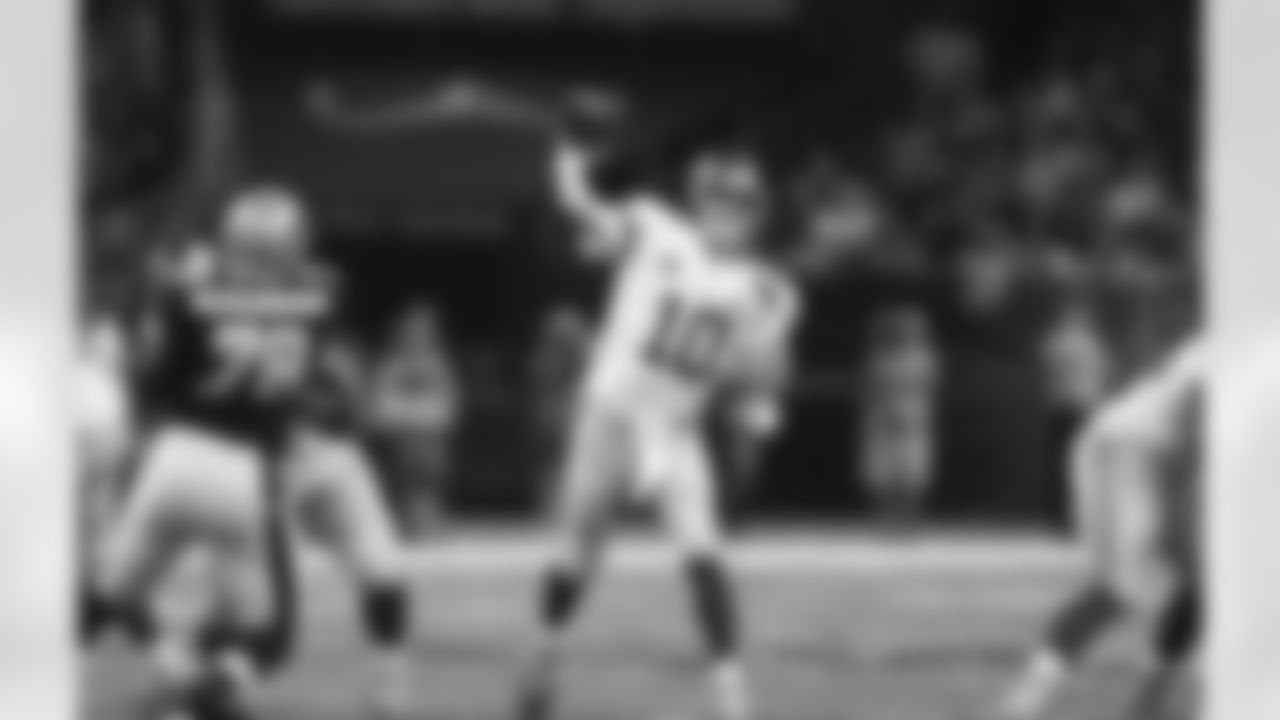
New York Giants quarterback Eli Manning (10) passes in the first half of an NFL football game against the New Orleans Saints in New Orleans, Sunday, Nov. 1, 2015.(AP Photo/Butch Dill)
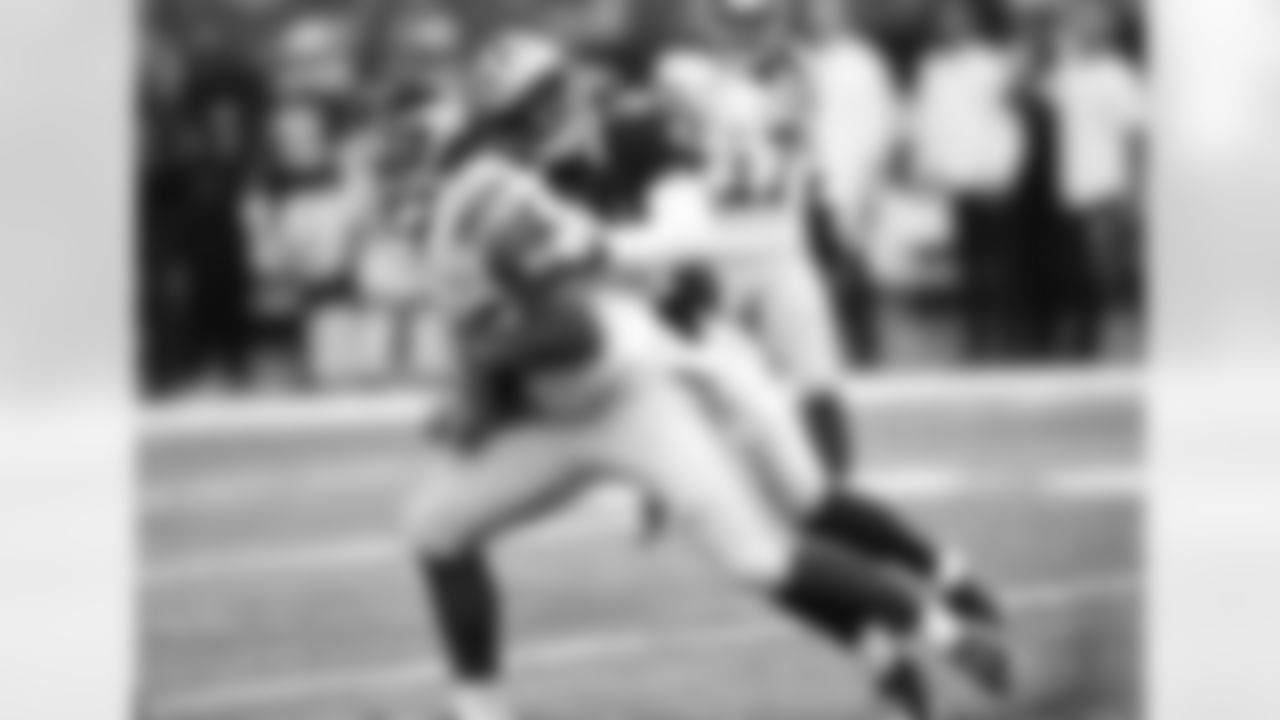
New Orleans Saints safety Jarius Byrd (31) slams into New York Giants tight end Will Tye (45) during an NFL game at the Mercedes Benz Superdome on November 1, 2015. The Saints defeated the Texans 52-49. (Kevin Terrell via AP)
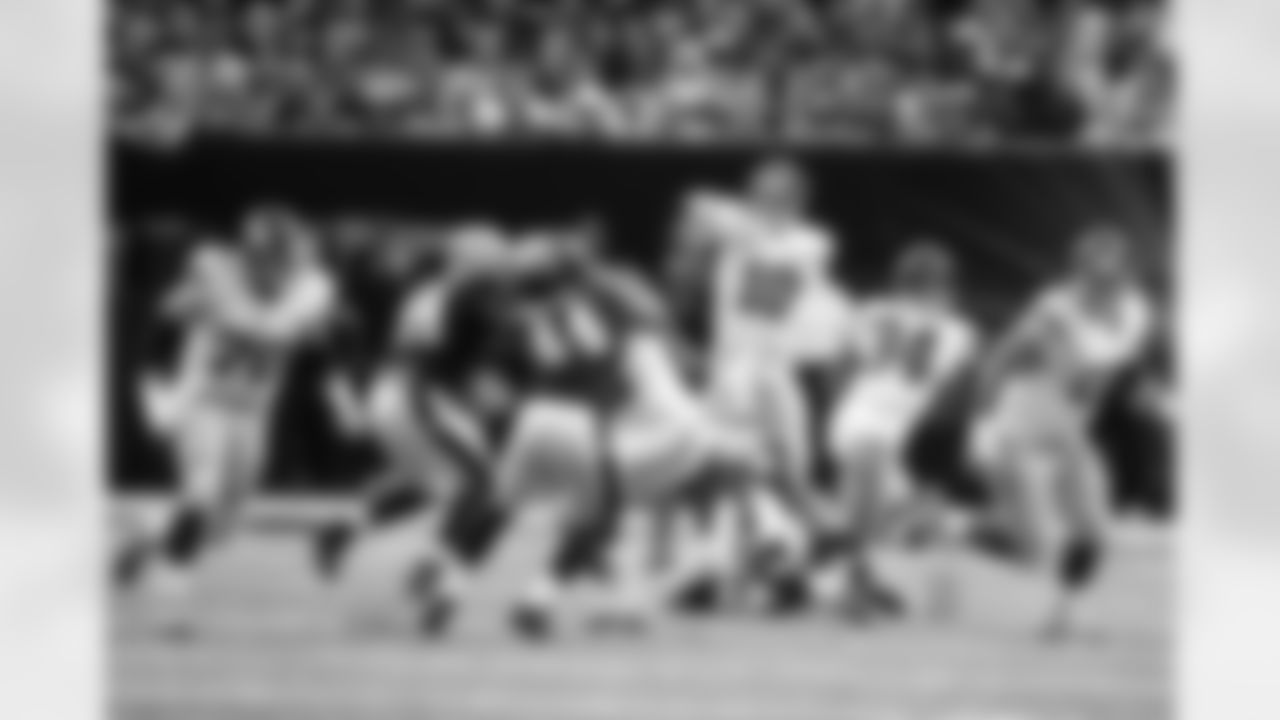
New York Giants quarterback Eli Manning (10) sets up to pass during an NFL game against the New Orleans Saints at the Mercedes Benz Superdome on November 1, 2015. Manning passed for 350 yards and six touchdowns. The Saints defeated the Texans 52-49. (Kevin Terrell via AP)
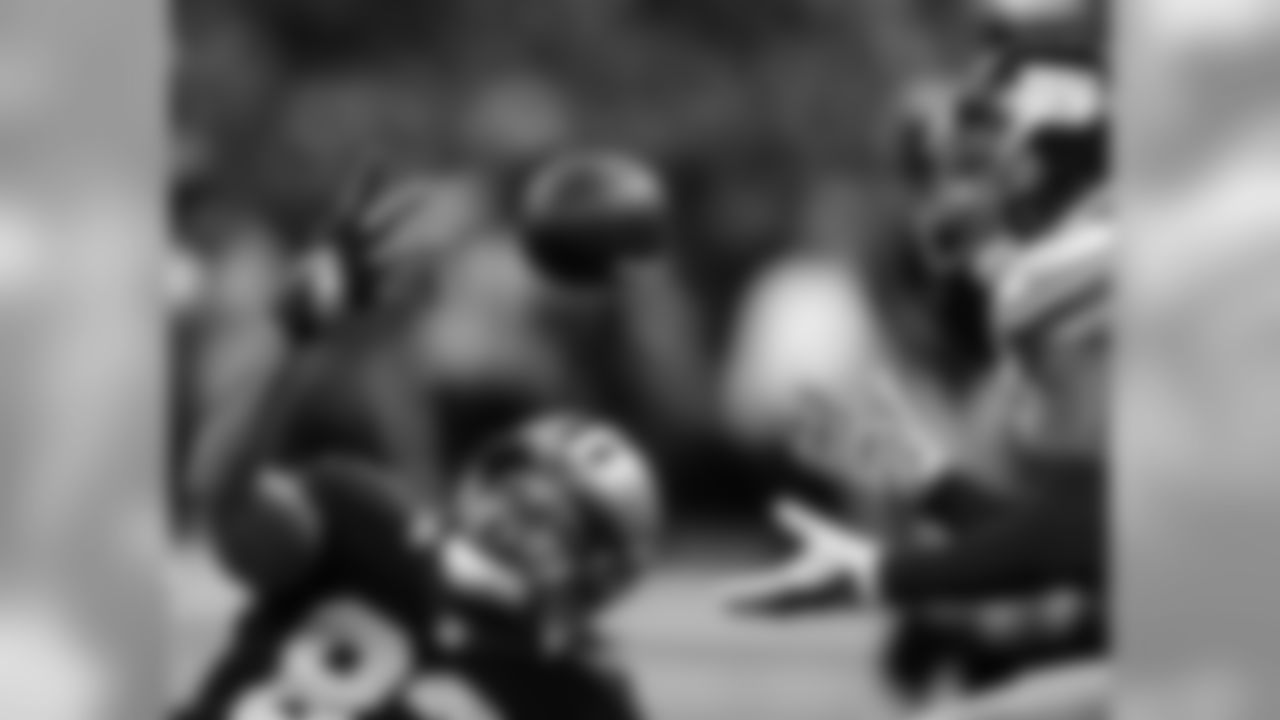
New Orleans Saints wide receiver Willie Snead (83) fumbles as he is hit by New York Giants cornerback Dominique Rodgers-Cromartie (41) in the second half of an NFL football game in New Orleans, Sunday, Nov. 1, 2015. The fumble resulted in a touchdown return for the Giants. (AP Photo/Butch Dill)
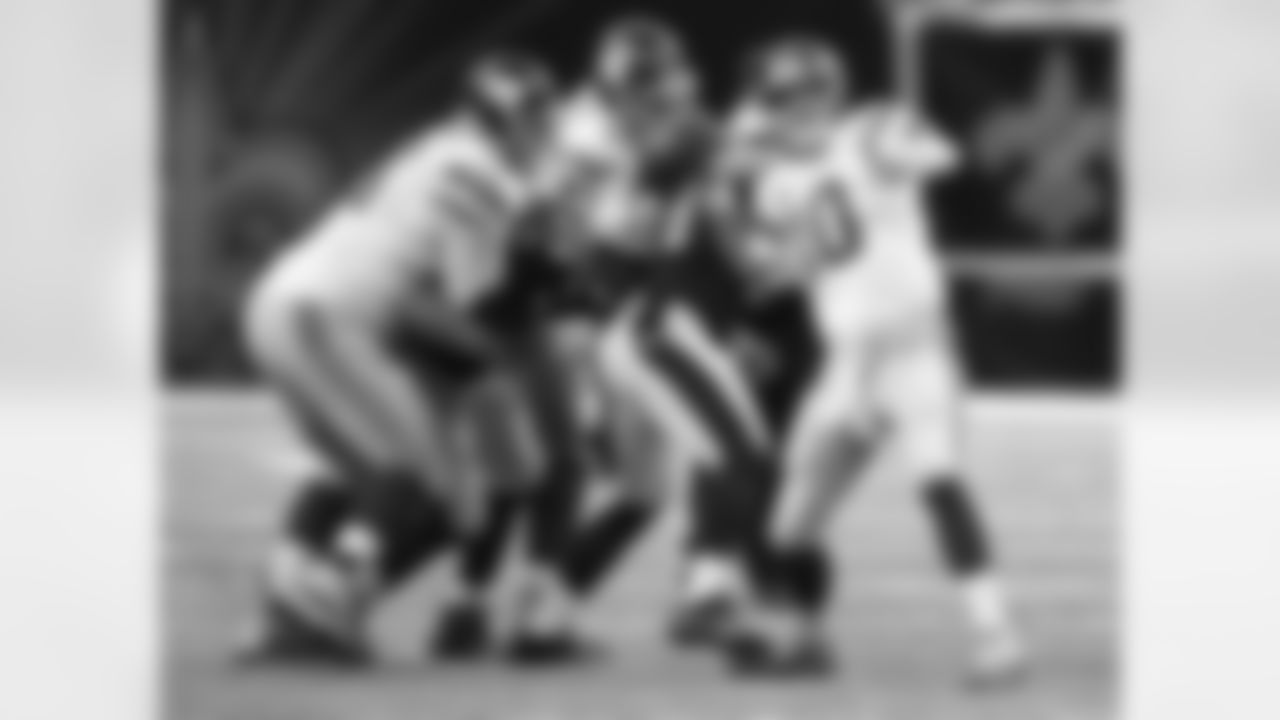
New York Giants quarterback Eli Manning (10) sets up to pass during an NFL game against the New Orleans Saints at the Mercedes Benz Superdome on November 1, 2015. Manning passed for 350 yards and six touchdowns. The Saints defeated the Texans 52-49. (Kevin Terrell via AP)
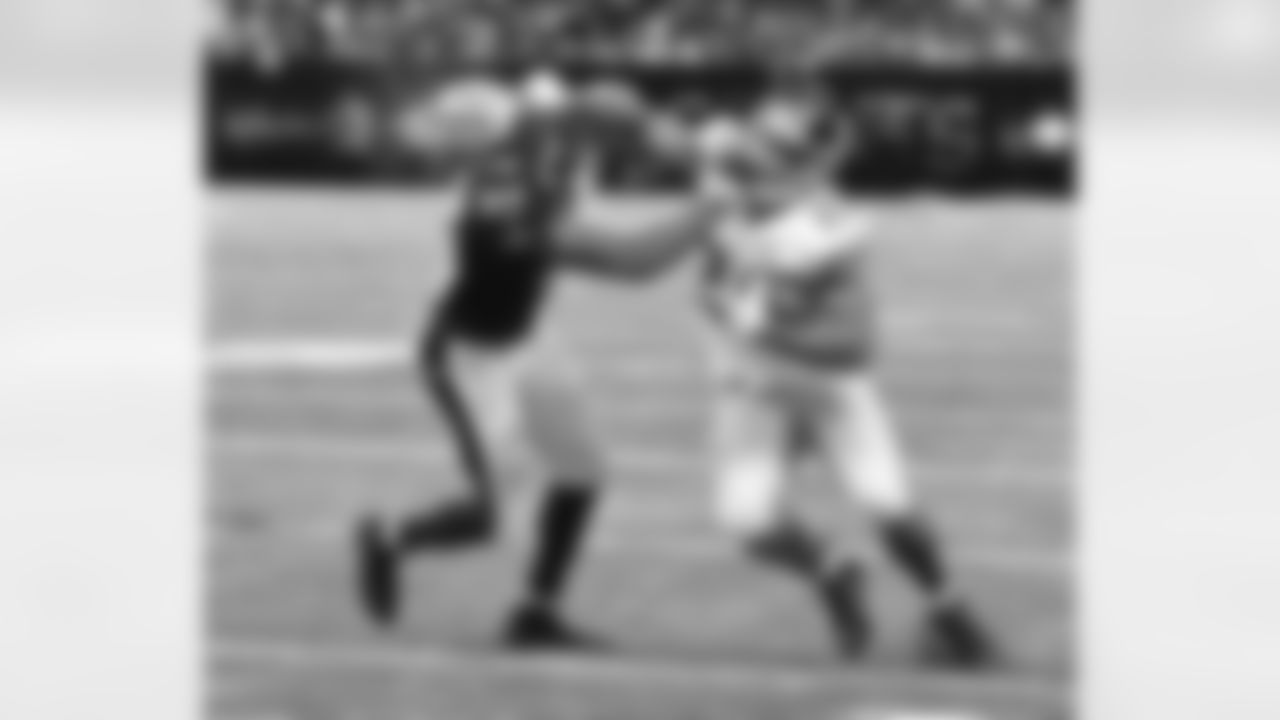
New York Giants running back Rashad Jennings (23) stiff arms New Orleans Saints cornerback Brandon Browner (39) during a week 8 NFL football game on November 1, 2015 at the Mercedes- Benz Superdome in New Orleans, Louisiana (Evan Pinkus via AP)
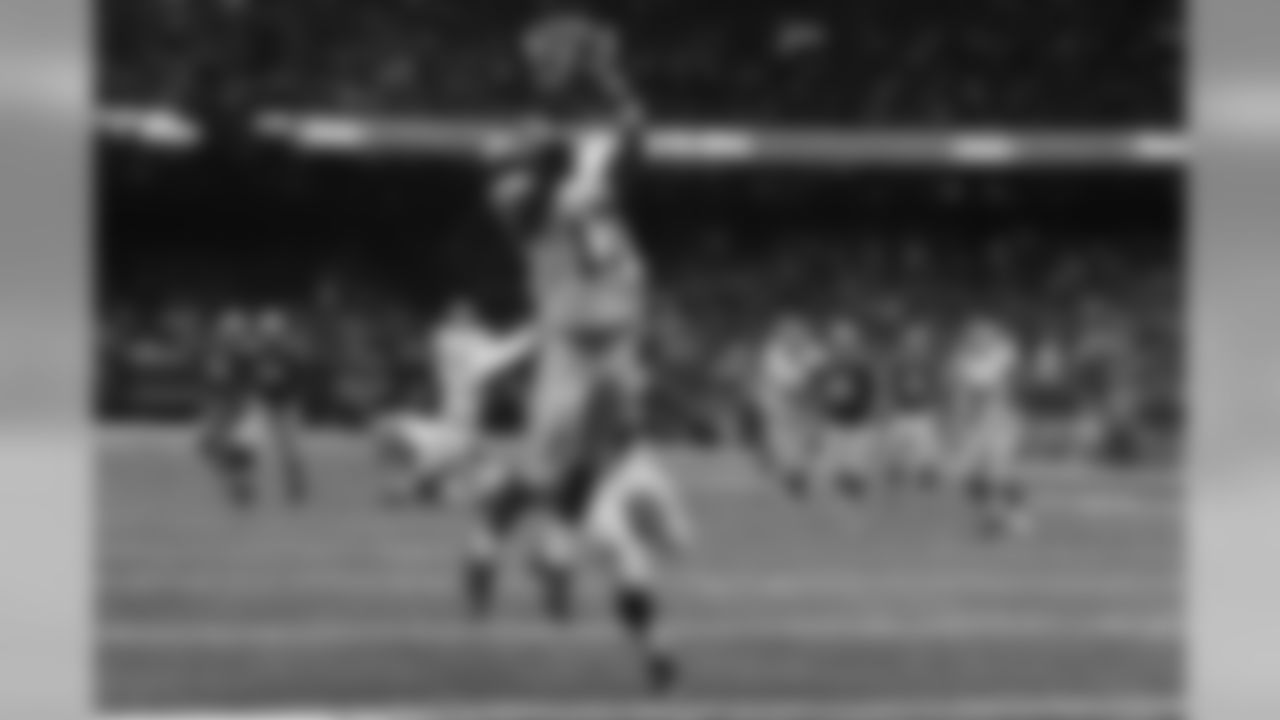
New York Giants wide receiver Dwayne Harris (17) pulls in a touchdown reception in the second half of an NFL football game against the New Orleans Saints in New Orleans, Sunday, Nov. 1, 2015. (AP Photo/Jonathan Bachman)

New York Giants quarterback Eli Manning (10) and New Orleans Saints quarterback Drew Brees (9) greet each other after an NFL football game in New Orleans, Sunday, Nov. 1, 2015. The Saints won 52-49. (AP Photo/Butch Dill)
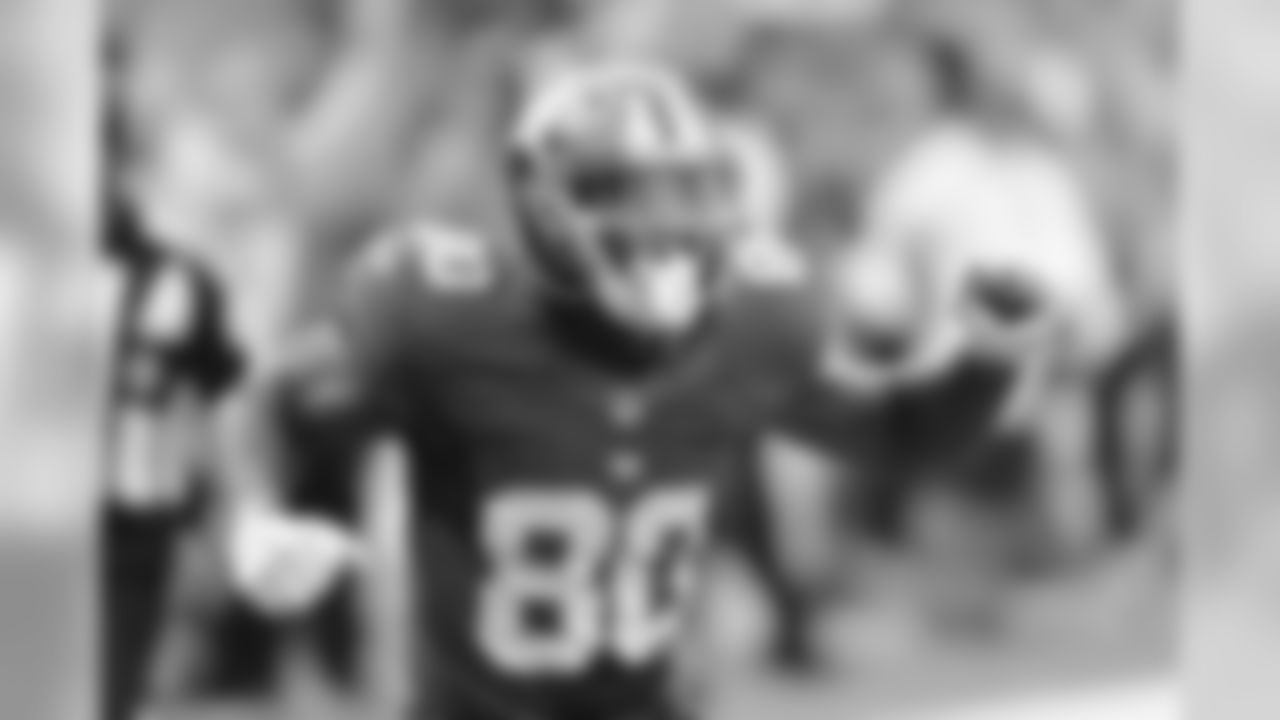
New York Giants wide receiver Victor Cruz (80) celebrates after making a catch during the second half of an NFL football game against the New Orleans Saints, Sunday, Sept. 18, 2016, in East Rutherford, N.J. (AP Photo/Seth Wenig)
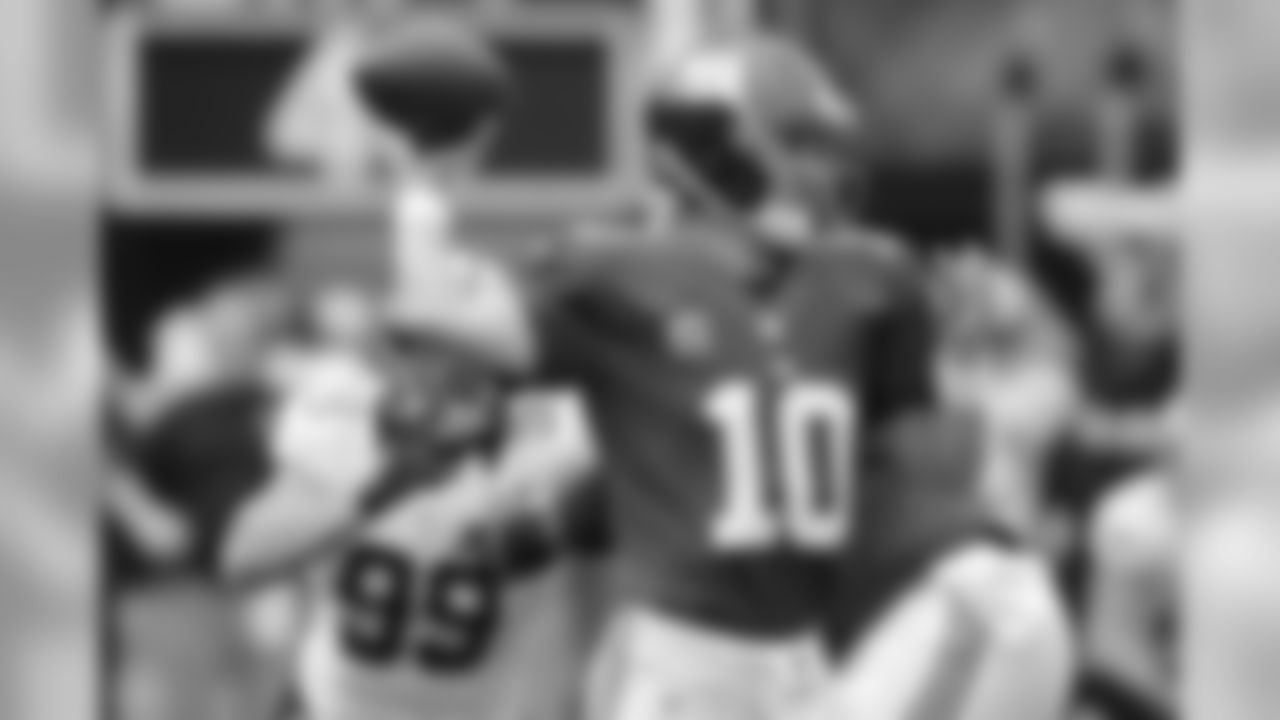
New York Giants quarterback Eli Manning (10) throws a pass as New Orleans Saints' Paul Kruger (99) rushes him during the first half of an NFL football game Sunday, Sept. 18, 2016, in East Rutherford, N.J. (AP Photo/Seth Wenig)
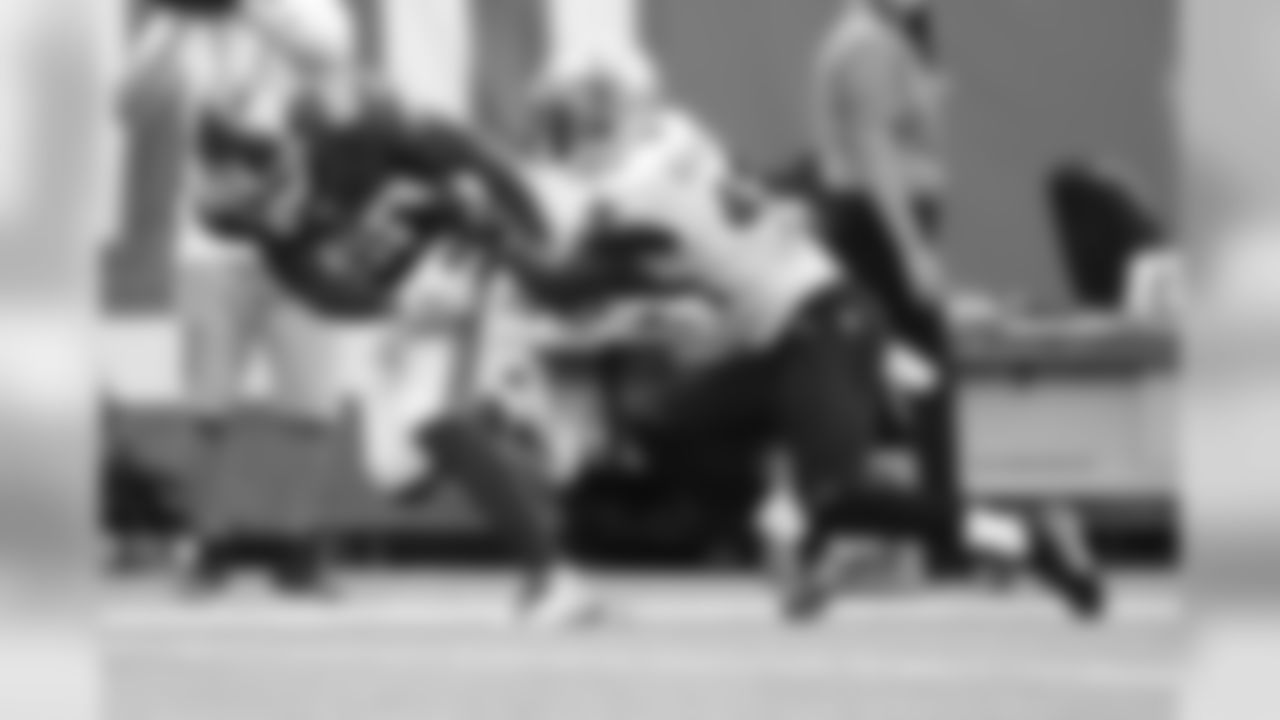
New York Giants wide receiver Victor Cruz (80) catches a pass in front of New Orleans Saints cornerback Ken Crawley (46) during the second half of an NFL football game Sunday, Sept. 18, 2016, in East Rutherford, N.J. The Giants won 16-13. (AP Photo/Kathy Willens)
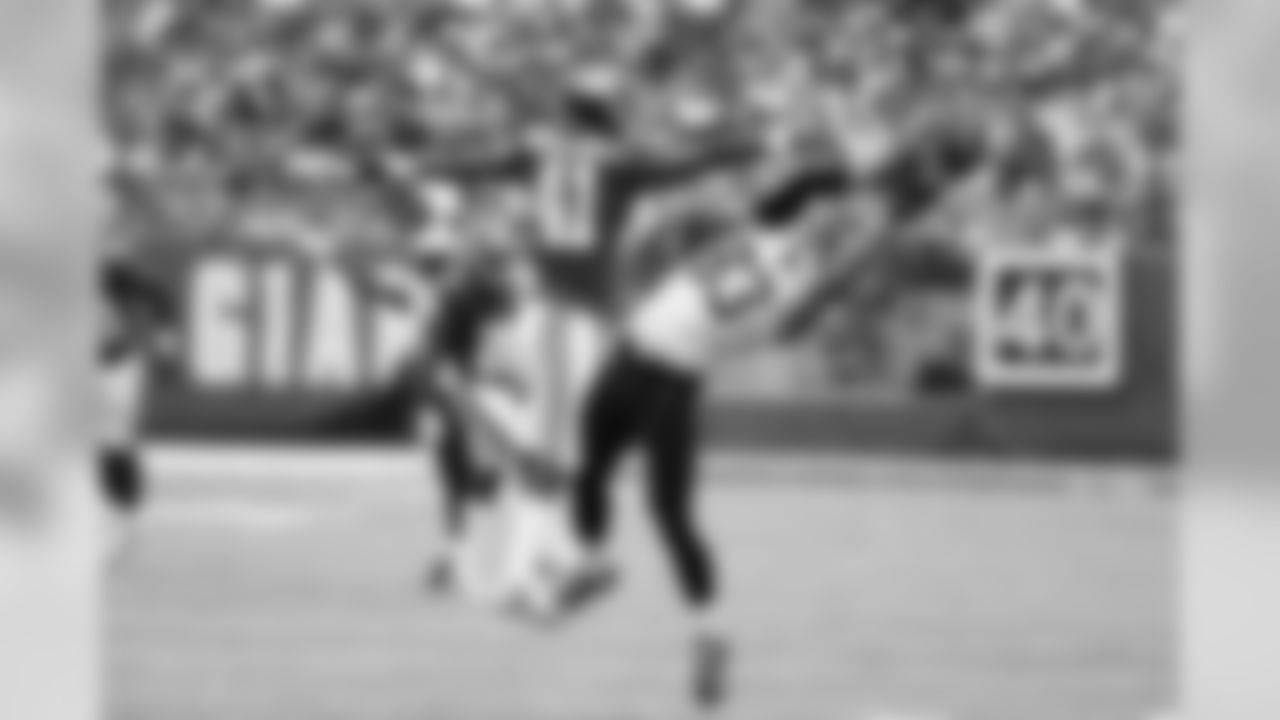
New York Giants cornerback Dominique Rodgers-Cromartie (41) defends New Orleans Saints' Willie Snead (83) during the first half of an NFL football game Sunday, Sept. 18, 2016, in East Rutherford, N.J. (AP Photo/Kathy Willens)
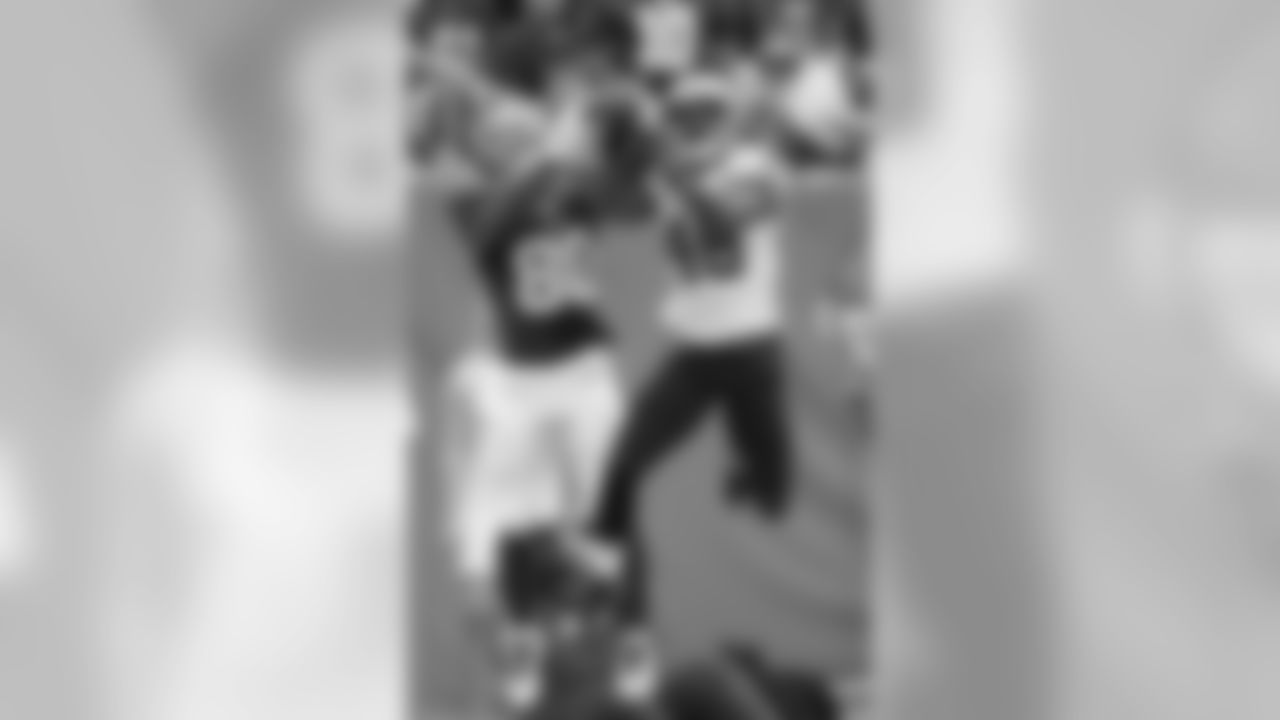
Víctor Cruz, de los Giants de Nueva York, captura un pase frente a Ken Crawley, cornerback de los Saints de Nueva Orleáns, en el partido del domingo 18 de septiembre de 2016 (AP Foto/Kathy Willens)
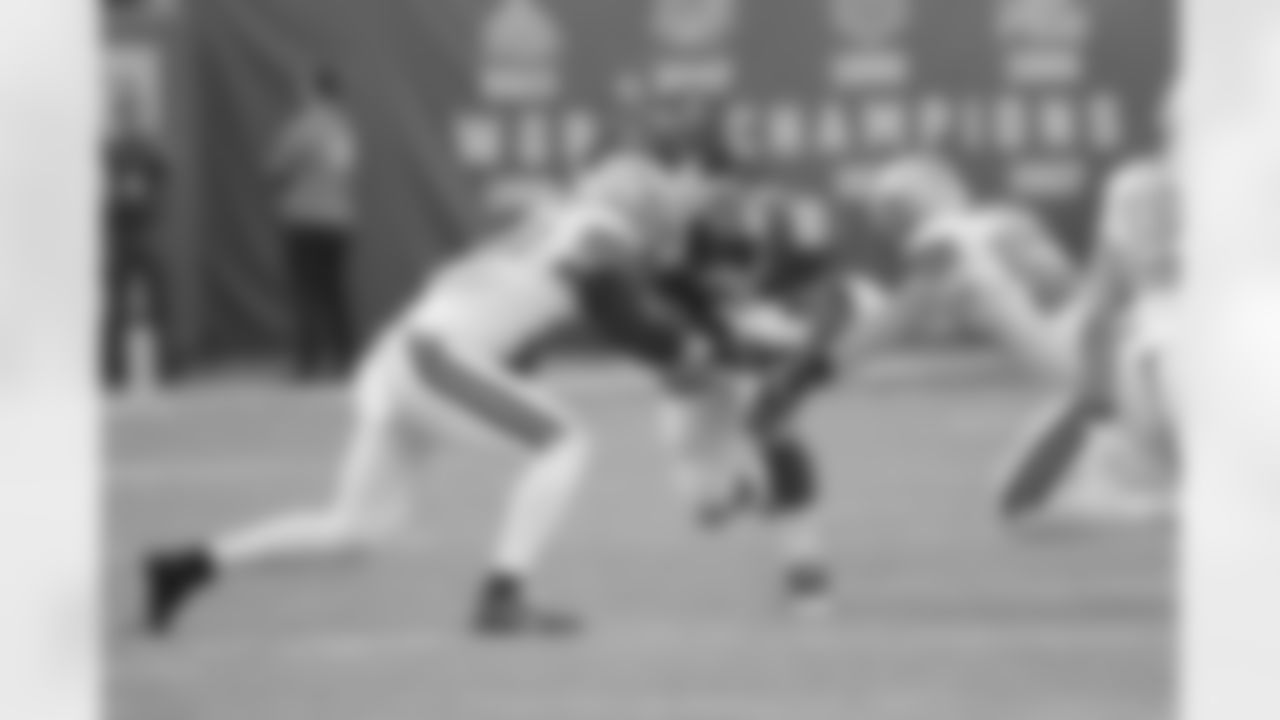
New York Giants' Rhett Ellison, center, runs the ball during the first half of an NFL football game against the New Orleans Saints, Sunday, Sept. 30, 2018, in East Rutherford, N.J. (AP Photo/Bill Kostroun)
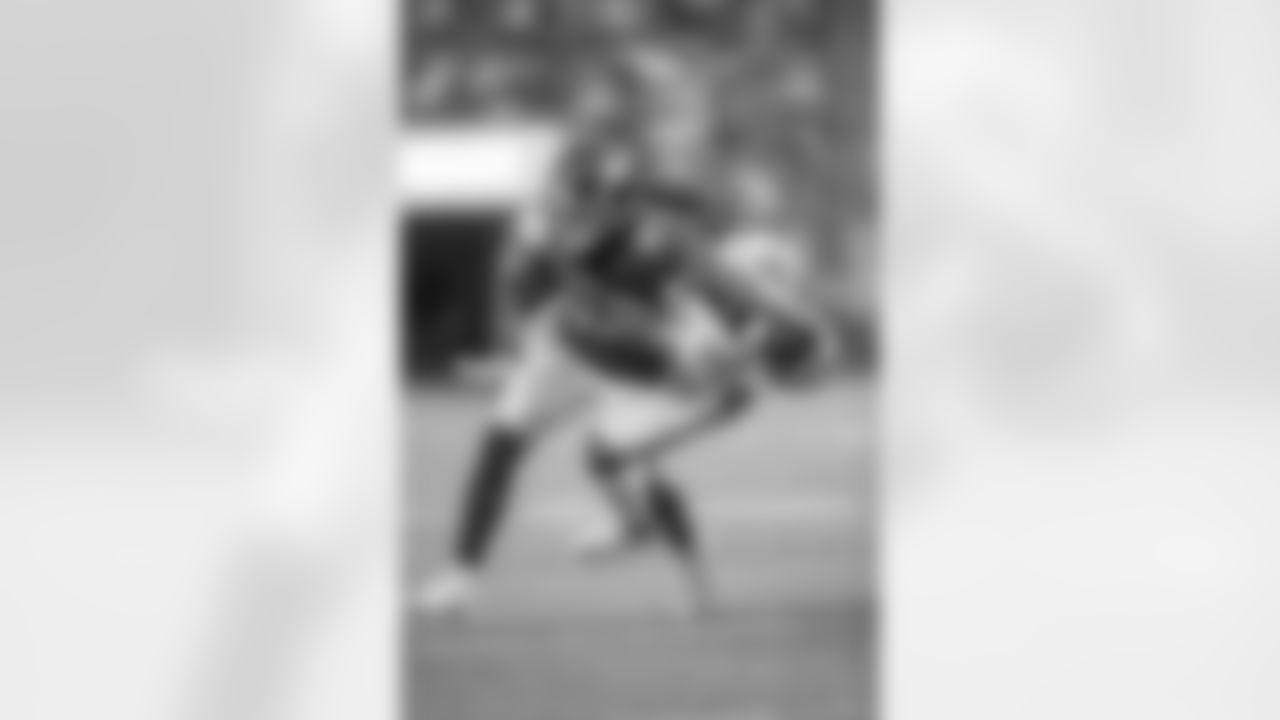
New York Giants wide receiver Sterling Shepard (87) fends off New Orleans Saints cornerback Ken Crawley (20) during an NFL game, Sunday, Sept. 30, 2018, East Rutherford, NJ. (Al Tielemans via AP)
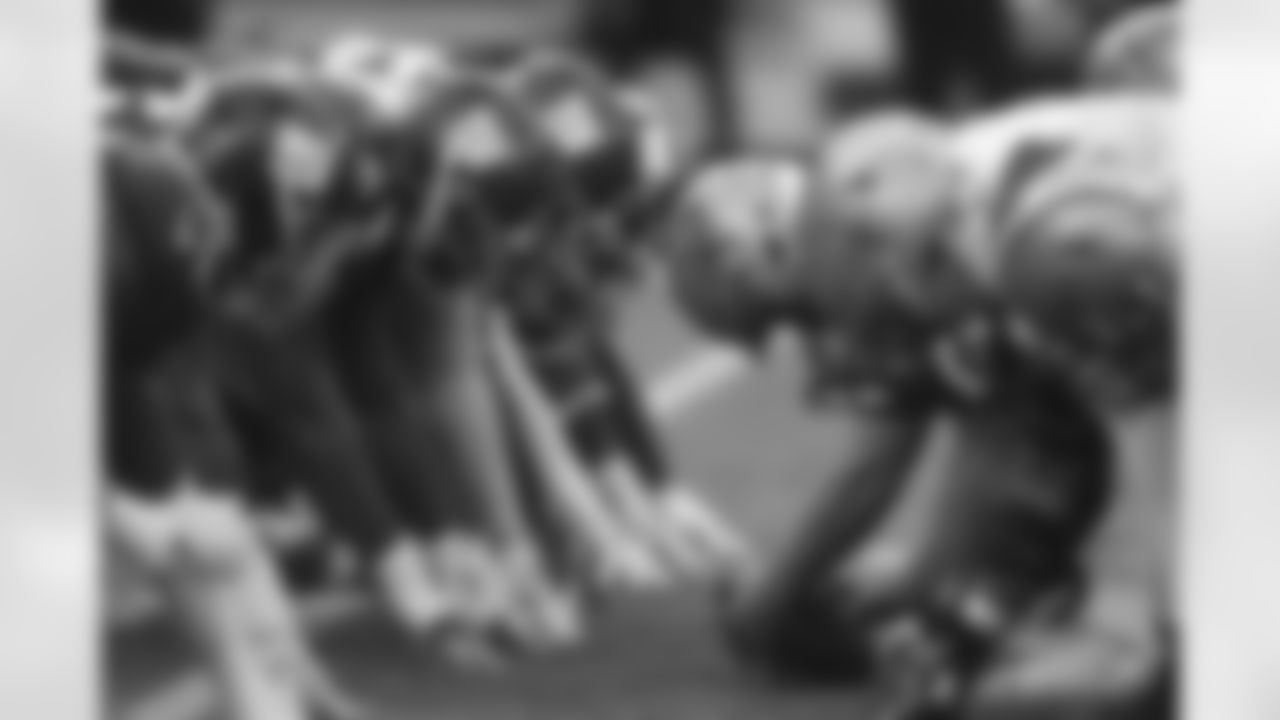
A look down the line of scrimmage as the New Orleans Saints take on the New York Giants during a week 4 NFL football game on Sunday September 30, 2018 in East Rutherford, N.J. (Evan Pinkus via AP)
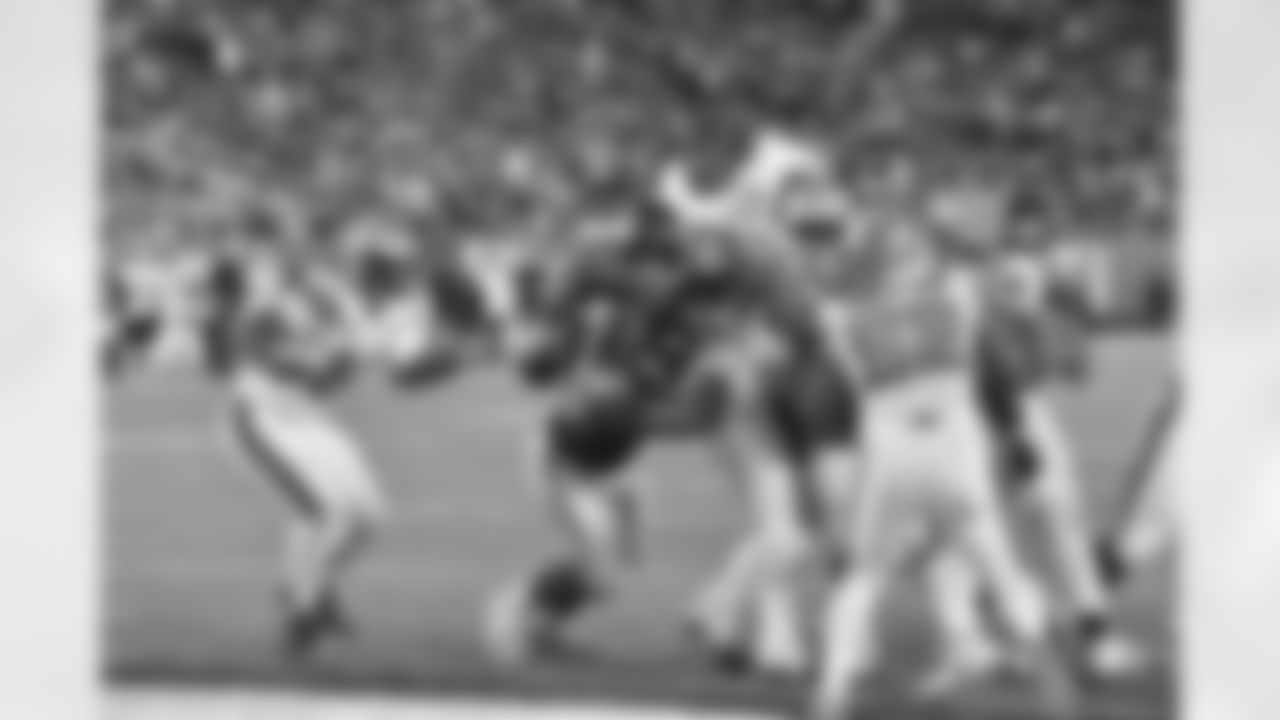
New York Giants running back Saquon Barkley (26) dives into the end during a week 4 NFL football game against the New Orleans Saints on Sunday September 30, 2018 in East Rutherford, N.J. (Evan Pinkus via AP)
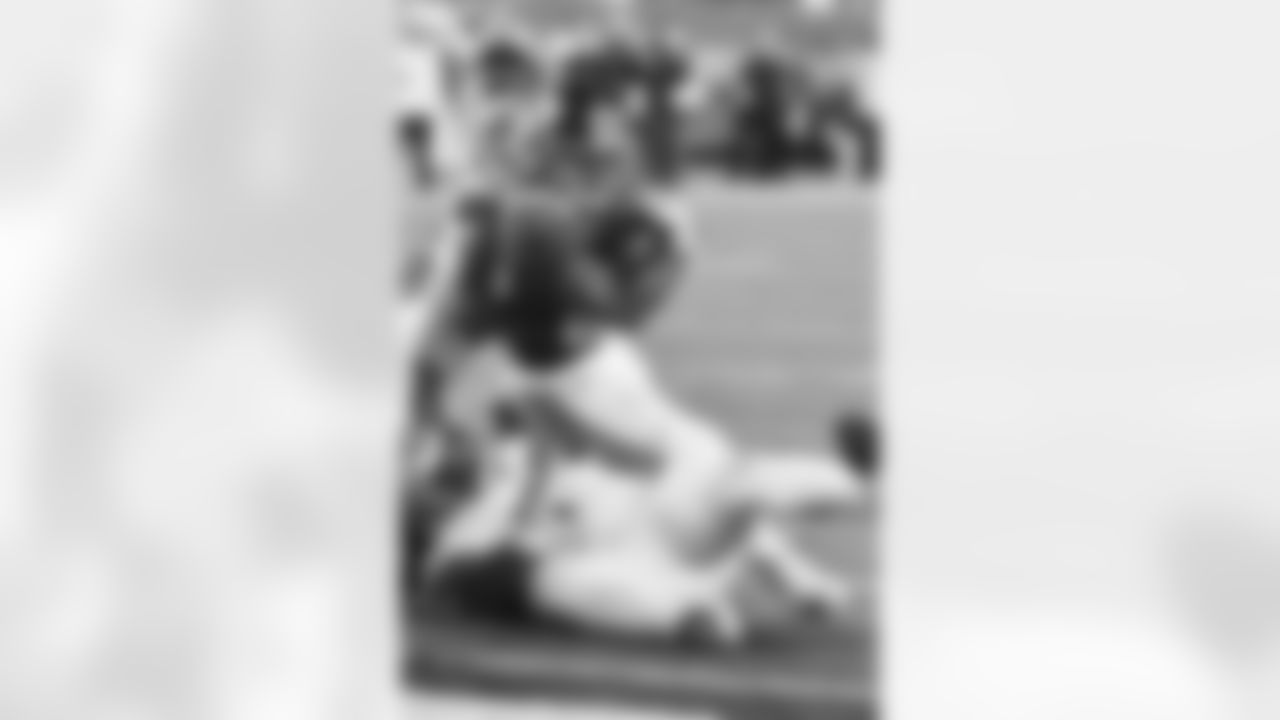
New York Giants running back Saquon Barkley (26) looks to get in the end zone during a week 4 NFL football game against the.New Orleans Saints on Sunday September 30, 2018 in East Rutherford, N.J. (Evan Pinkus via AP)
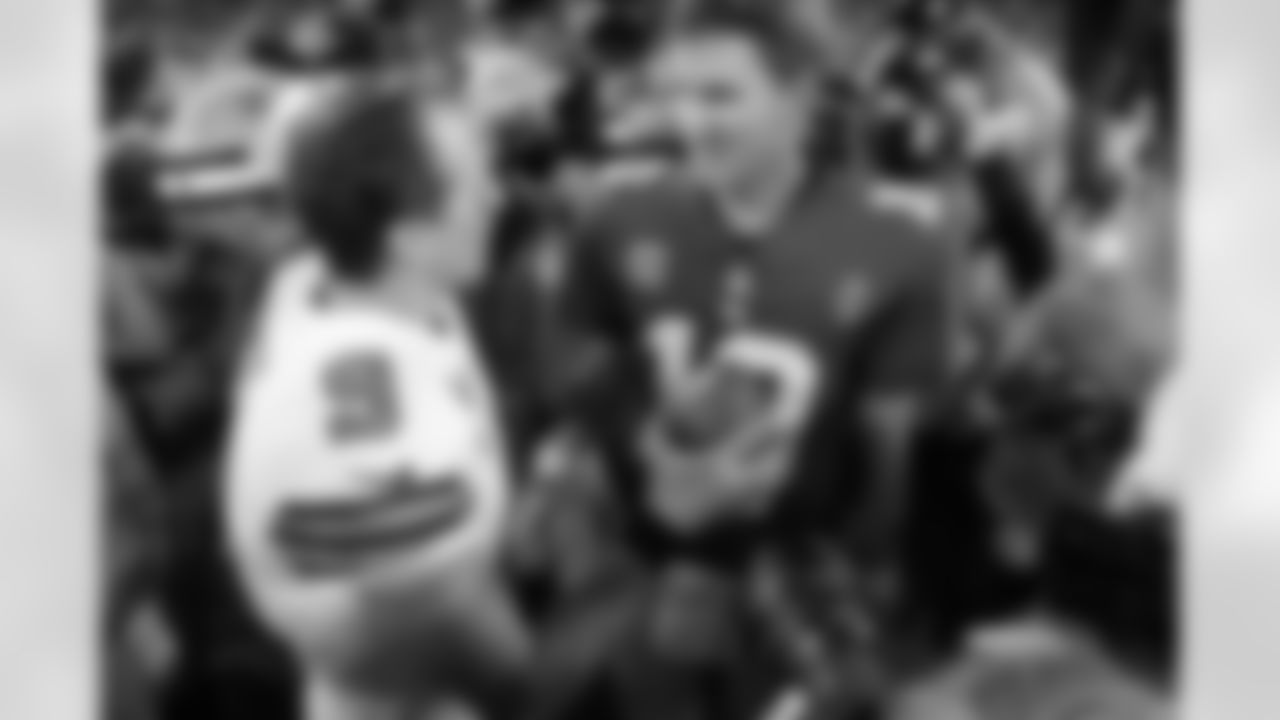
New Orleans Saints quarterback Drew Brees, left, greets New York Giants quarterback Eli Manning after an NFL football game, Sunday, Sept. 30, 2018, in East Rutherford, N.J. (AP Photo/Julio Cortez)
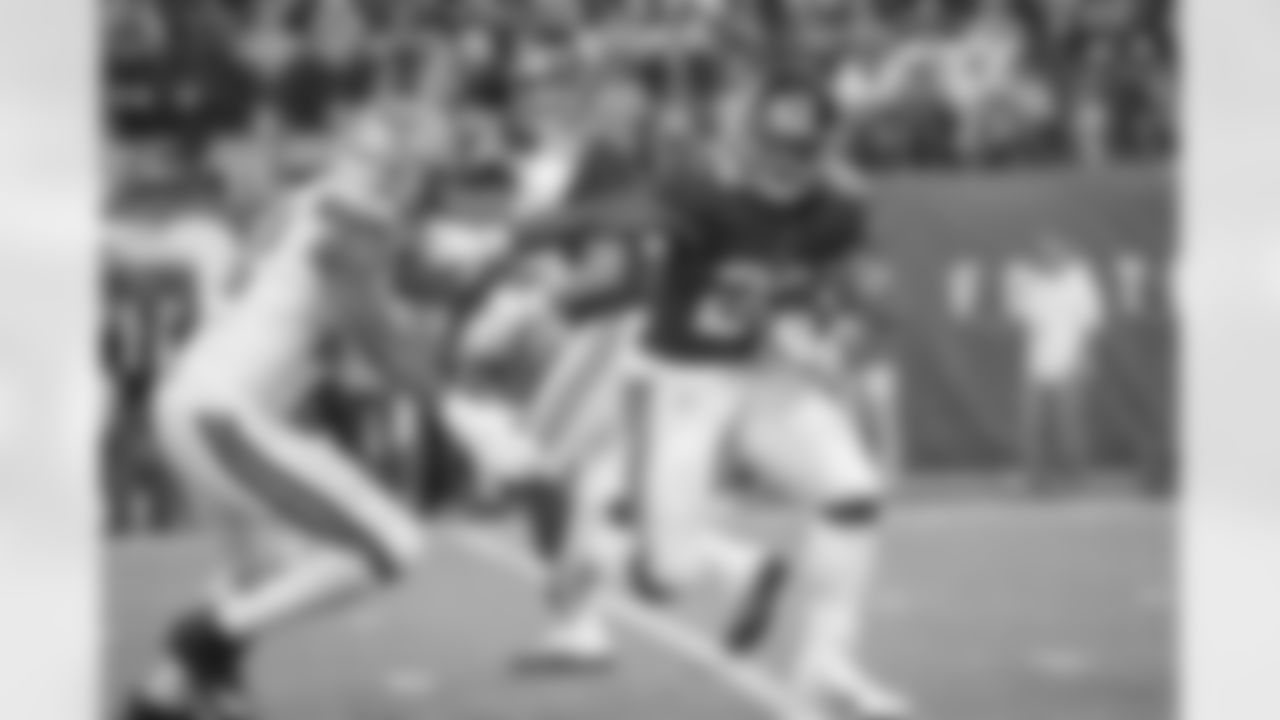
New York Giants running back Saquon Barkley (26) carries the ball during an NFL football game against the New Orleans Saints on Sunday, Sept. 30, 2018 in East Rutherford, N.J. (NFL Photos via AP)
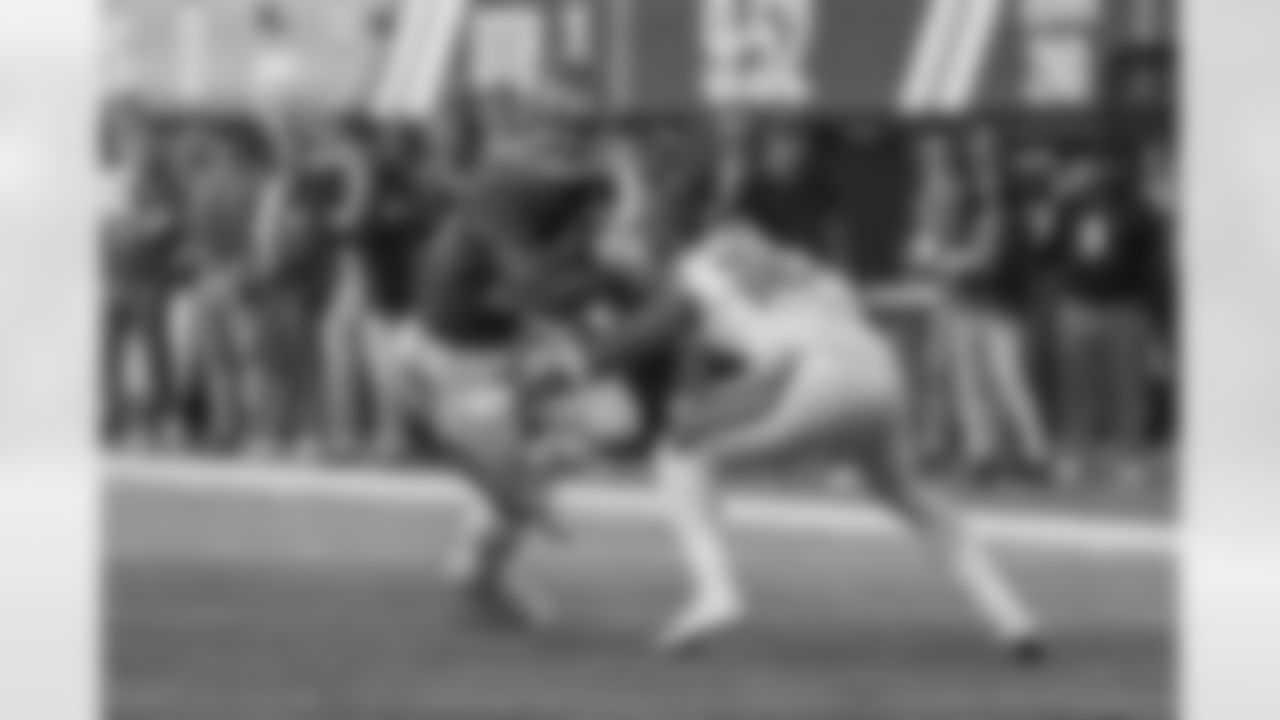
New York Giants running back Saquon Barkley (26) carries the ball while New Orleans Saints defensive back Vonn Bell (24) defends during an NFL football game on Sunday, Sept. 30, 2018 in East Rutherford, N.J. (NFL Photos via AP)
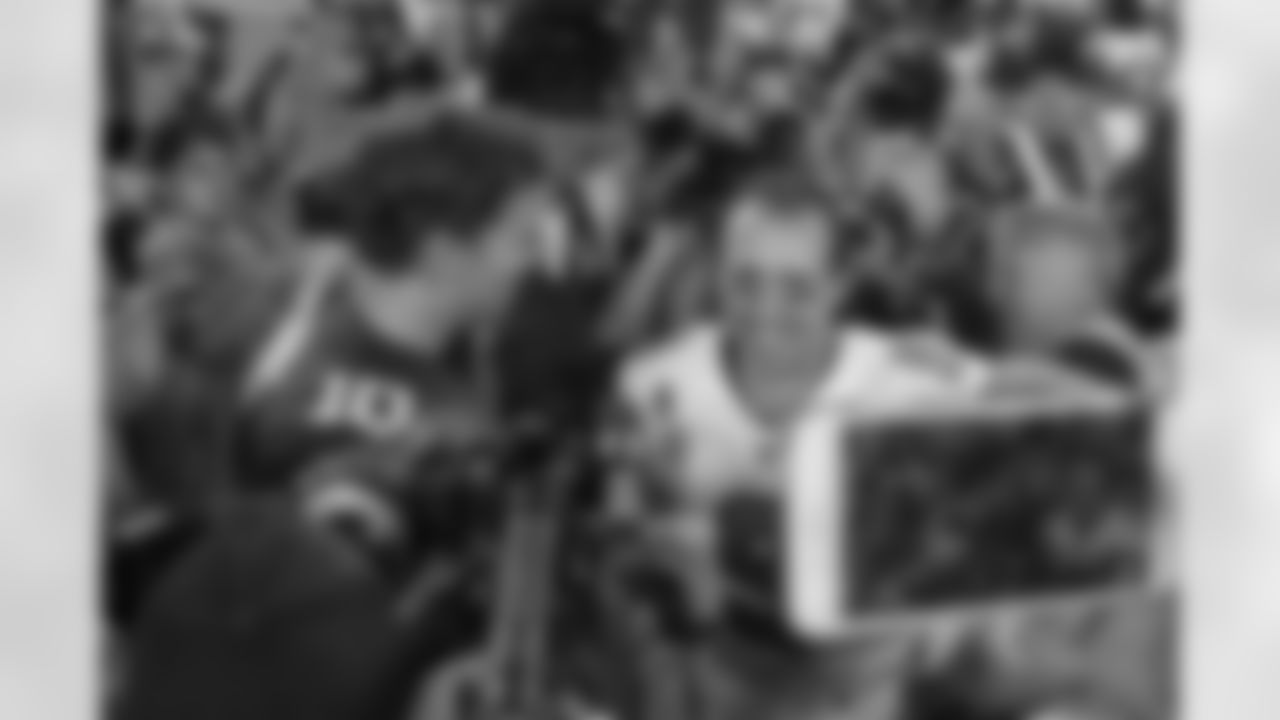
New York Giants quarterback Eli Manning (10) and New Orleans Saints quarterback Drew Brees (9) greet each other following an NFL football game on Monday, Sept. 1, 2018 in East Rutherford, N.J. (NFL Photos via AP)
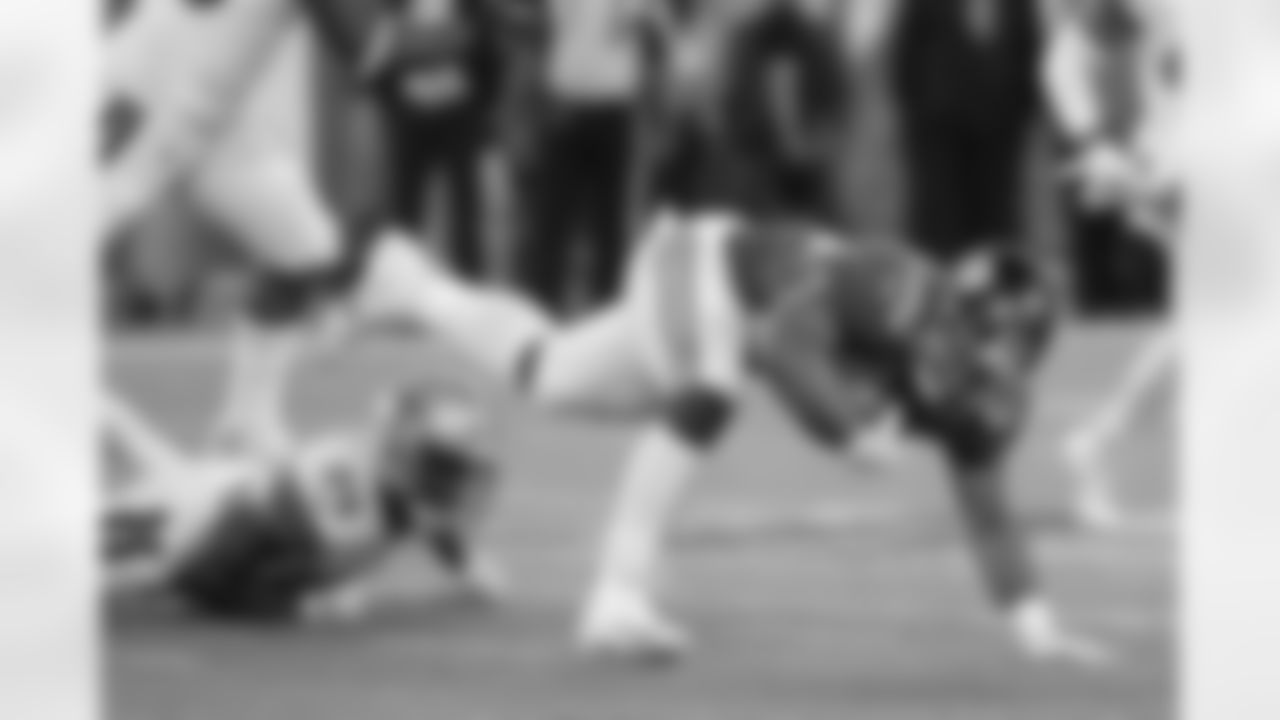
New York Giants' Saquon Barkley runs the ball during the second half of an NFL football game against the New Orleans Saints, Sunday, Sept. 30, 2018, in East Rutherford, N.J. The Saints defeated the Giants 33-18. (AP Photo/Julio Cortez)
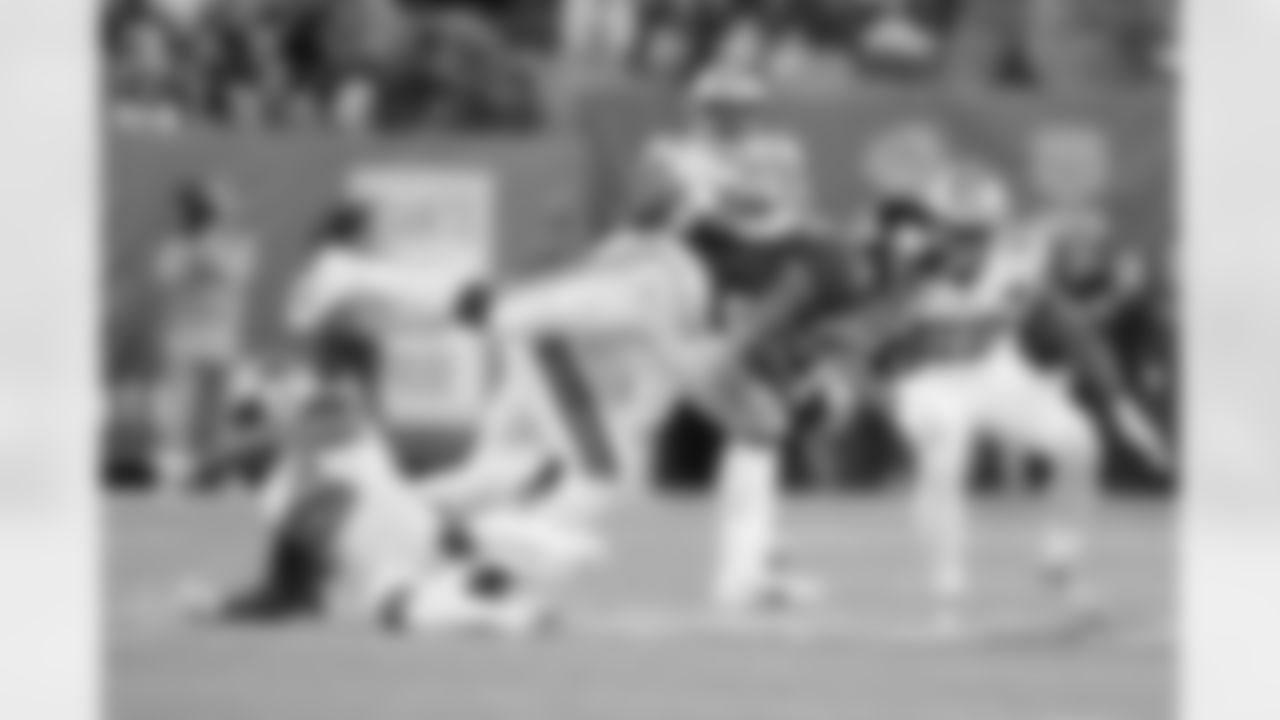
New York Giants' Saquon Barkley, front, runs the ball during the second half of an NFL football game against the New Orleans Saints, Sunday, Sept. 30, 2018, in East Rutherford, N.J. (AP Photo/Julio Cortez)
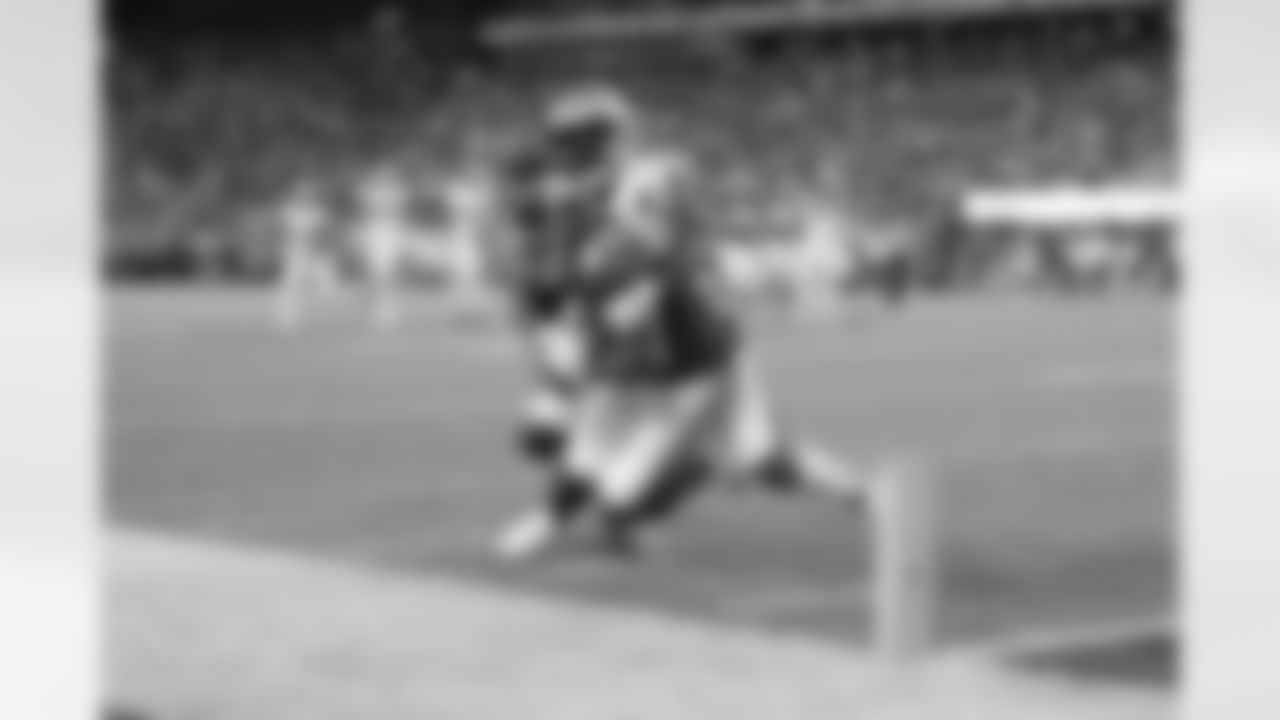
New York Giants' Sterling Shepard, front, makes a catch in front of New Orleans Saints' Ken Crawley during the second half of an NFL football game, Sunday, Sept. 30, 2018, in East Rutherford, N.J. (AP Photo/Julio Cortez)
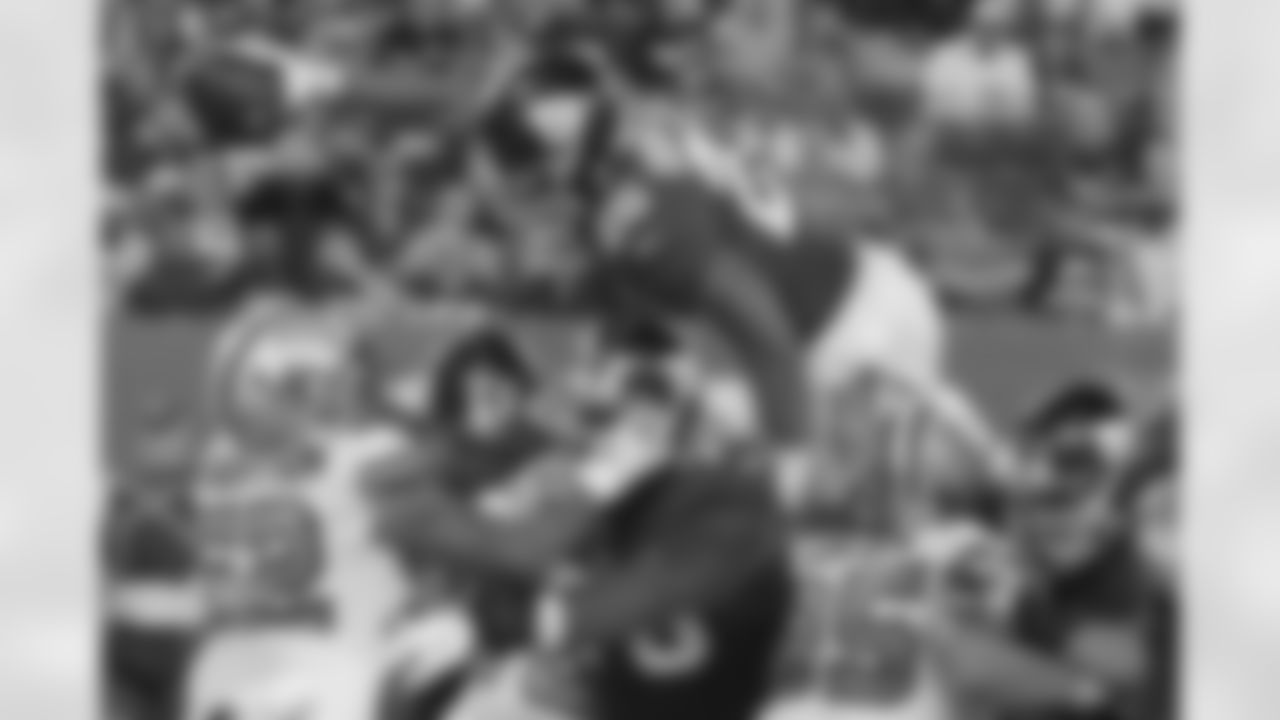
New York Giants' Saquon Barkley jumps over defenders for a touchdown during the second half of an NFL football game against the New Orleans Saints, Sunday, Sept. 30, 2018, in East Rutherford, N.J. (AP Photo/Bill Kostroun)
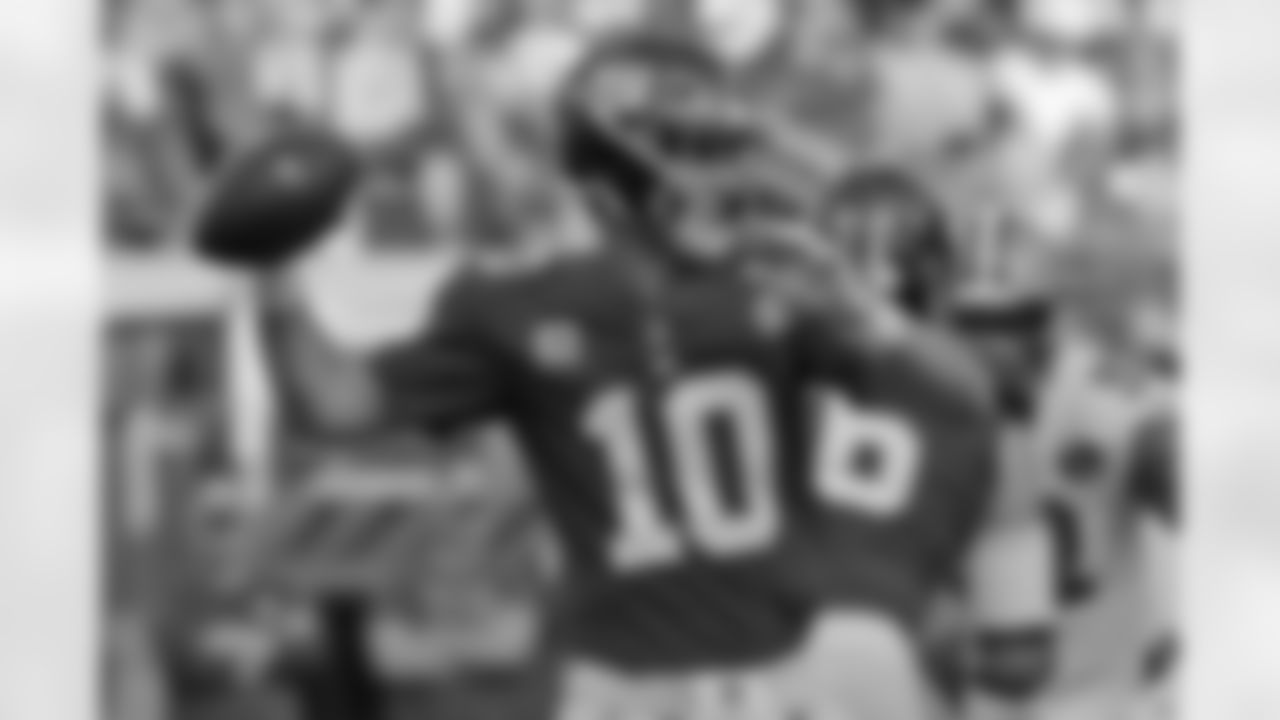
New York Giants quarterback Eli Manning looks to throw during the first half of an NFL football game against the New Orleans Saints, Sunday, Sept. 30, 2018, in East Rutherford, N.J. (AP Photo/Julio Cortez)
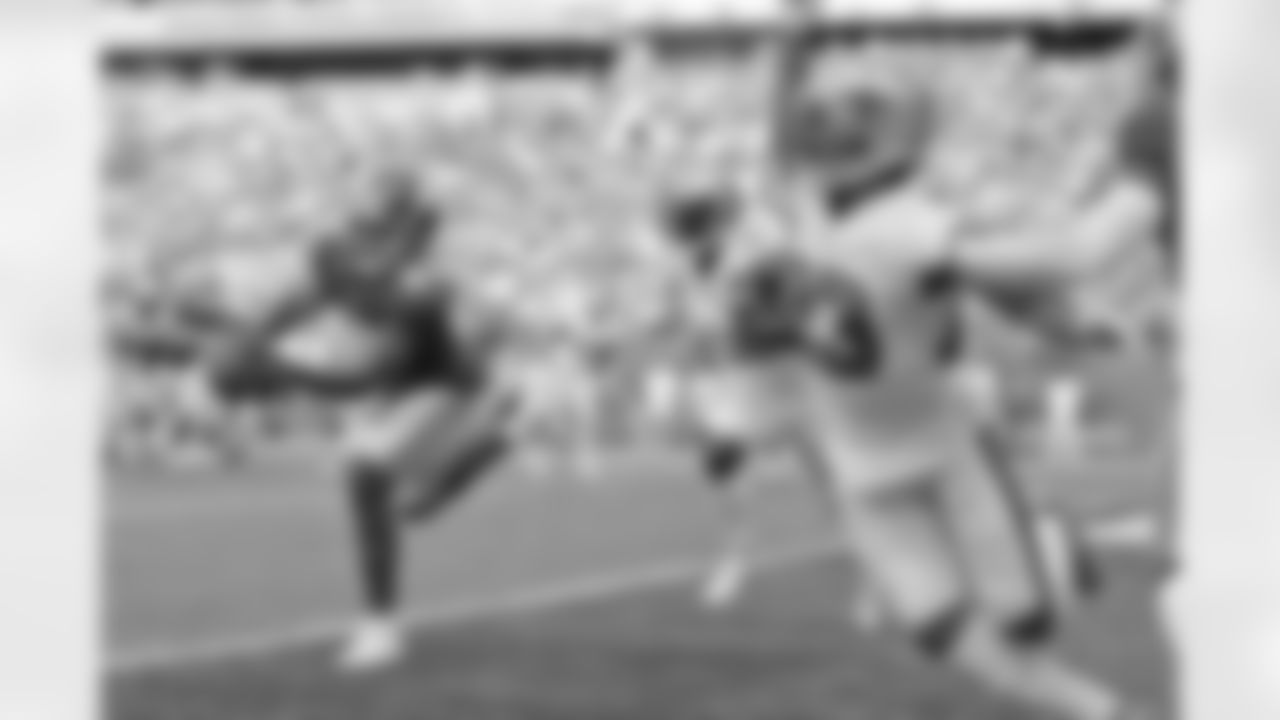
New York Giants' Sterling Shepard, left, scores a touchdown during the first half of an NFL football game against the New Orleans Saints, Sunday, Sept. 30, 2018, in East Rutherford, N.J. (AP Photo/Julio Cortez)
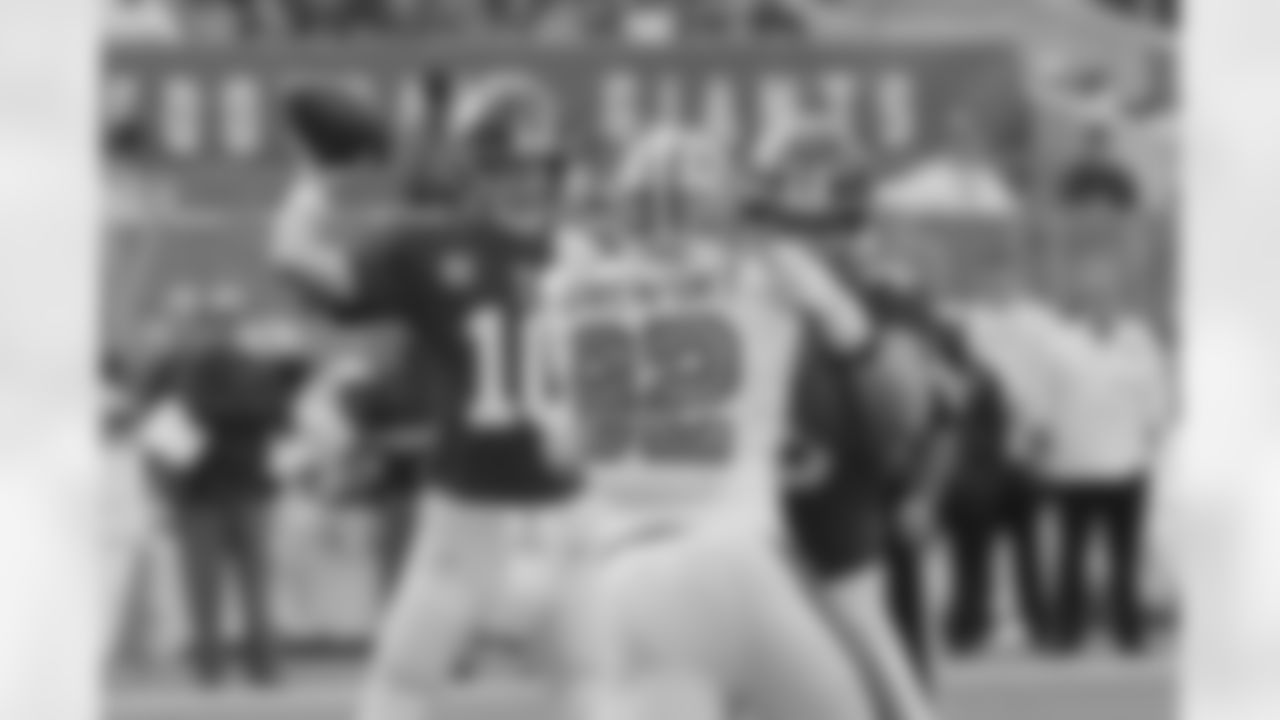
New York Giants quarterback Eli Manning, left, looks to throw during the first half of an NFL football game against the New Orleans Saints, Sunday, Sept. 30, 2018, in East Rutherford, N.J. (AP Photo/Bill Kostroun)
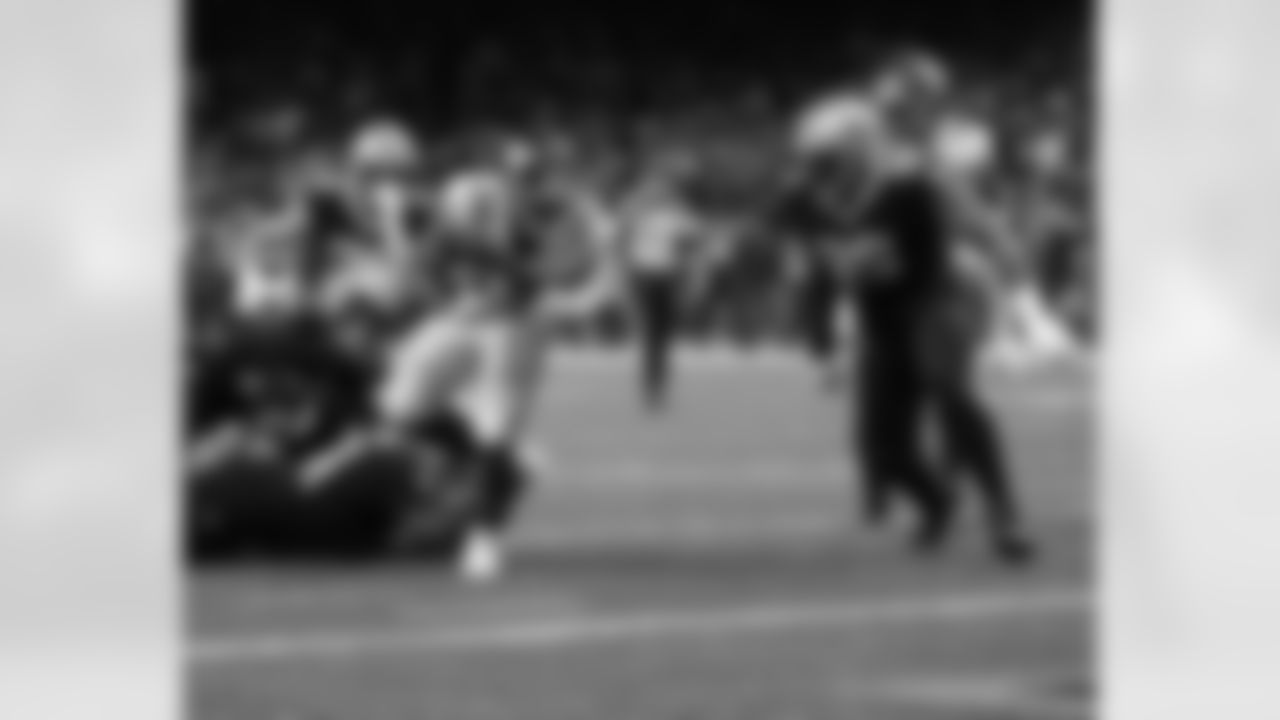
New York Giants running back Saquon Barkley (26) scores the game winning touchdown during a Week 4 football game against the New Orleans Saints on Sunday October 3, 2021 in New Orleans, Louisiana
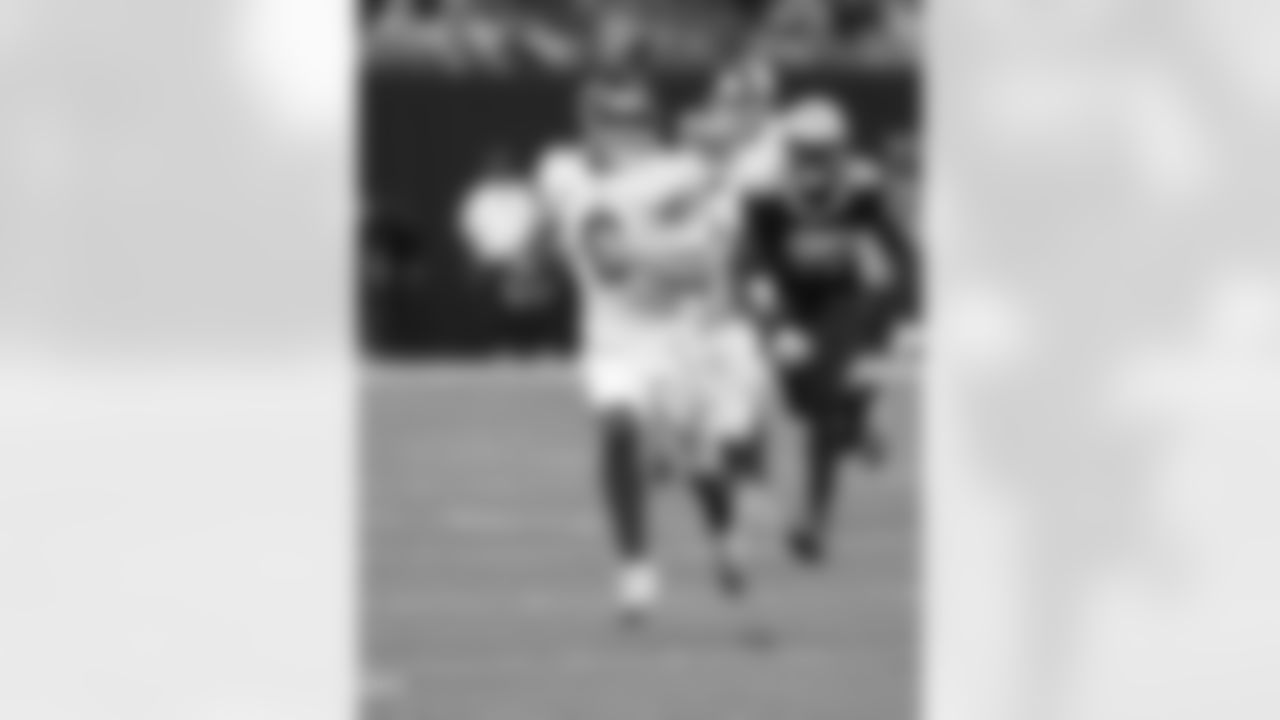
New York Giants quarterback Daniel Jones (8) runs with the ball during a Week 4 football game against the New Orleans Saints on Sunday October 3, 2021 in New Orleans, Louisiana
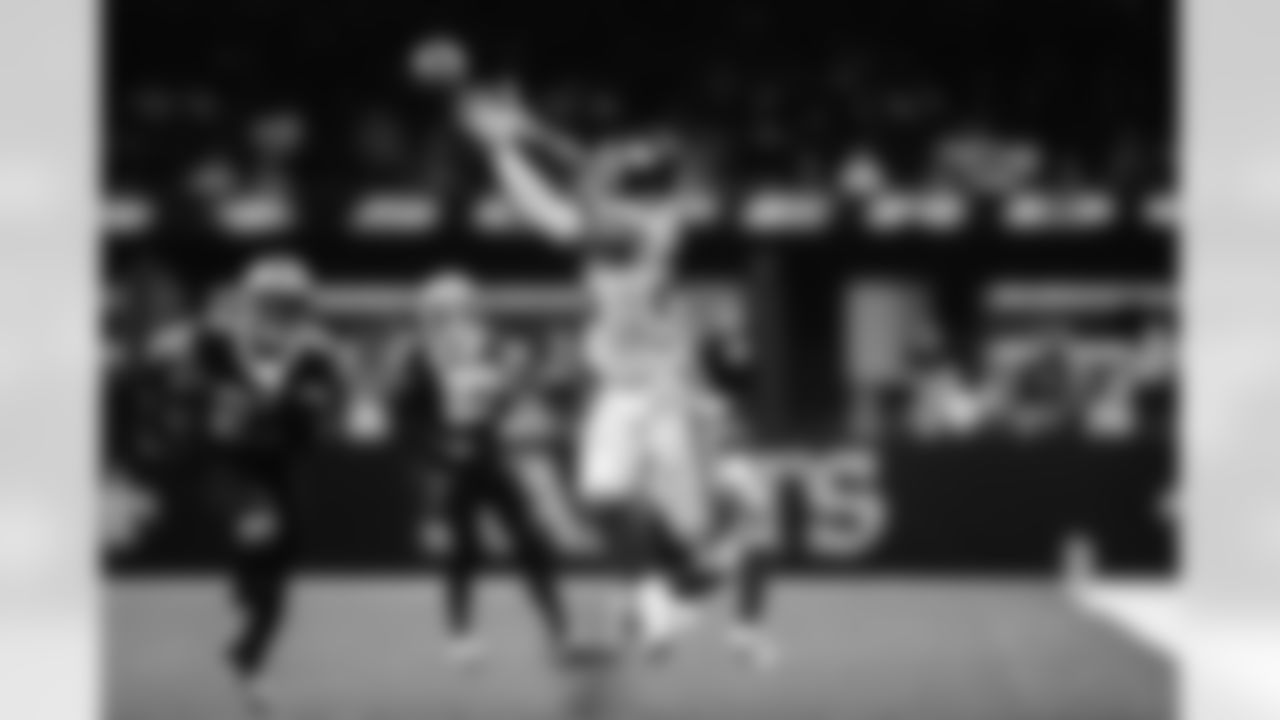
Saquon Barkley (26)
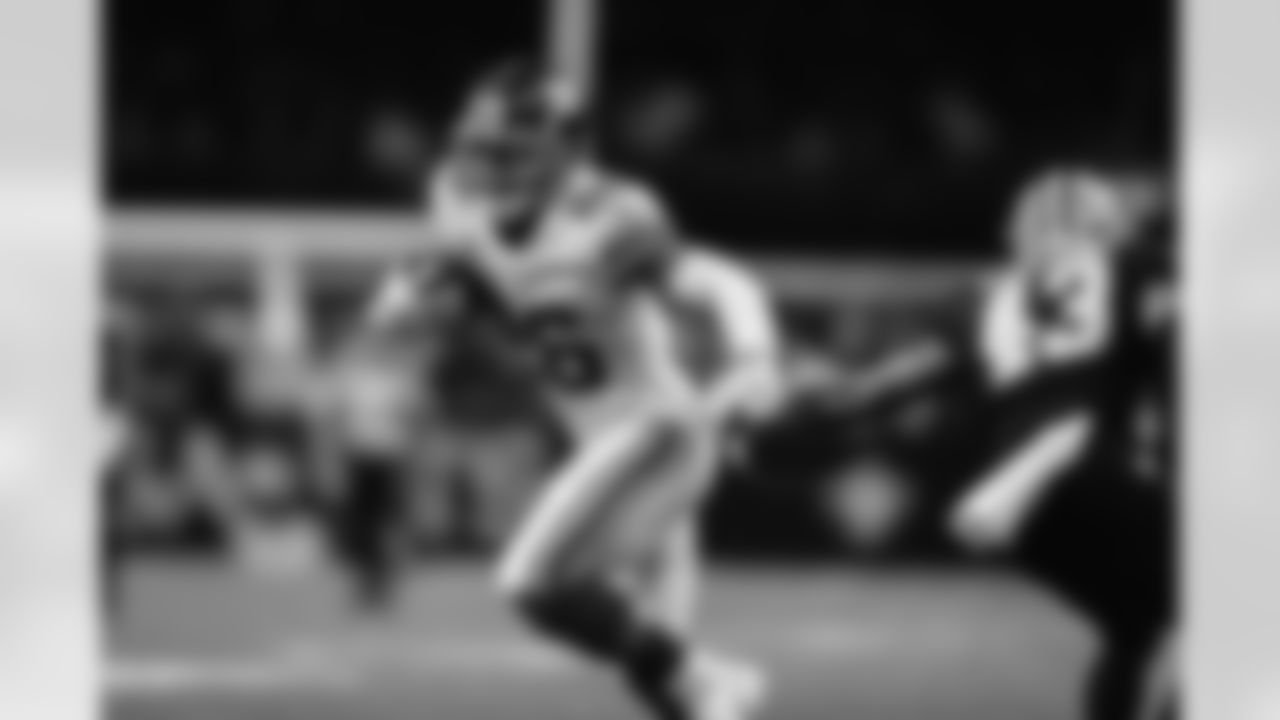
Saquon Barkley (26)
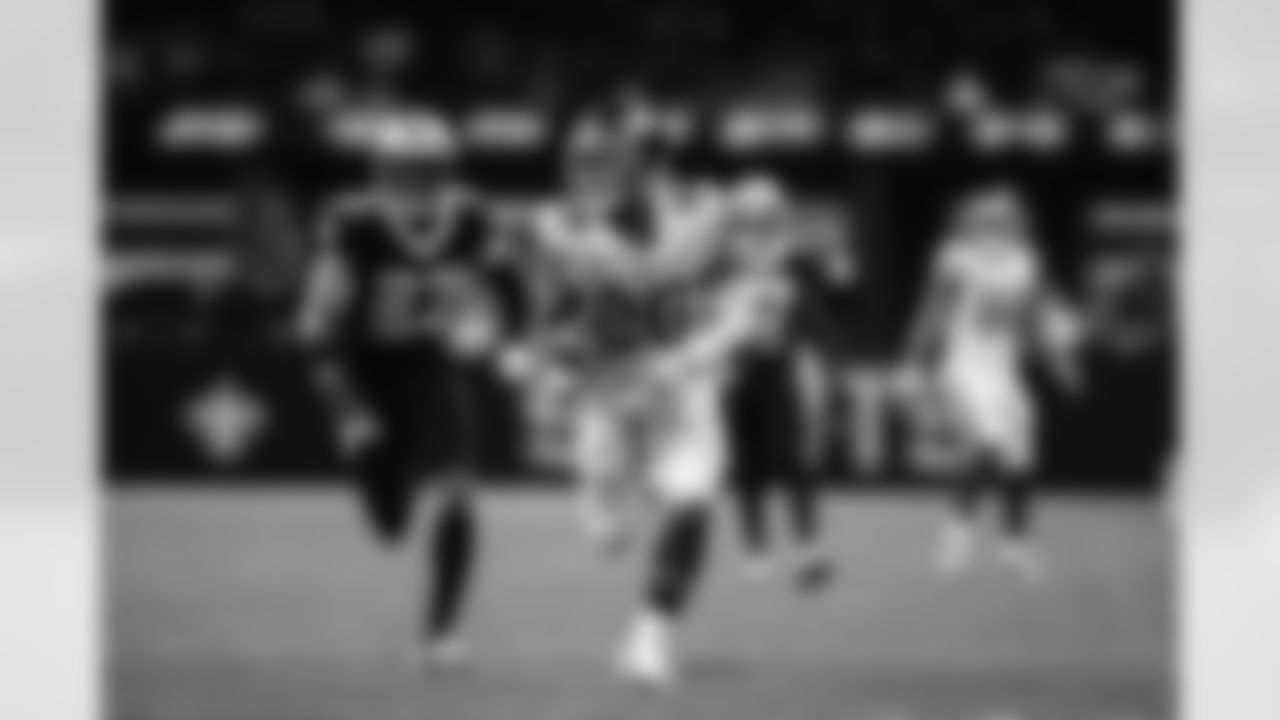
Saquon Barkley (26)
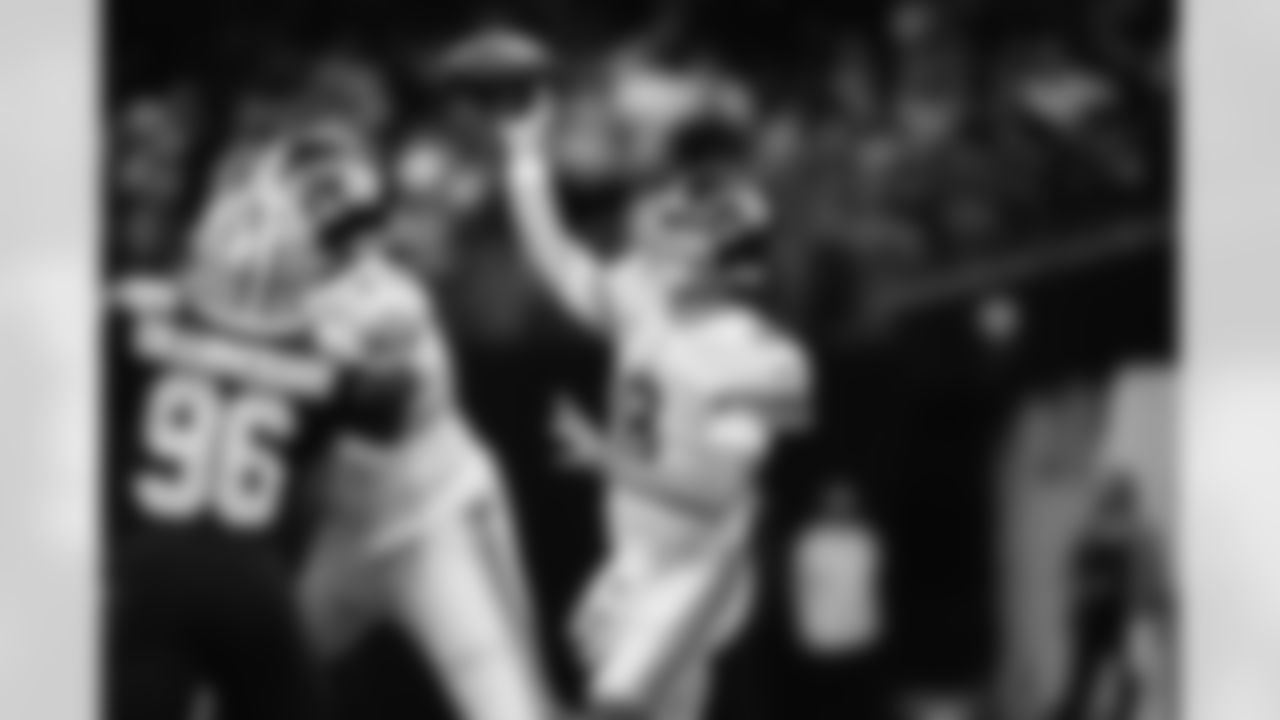
Daniel Jones (8)
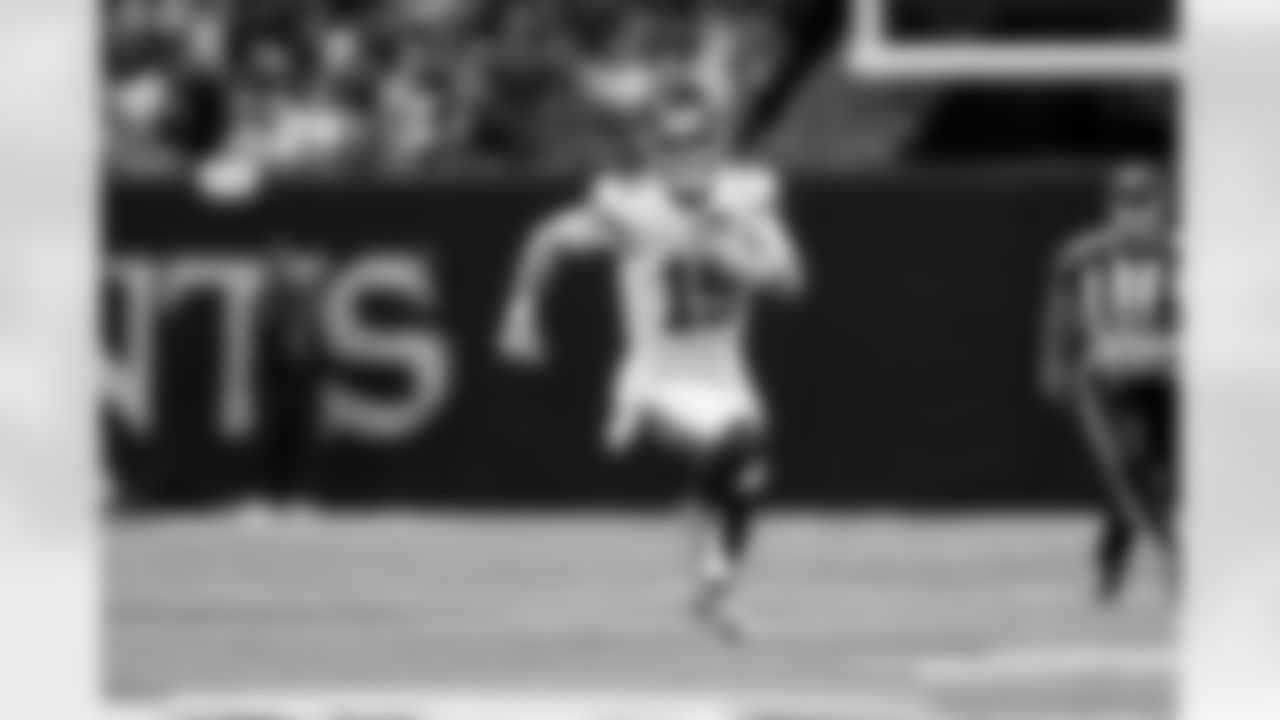
QB Tommy DeVito (15)
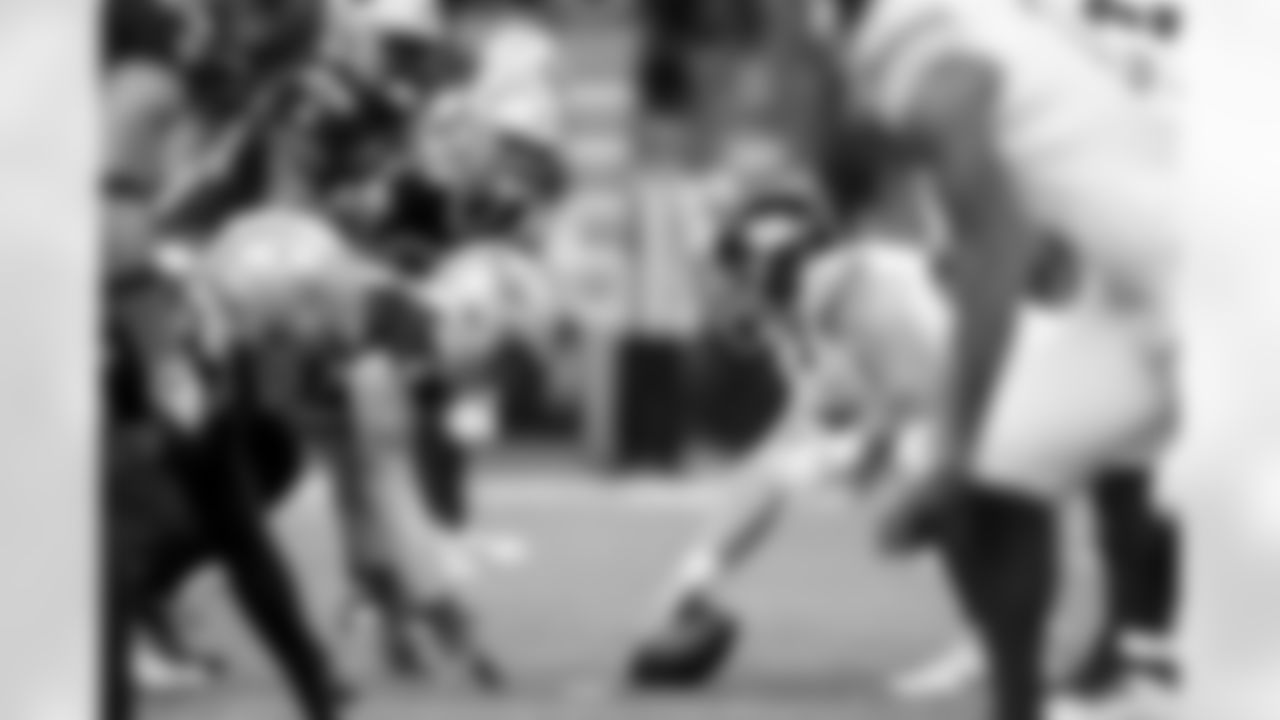
C John Michael Schmitz Jr. (61)
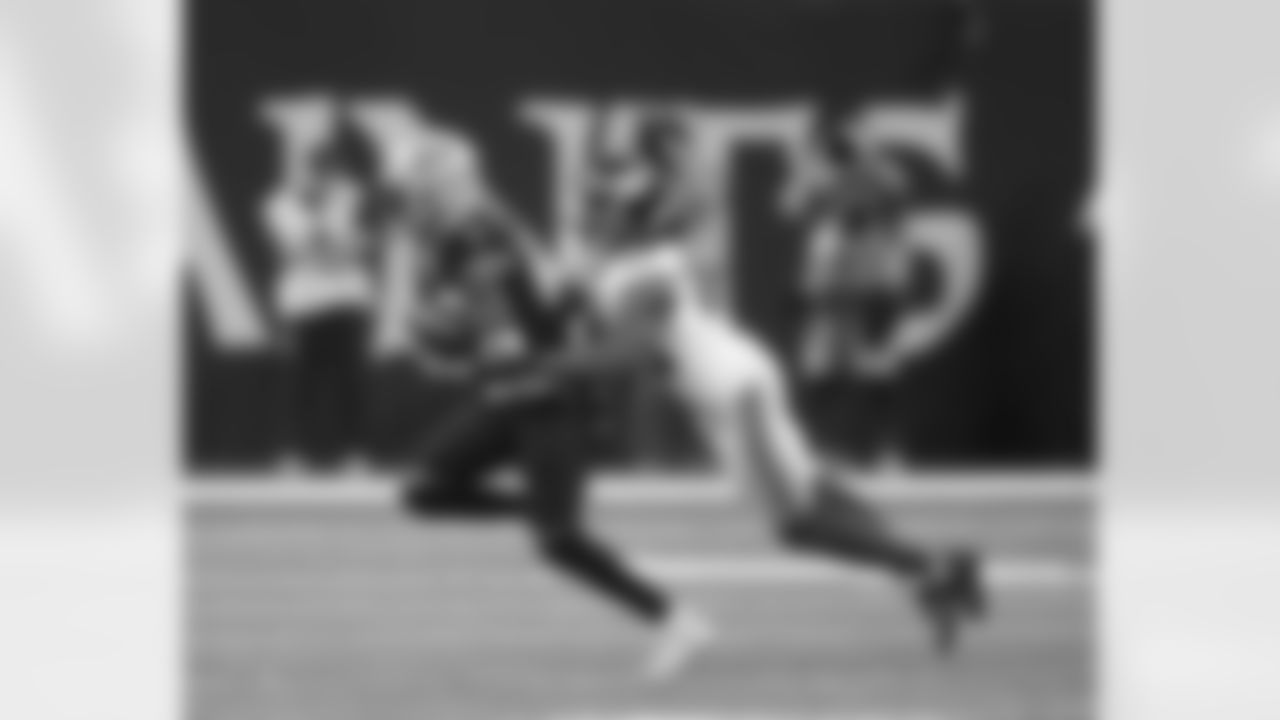
New York Giants cornerback Deonte Banks (25) during a week 15 NFL football game against the New Orleans Saints, Sunday, December 17, 2023 in New Orleans, Louisiana (Evan Pinkus / New York Giants)
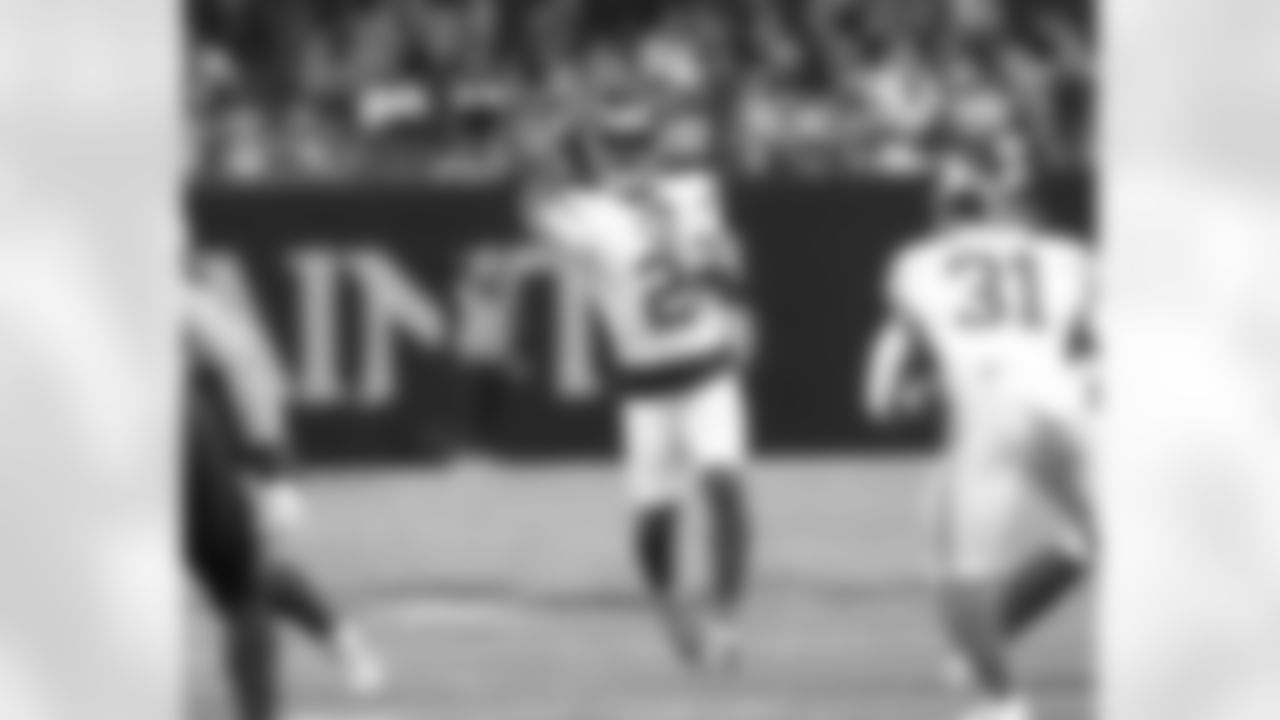
New York Giants quarterback Tyrod Taylor (2) during a week 15 NFL football game against the New Orleans Saints, Sunday, December 17, 2023 in New Orleans, Louisiana (Evan Pinkus / New York Giants)
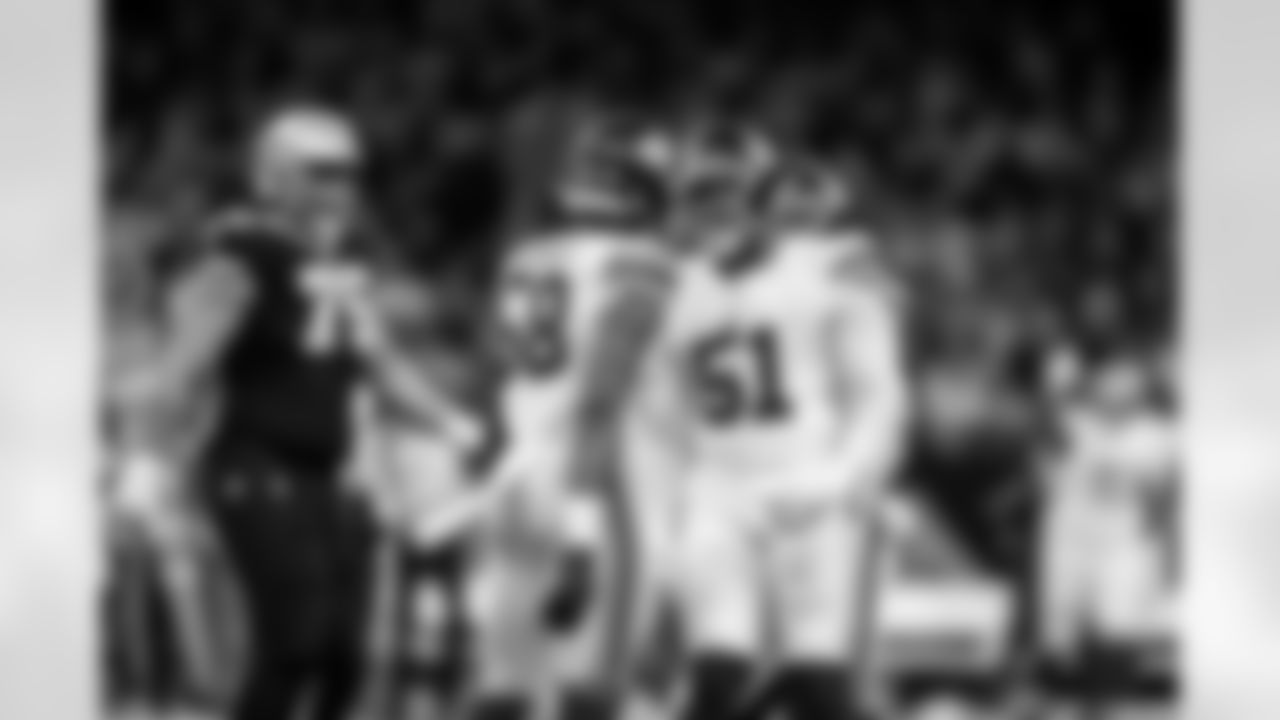
ILB Bobby Okereke (58), OLB Azeez Ojulari (51)

Single Game Tickets
A limited number of Giants 2021 single game tickets are on sale now



